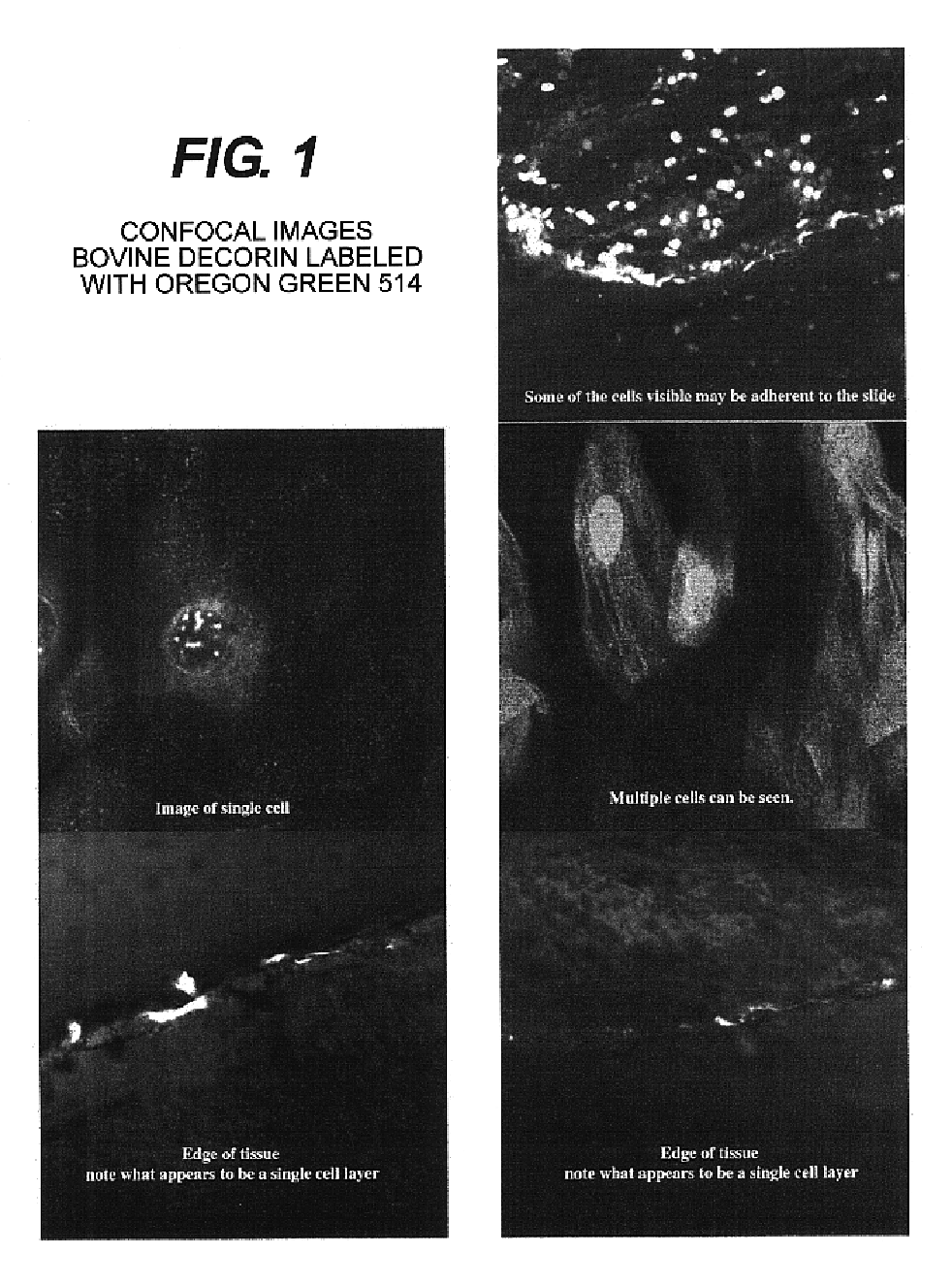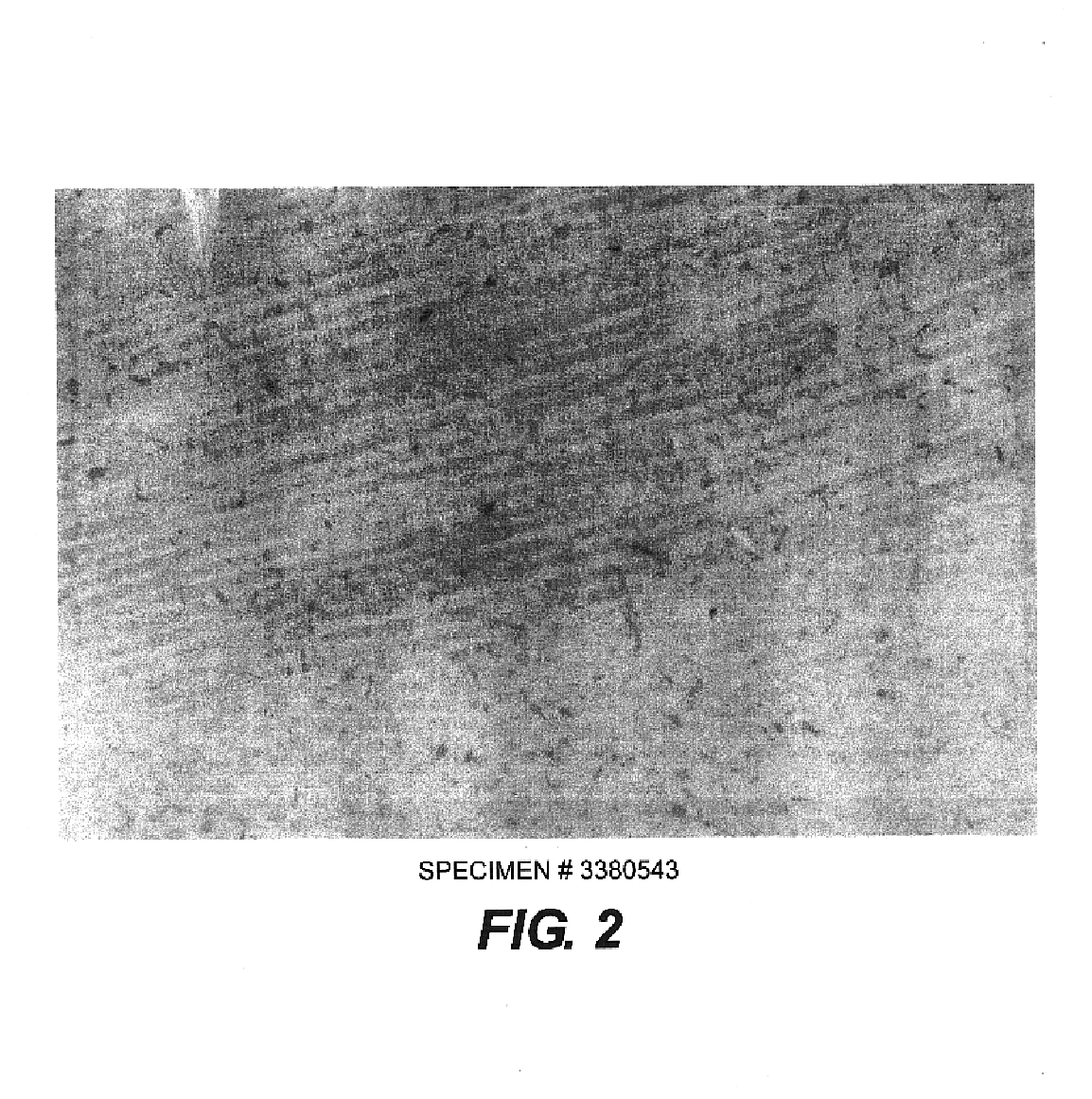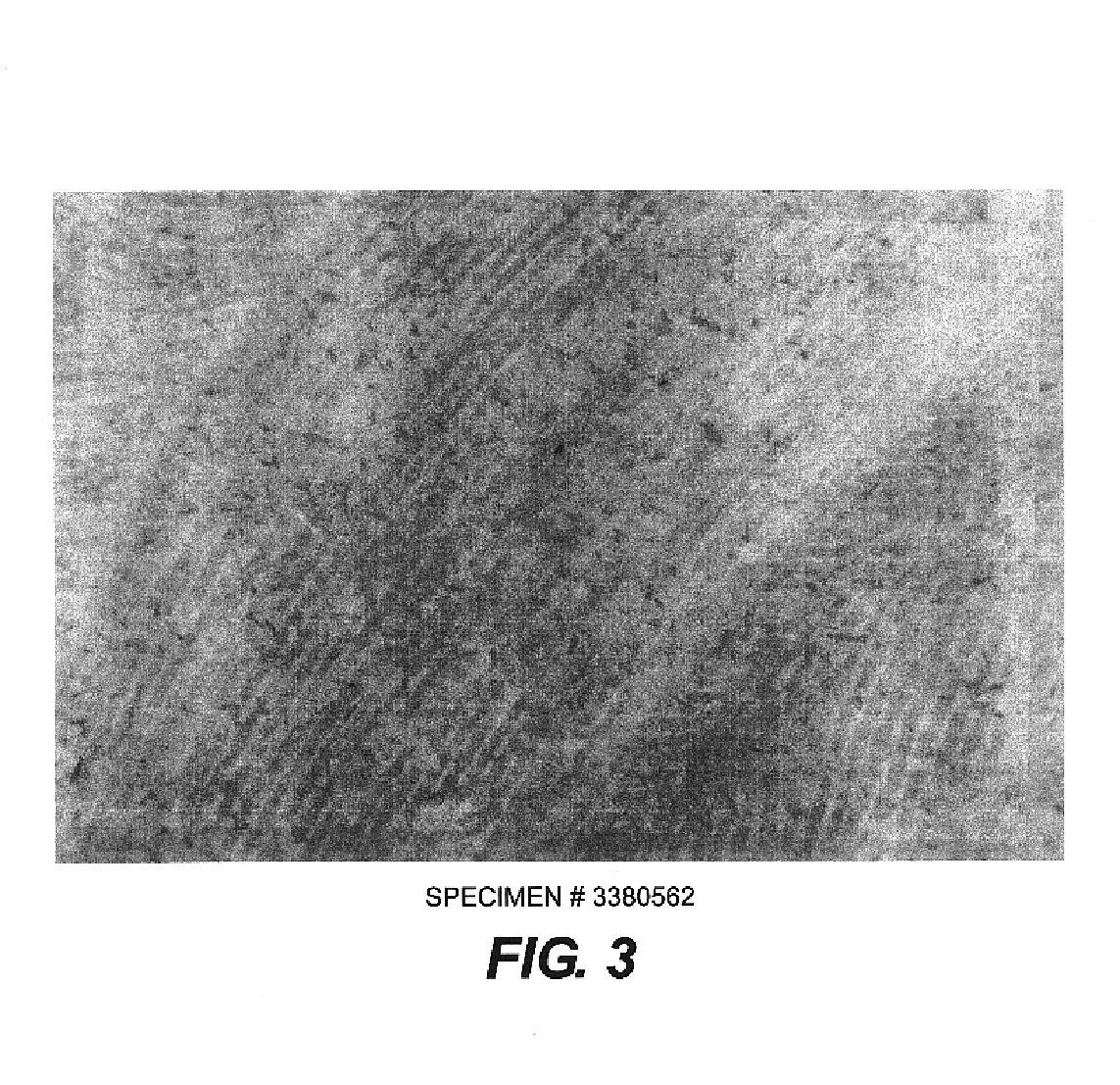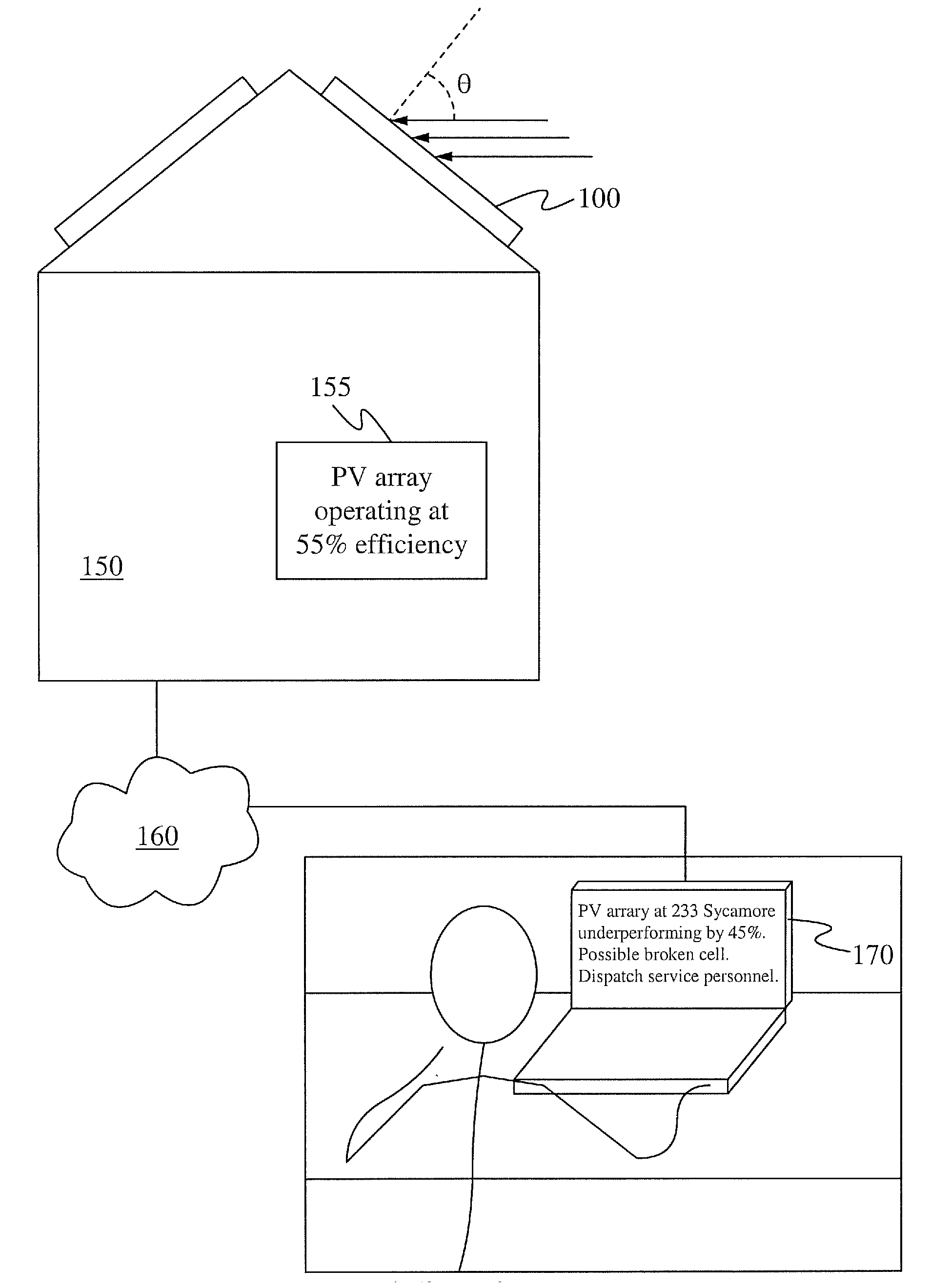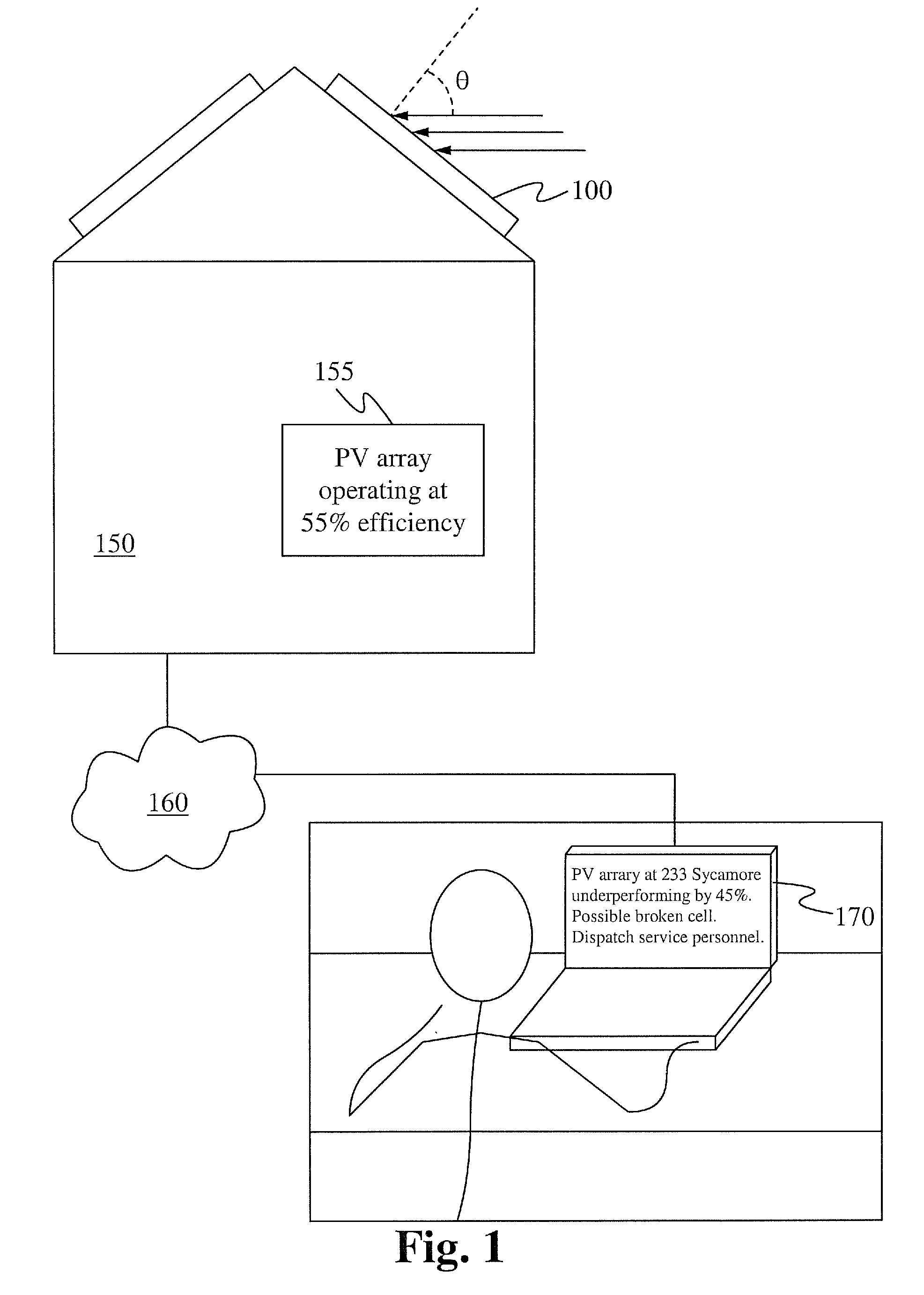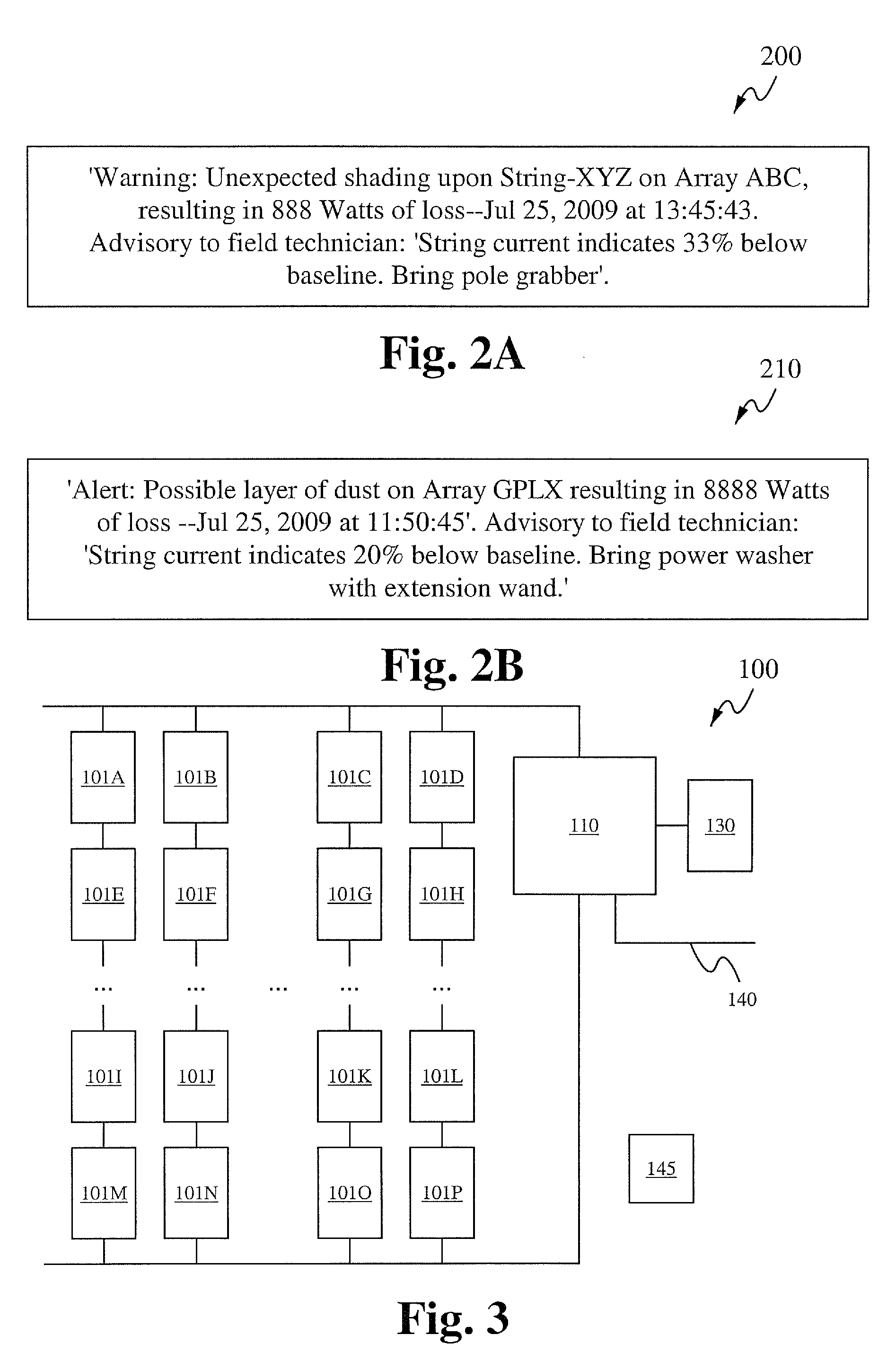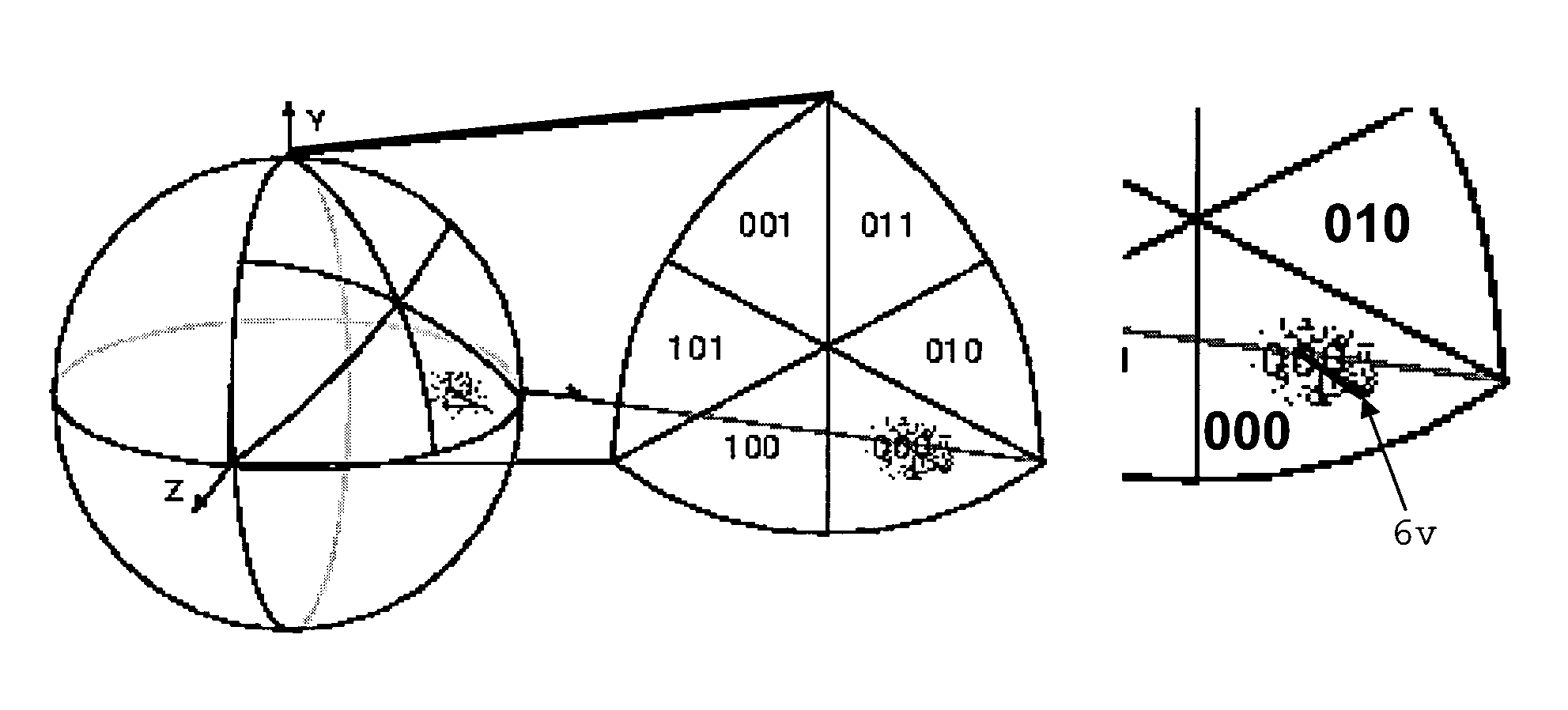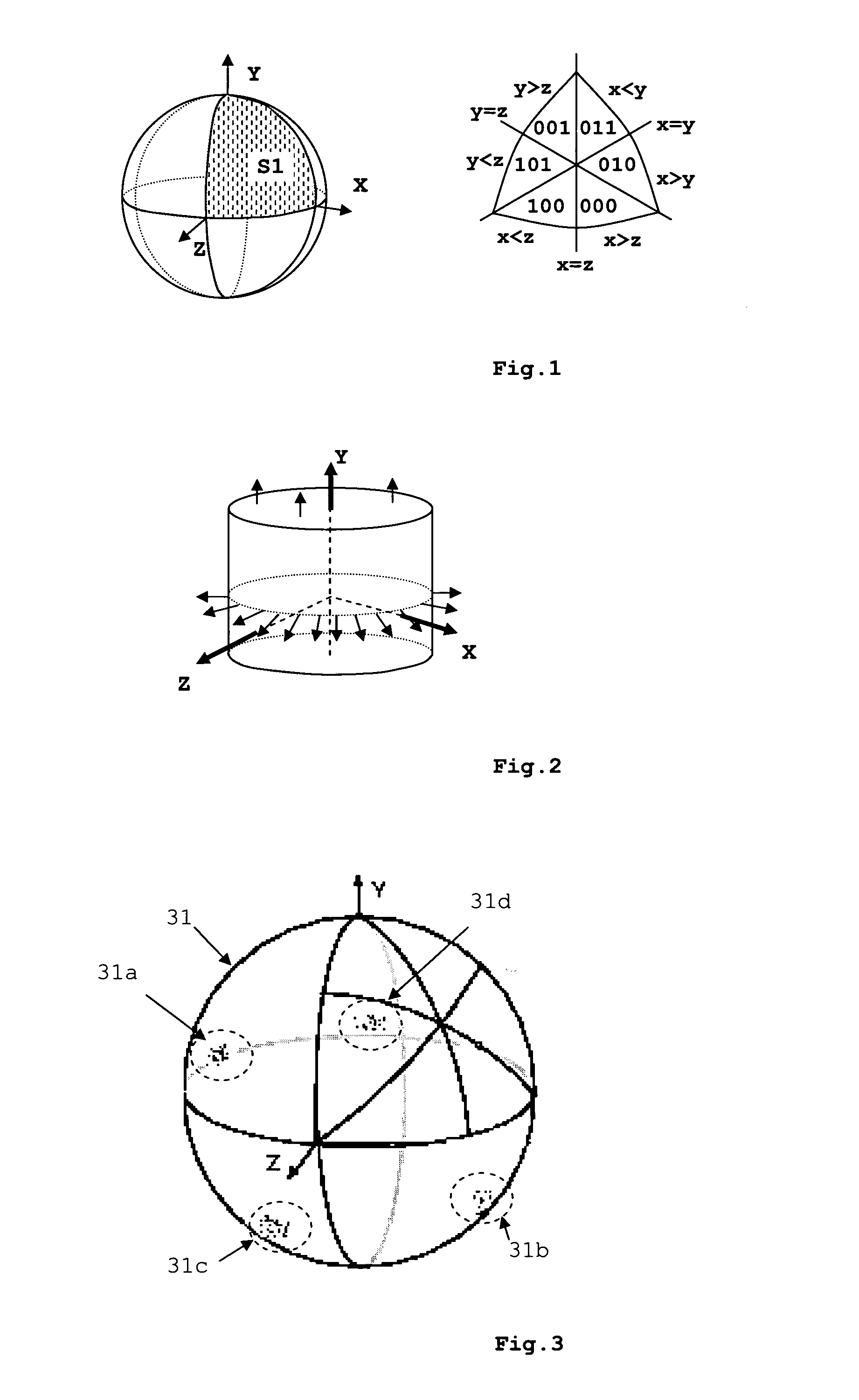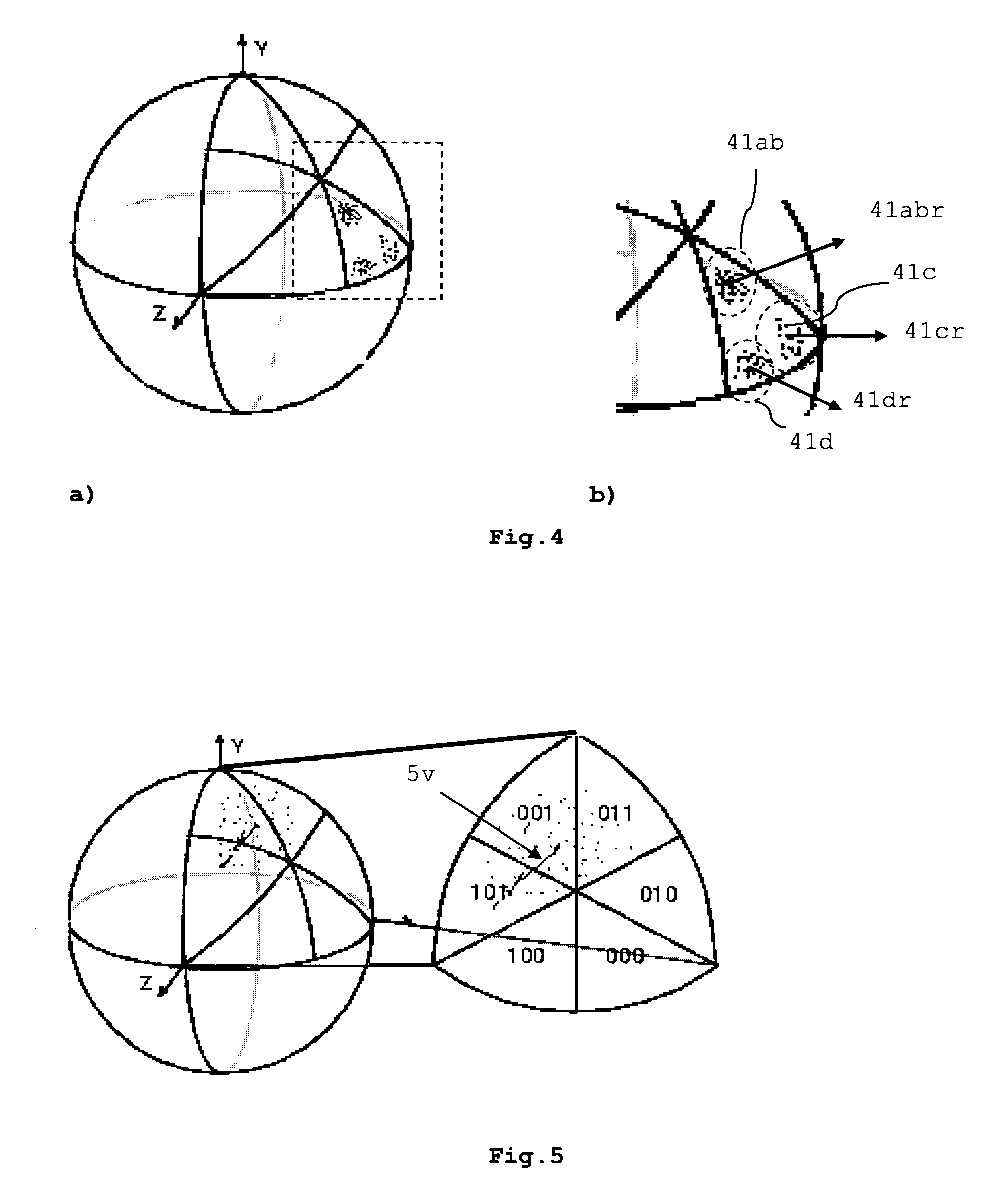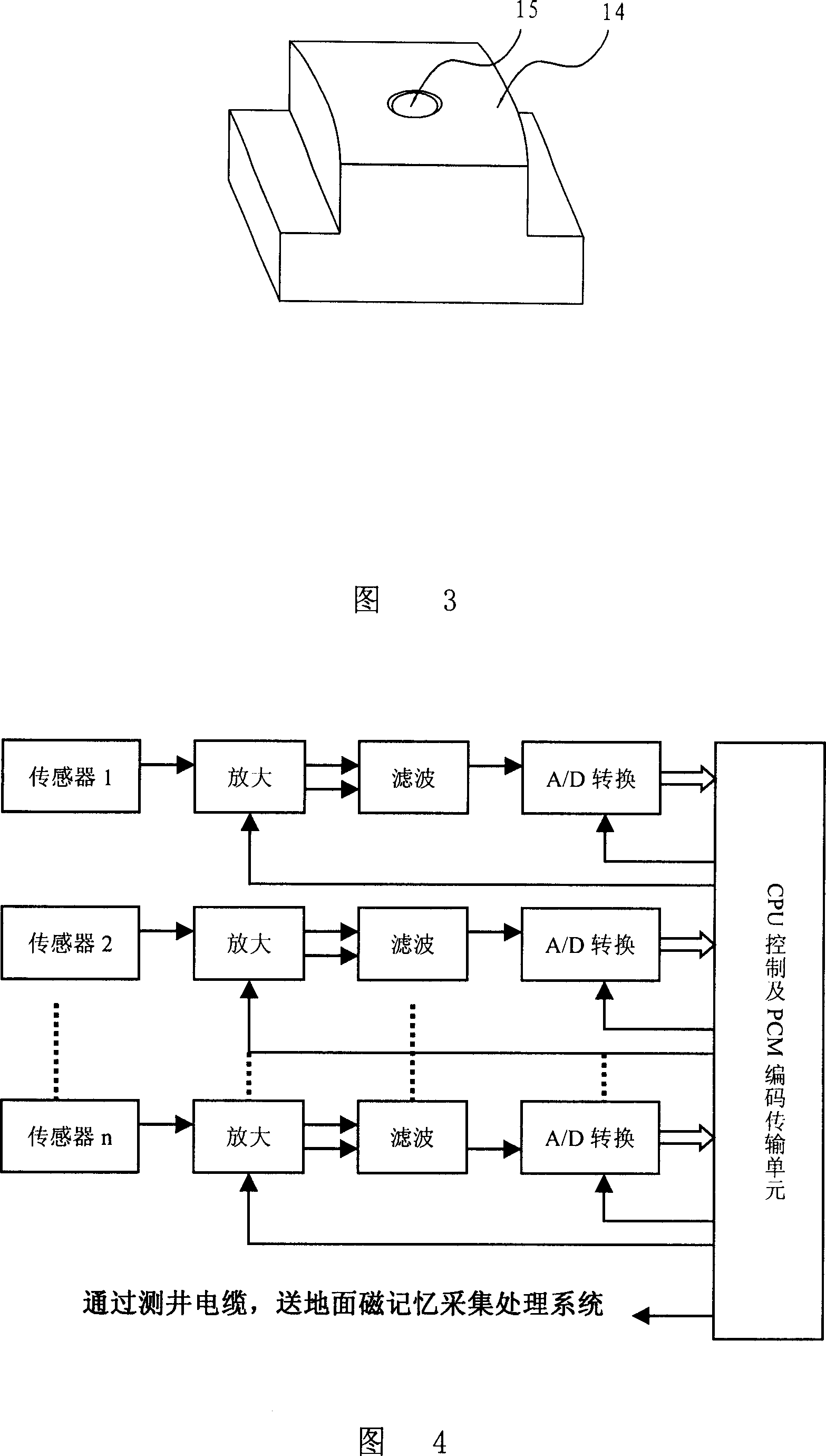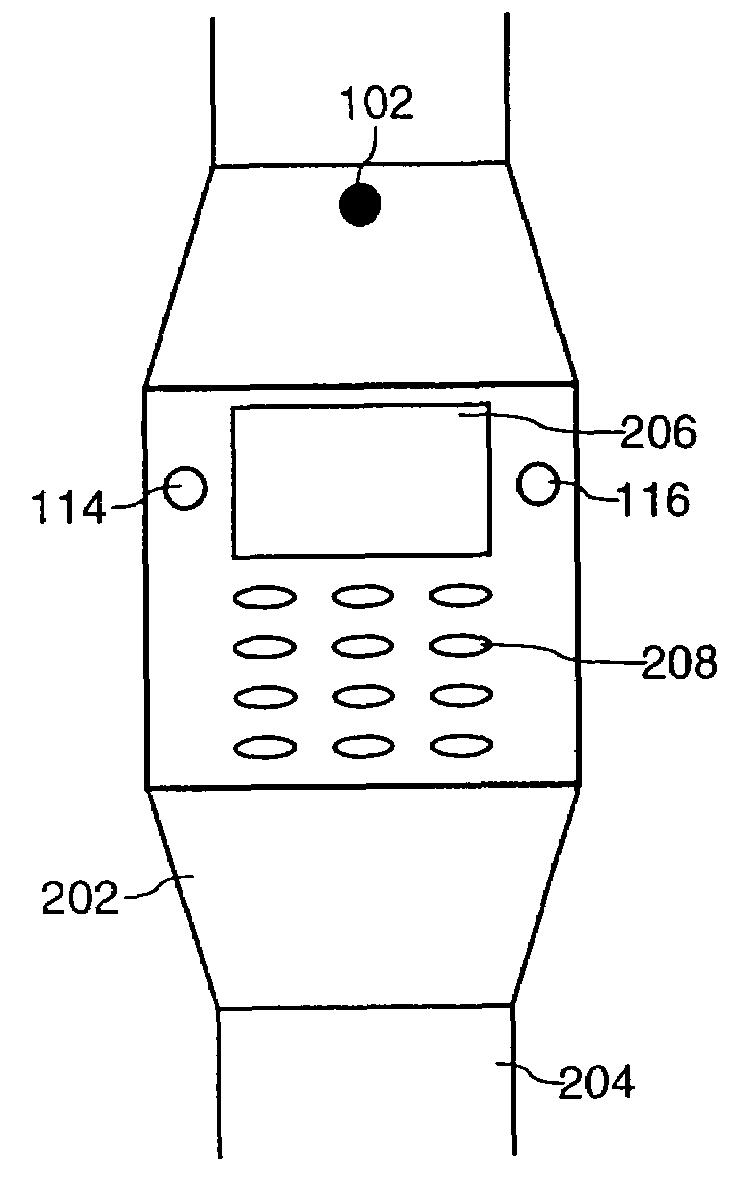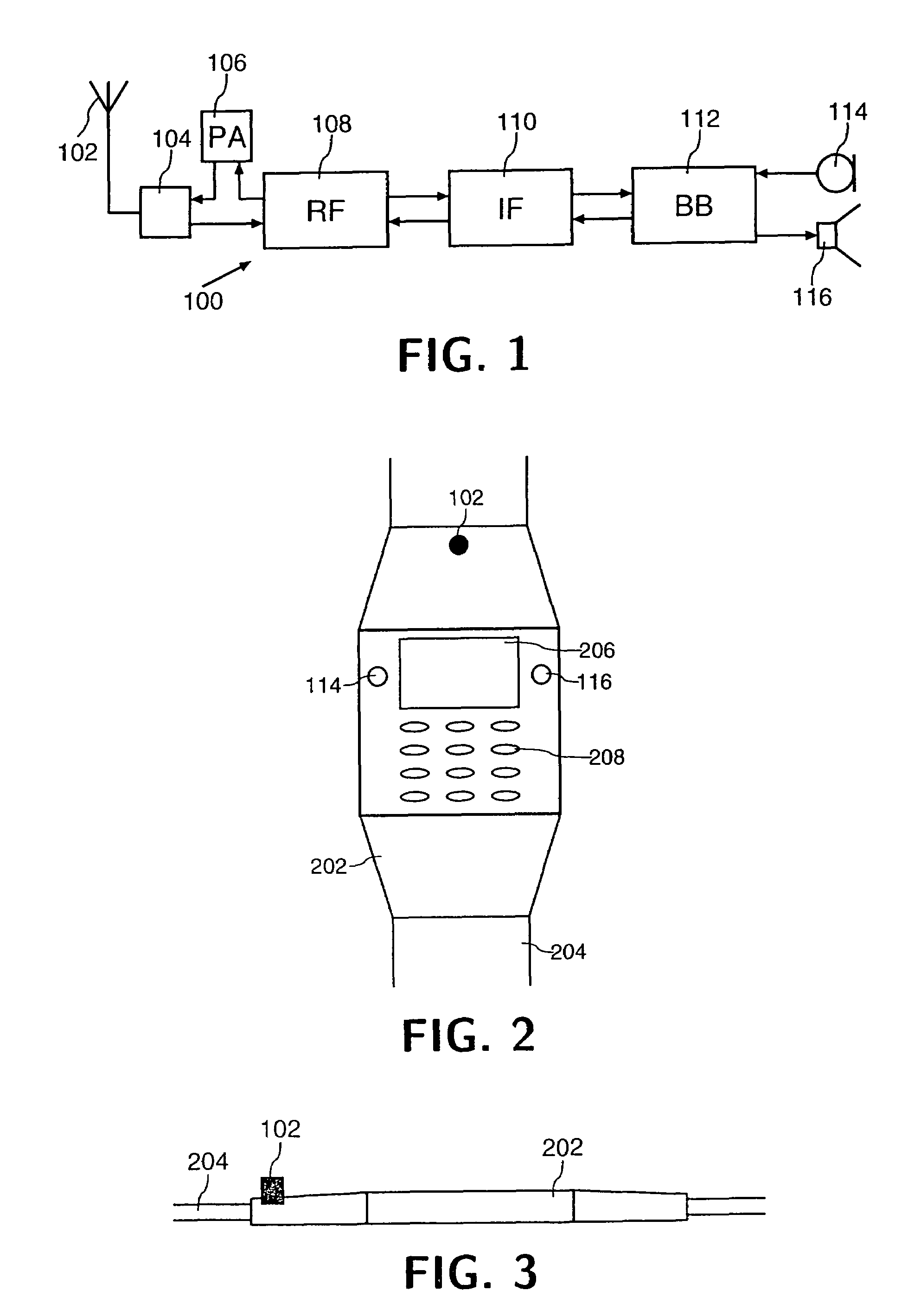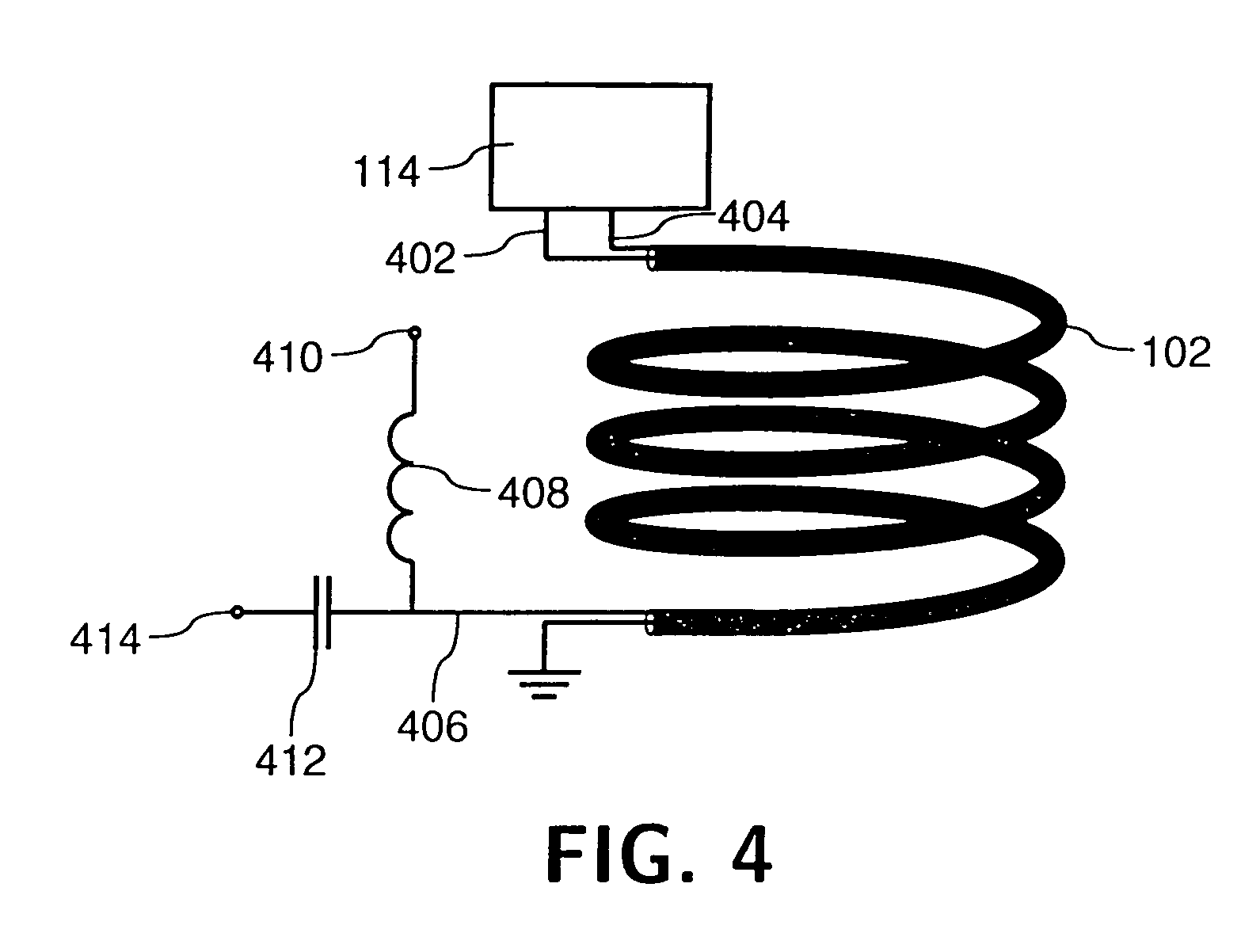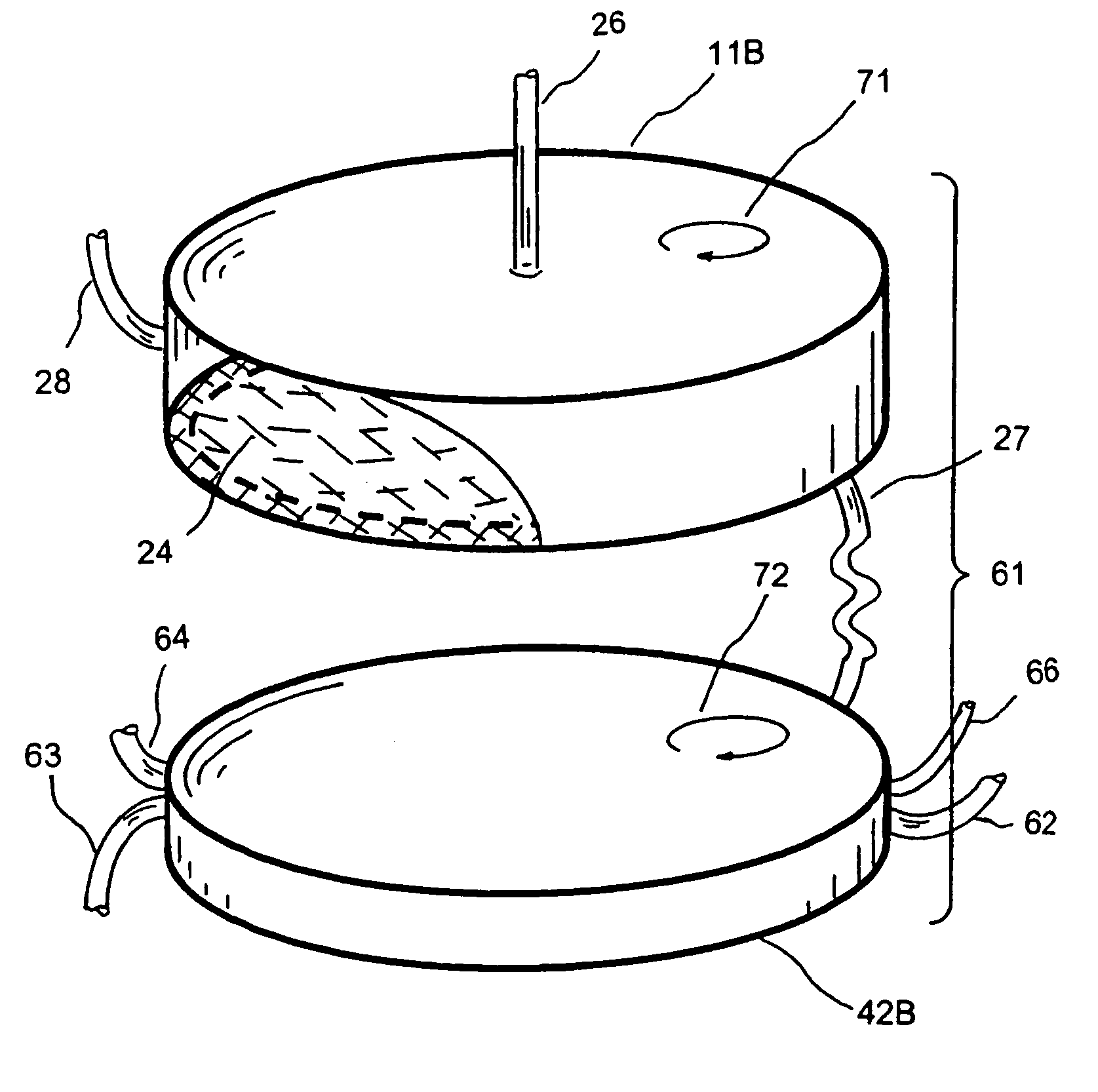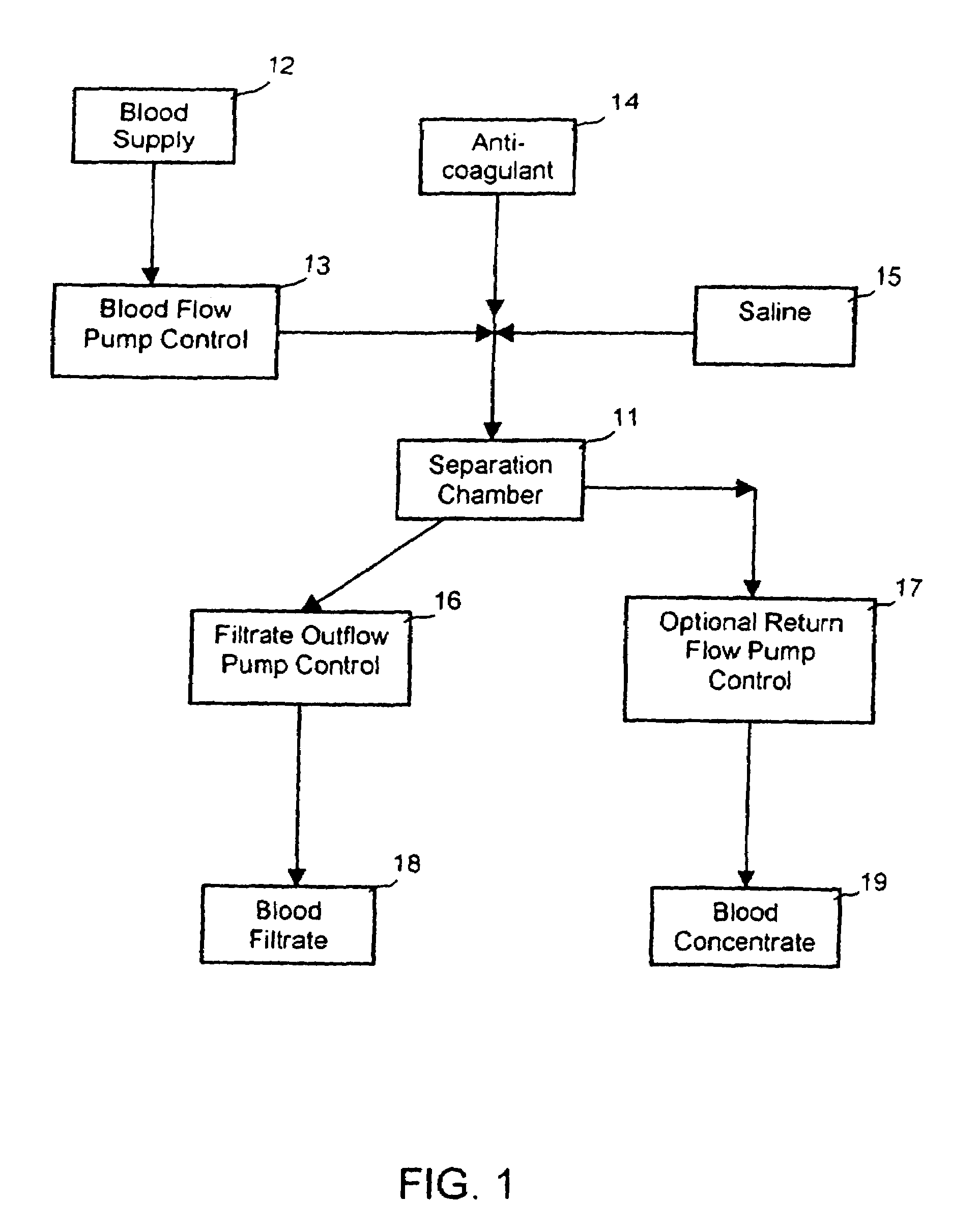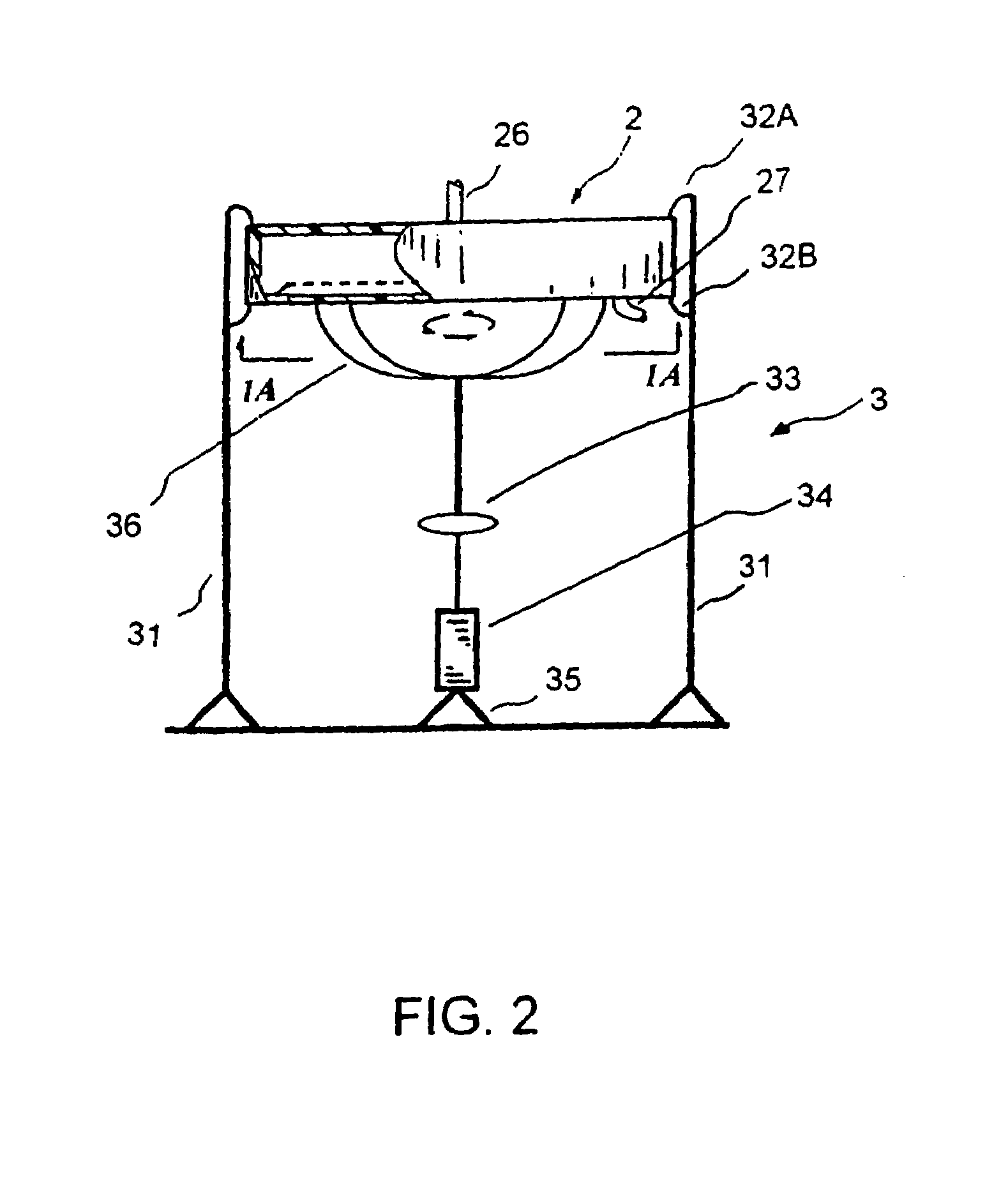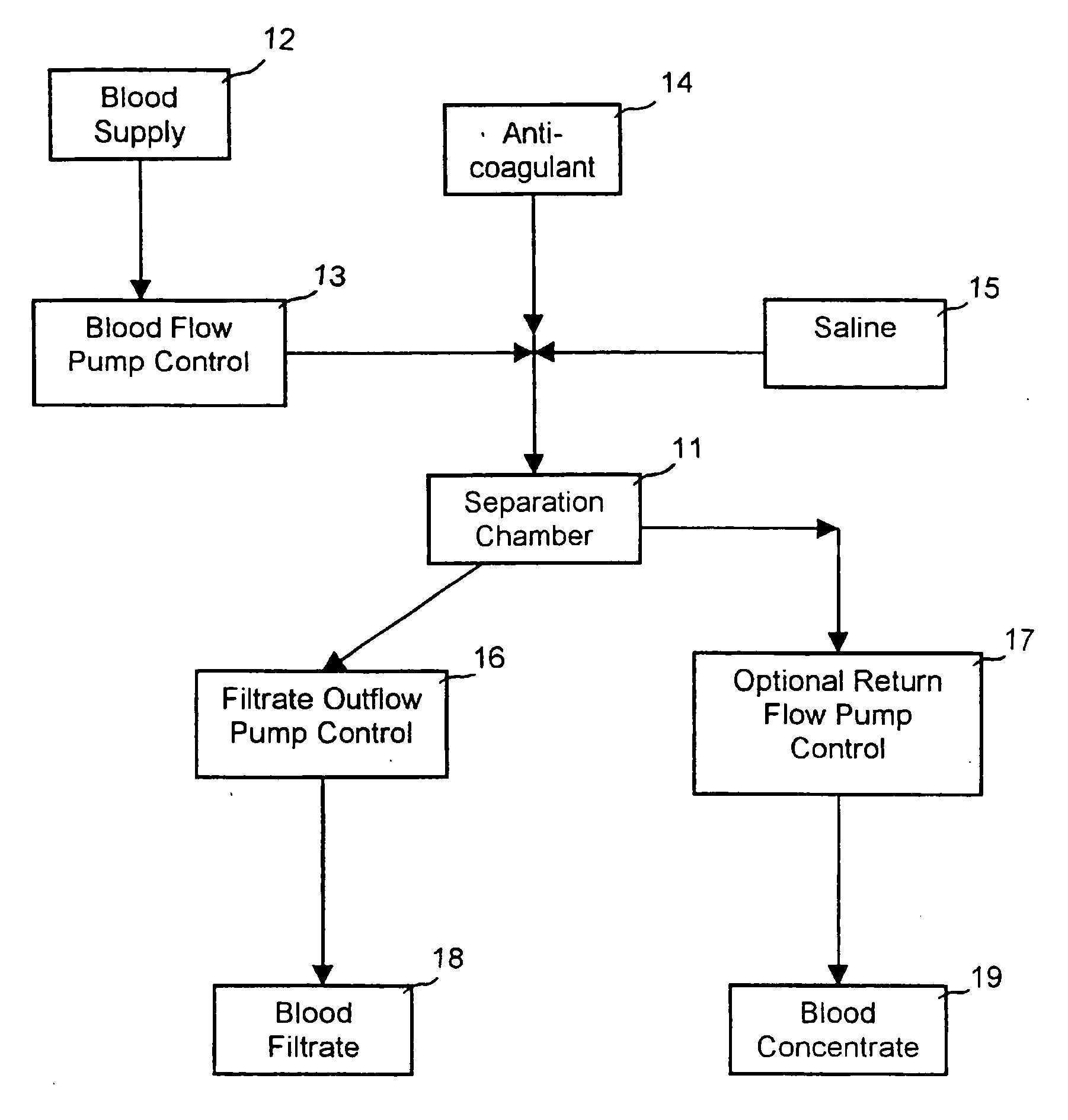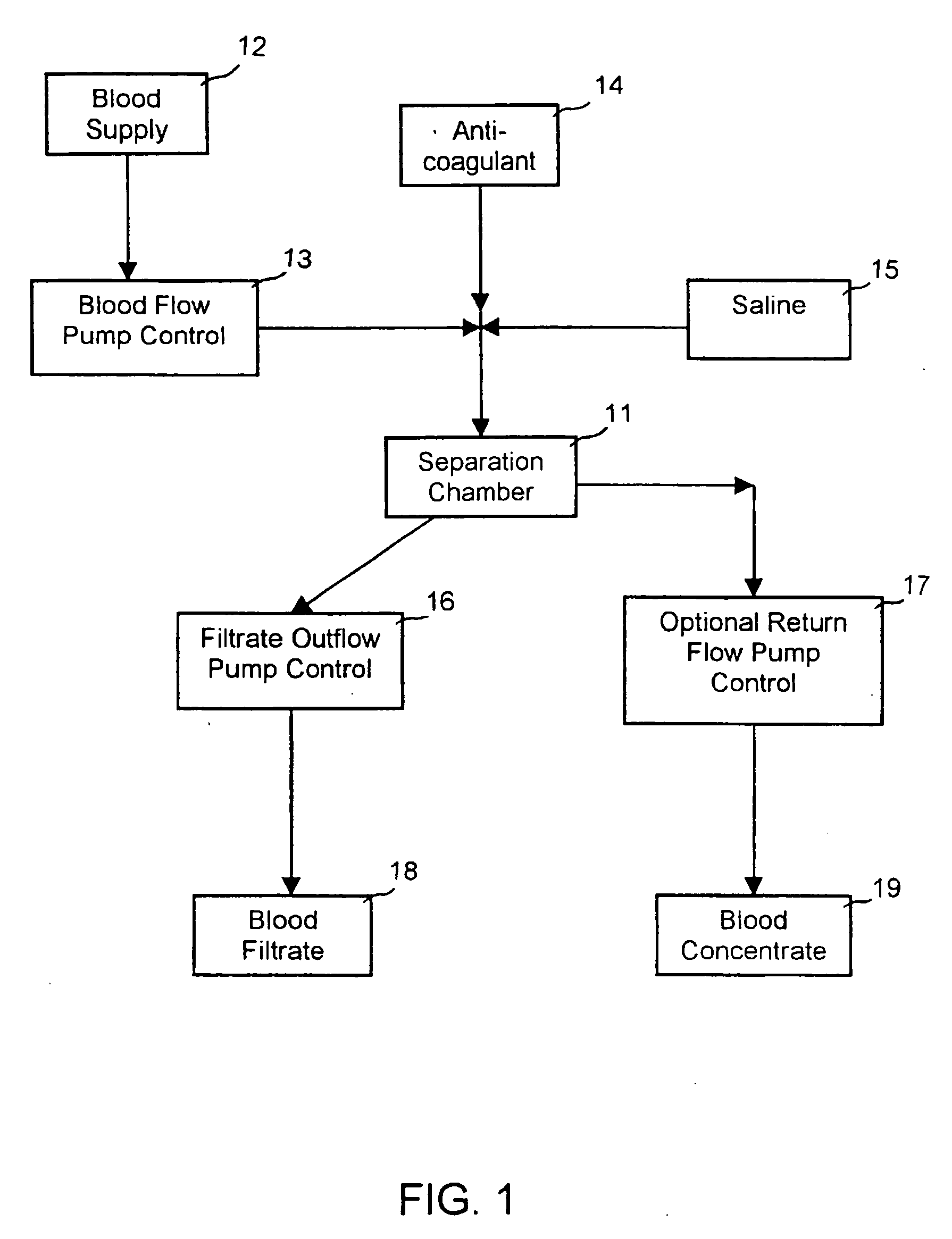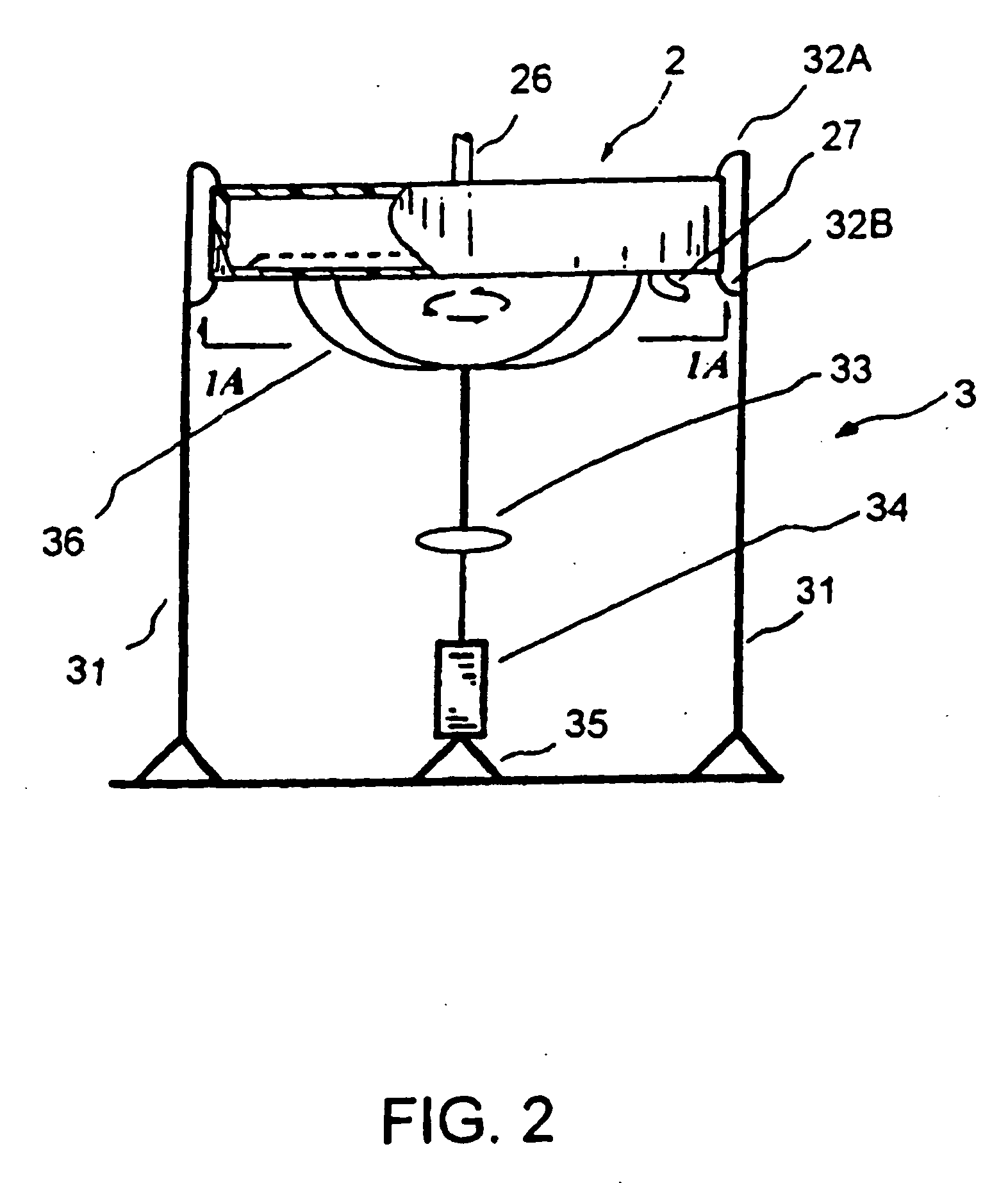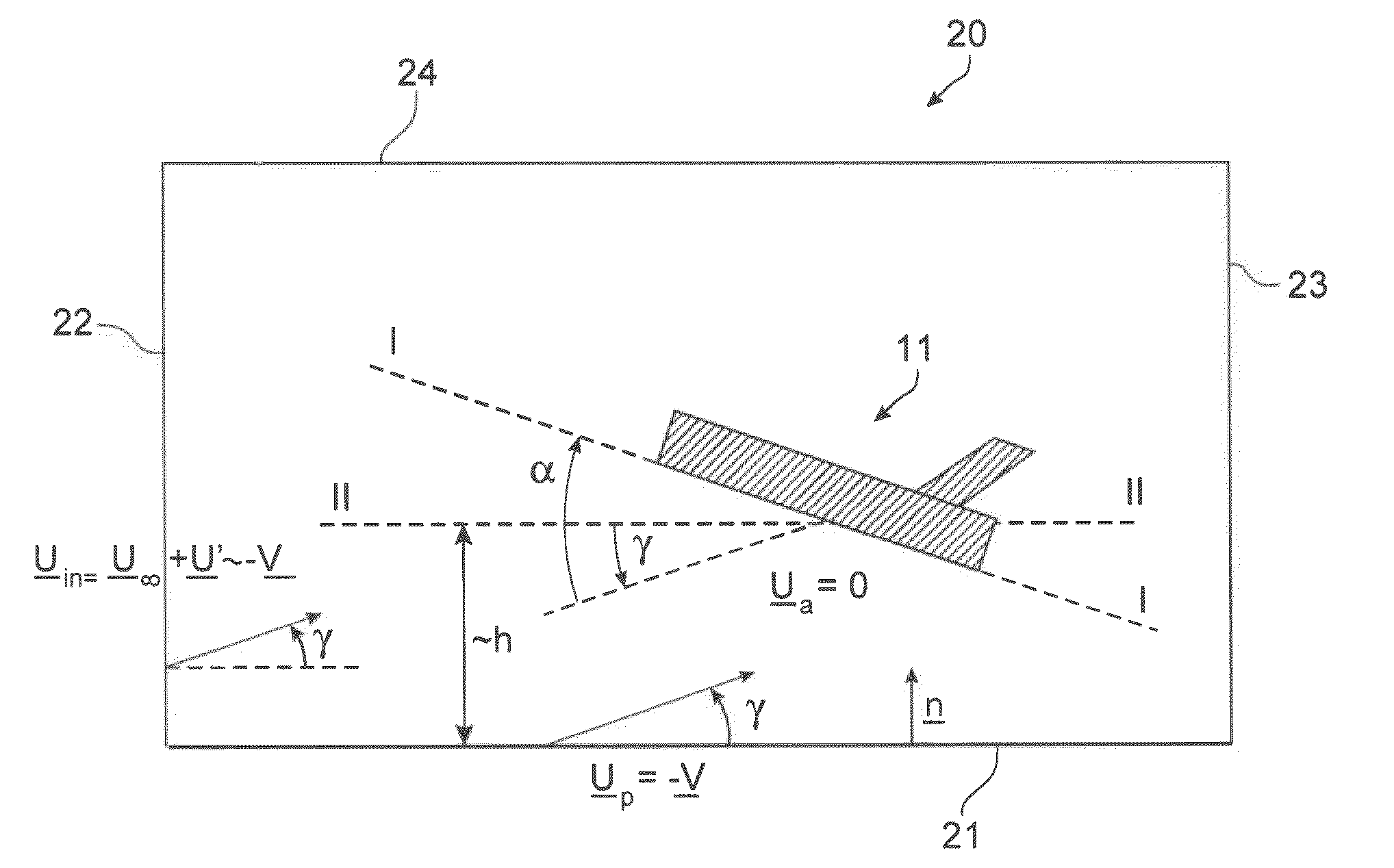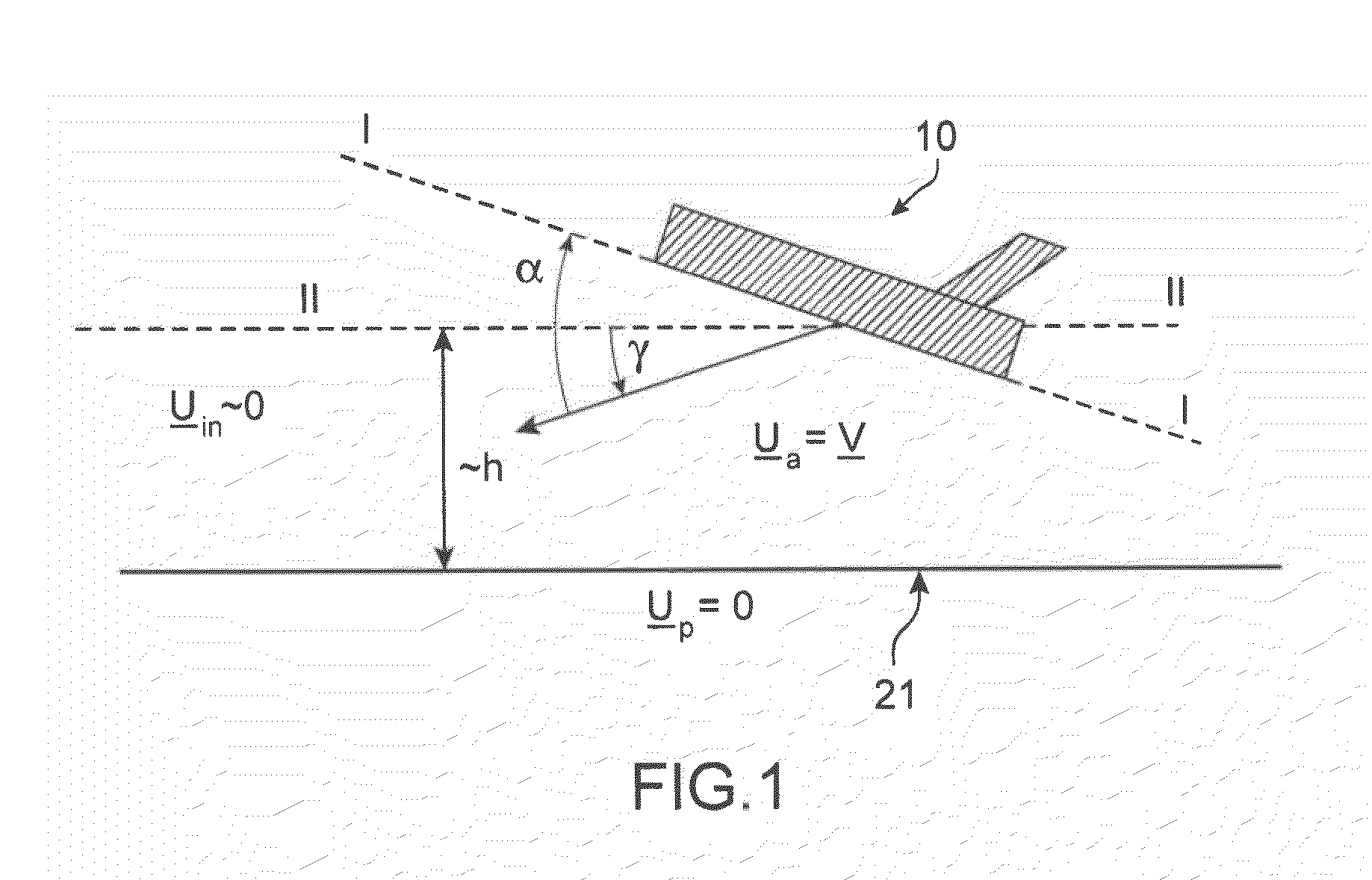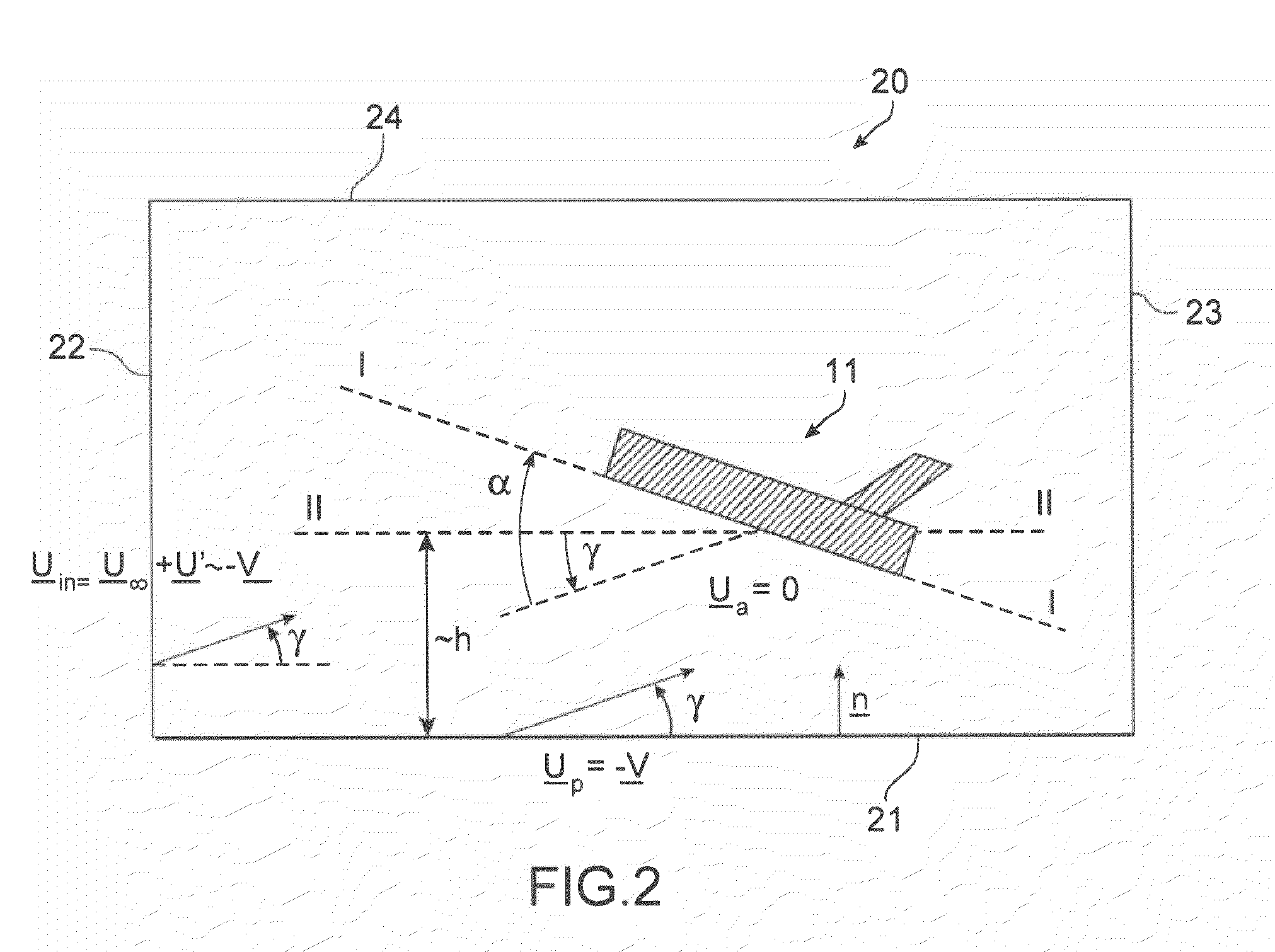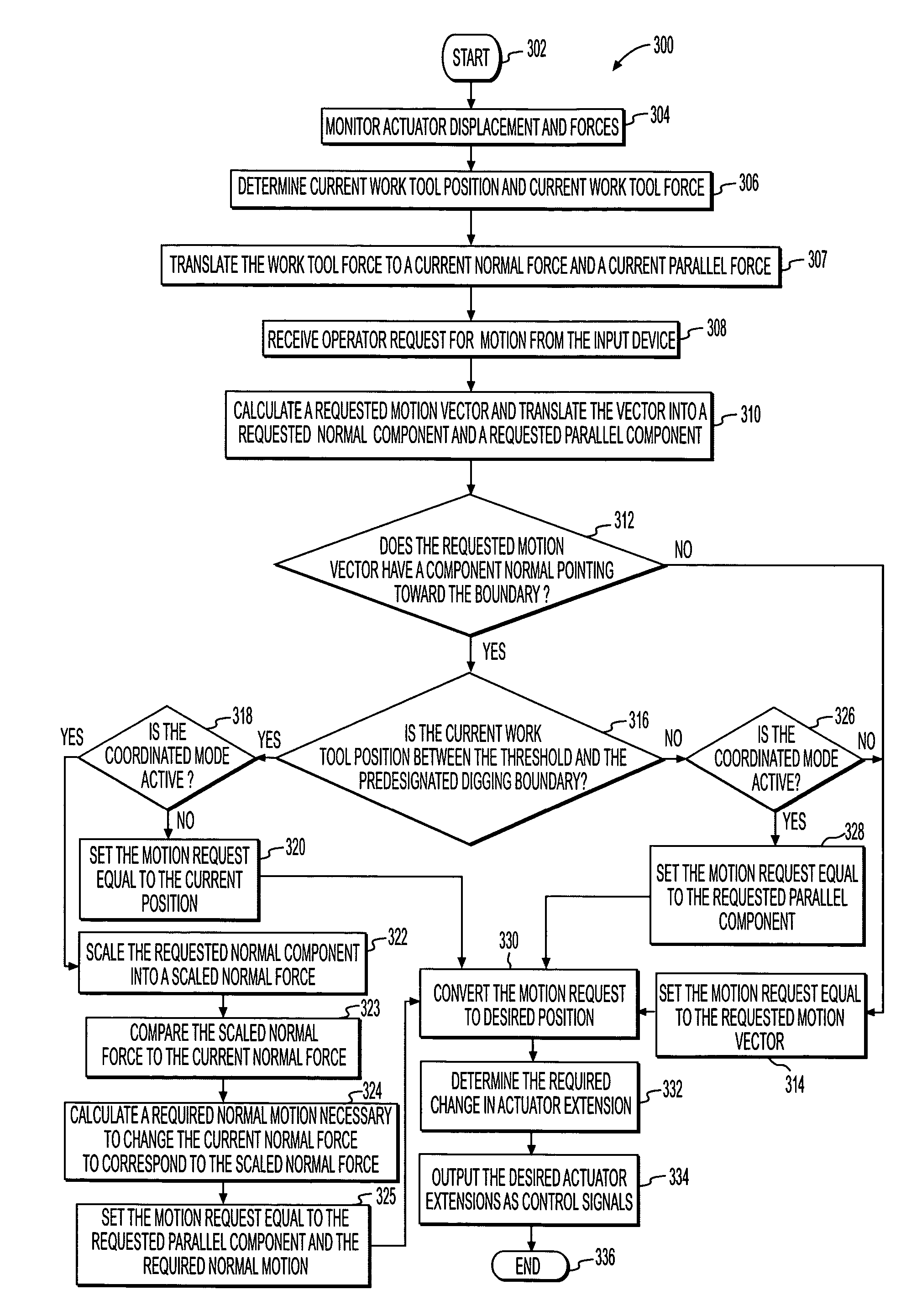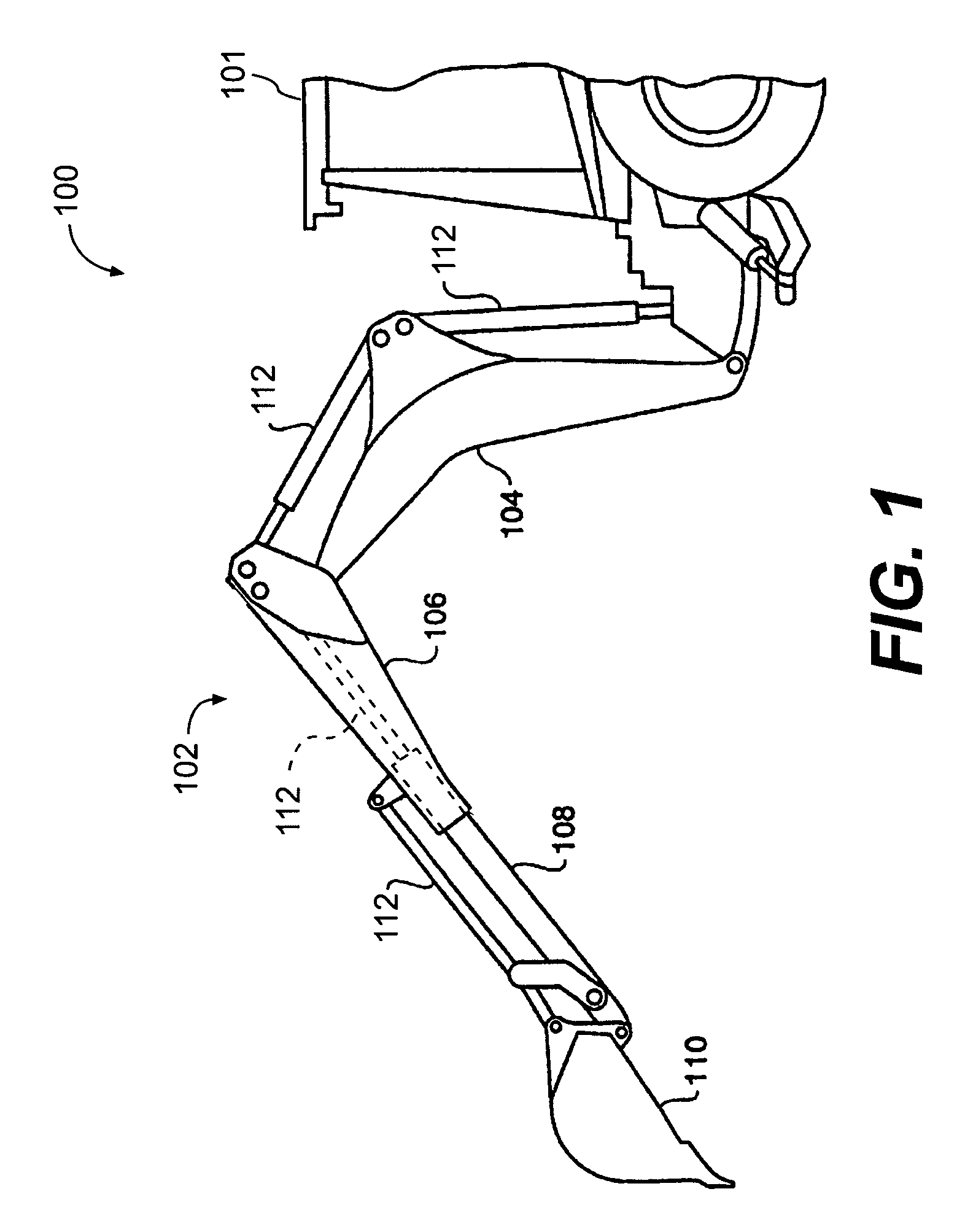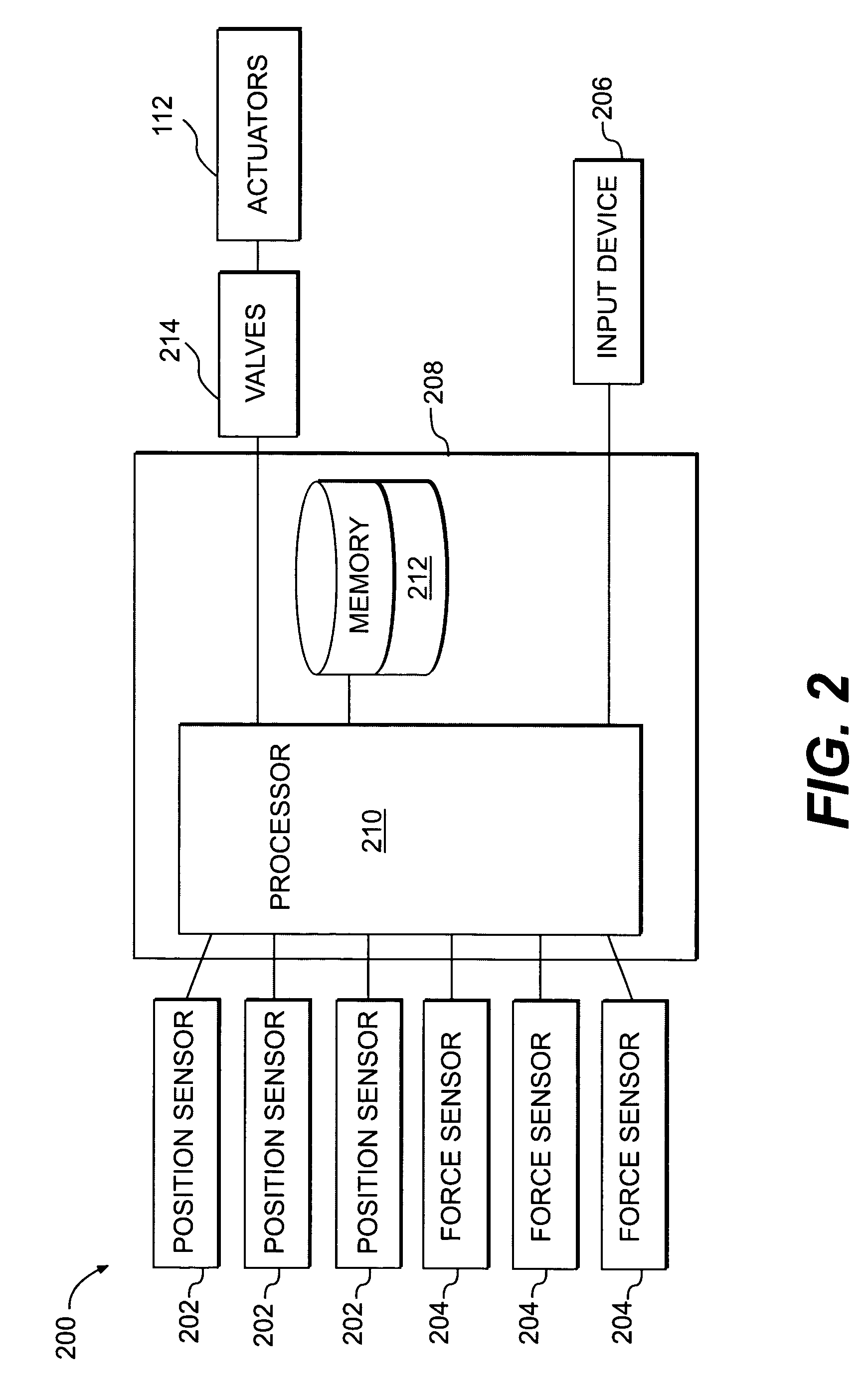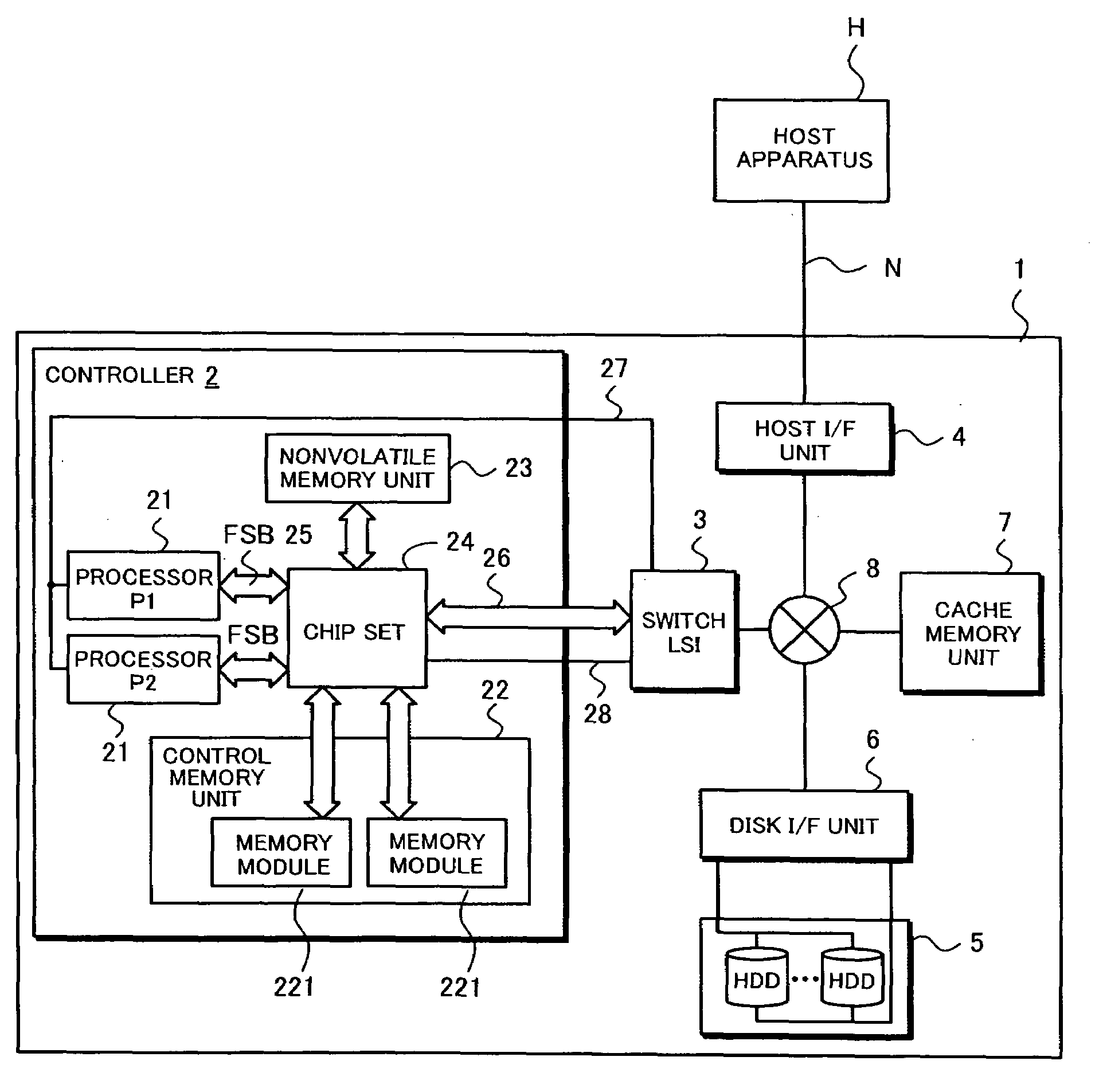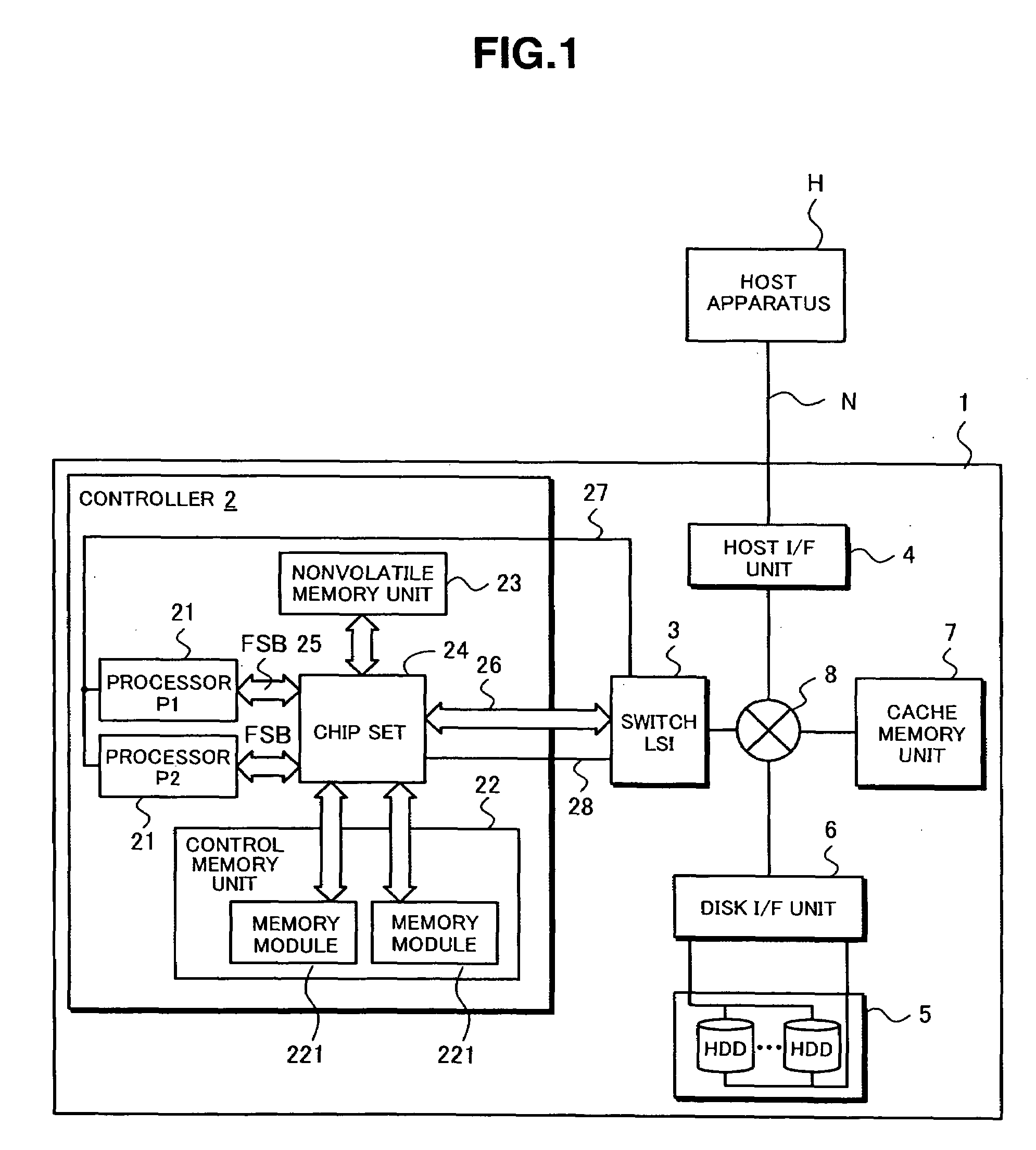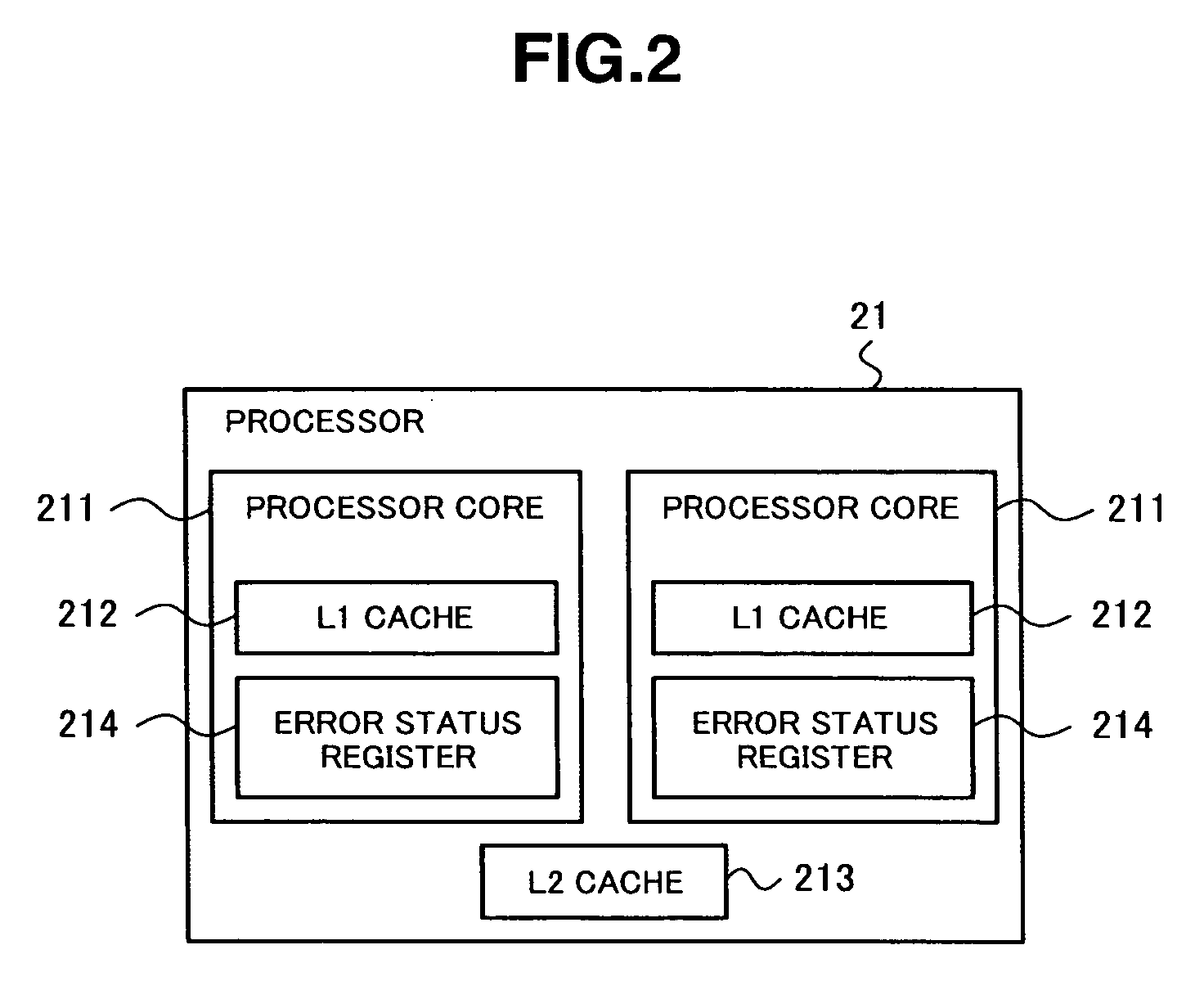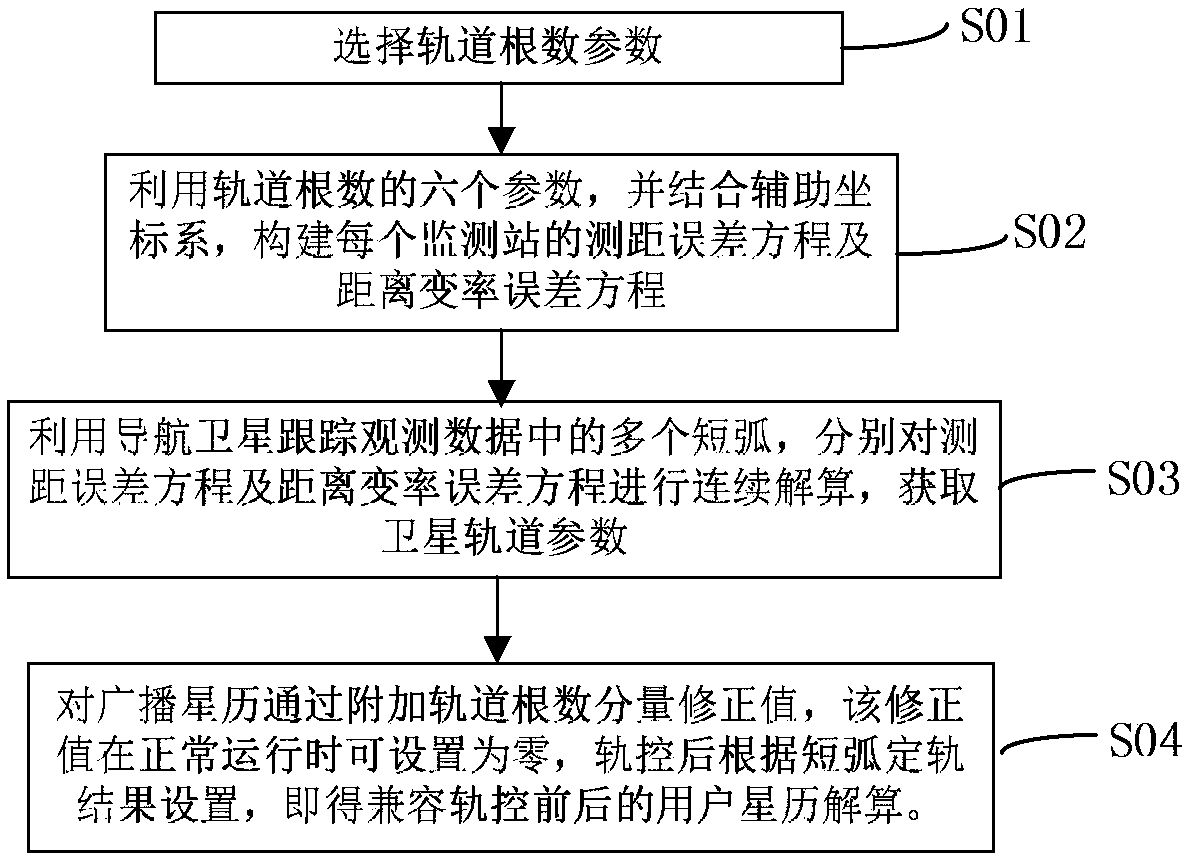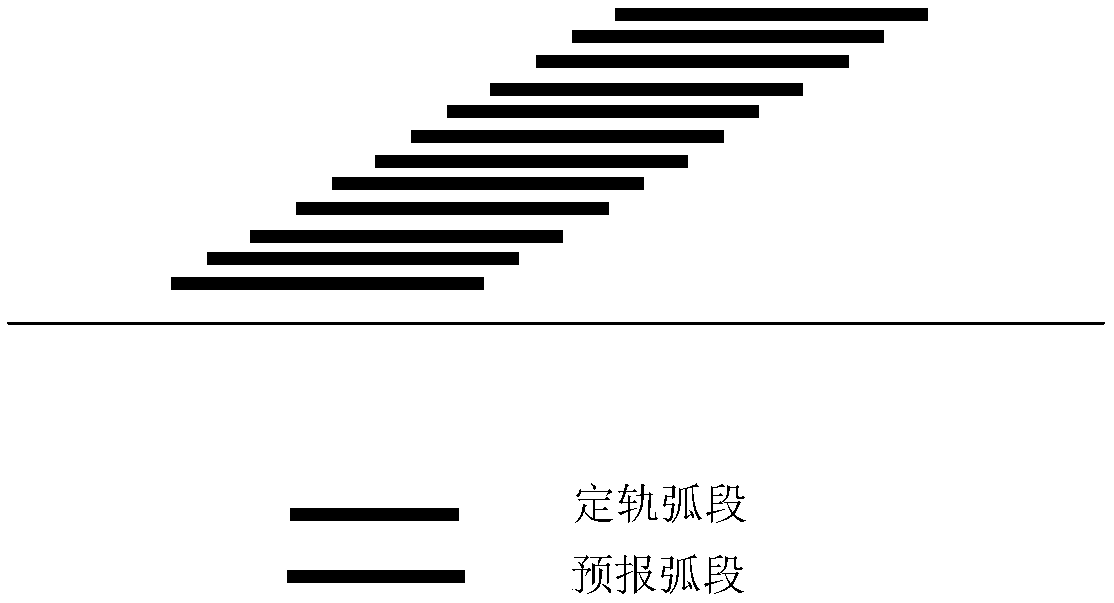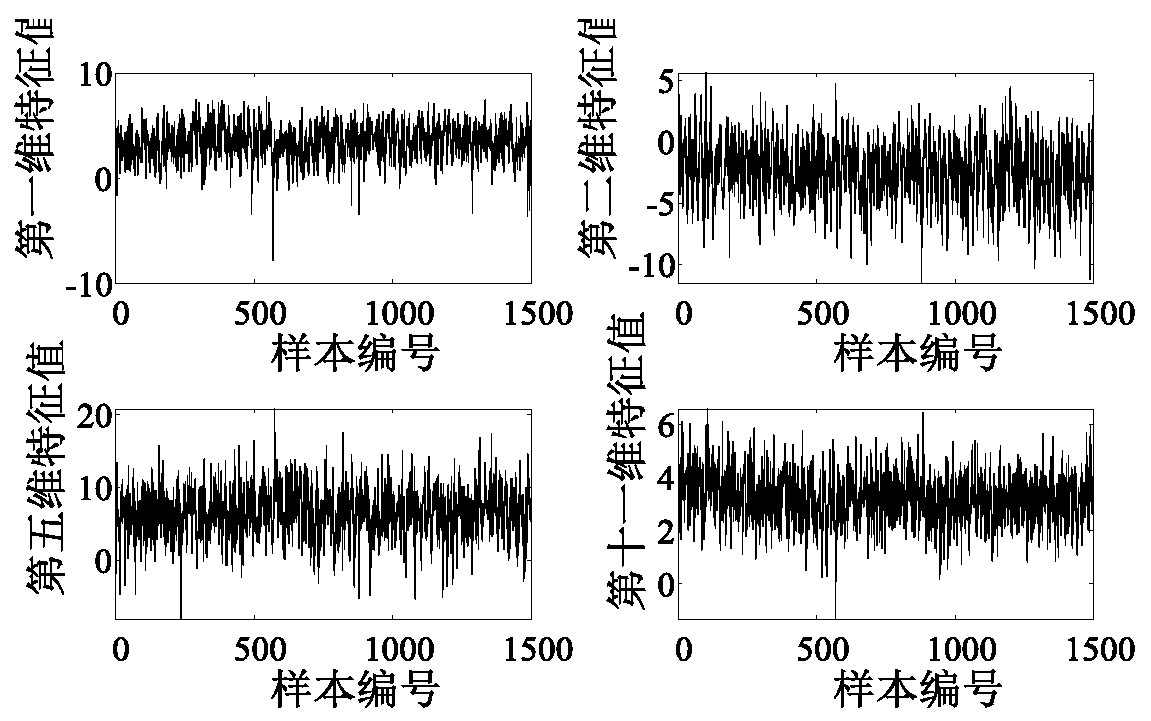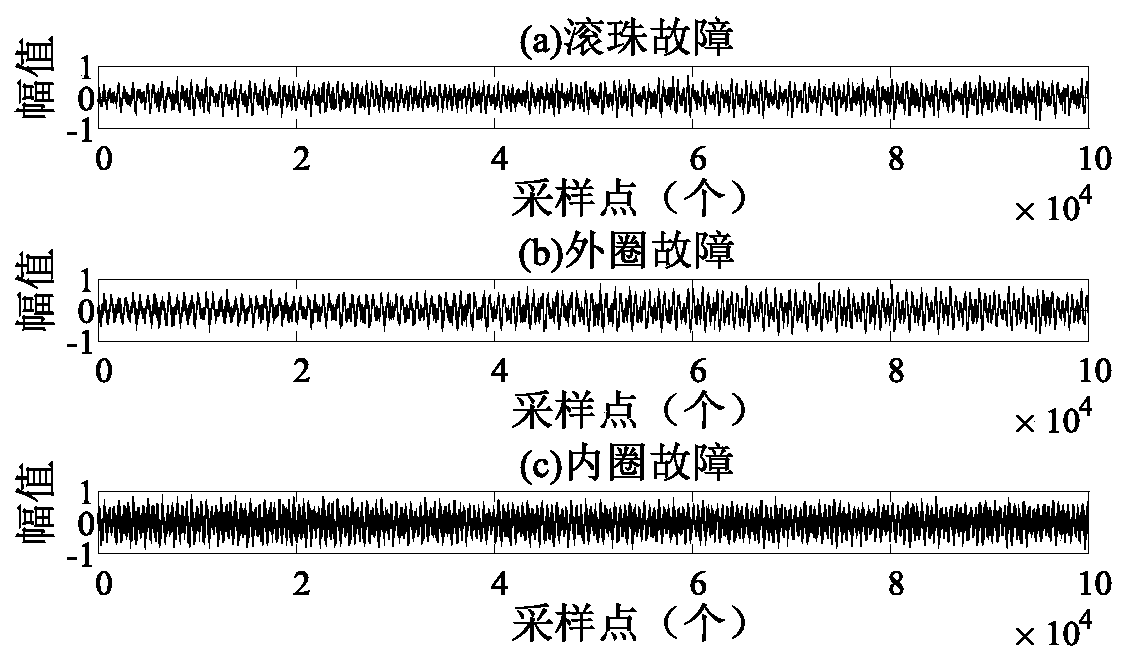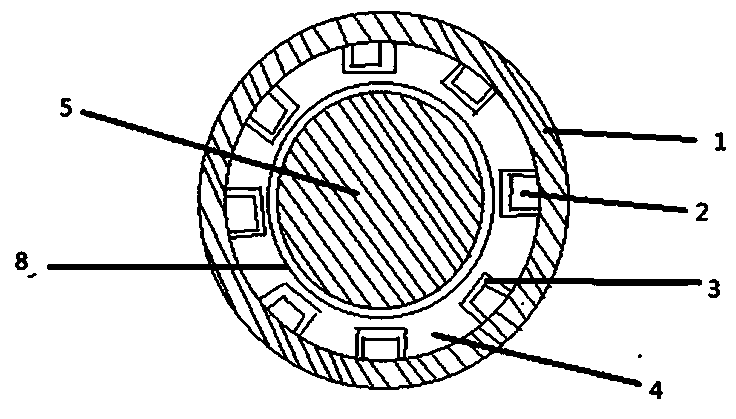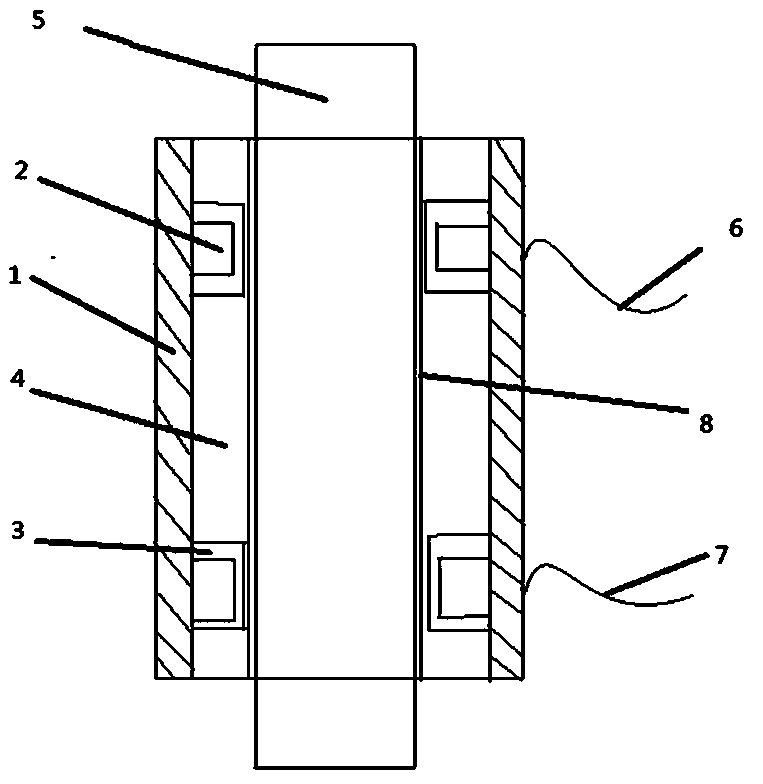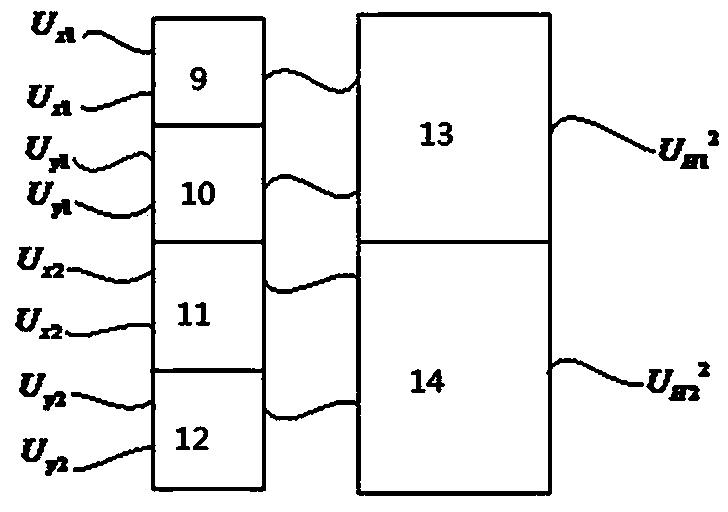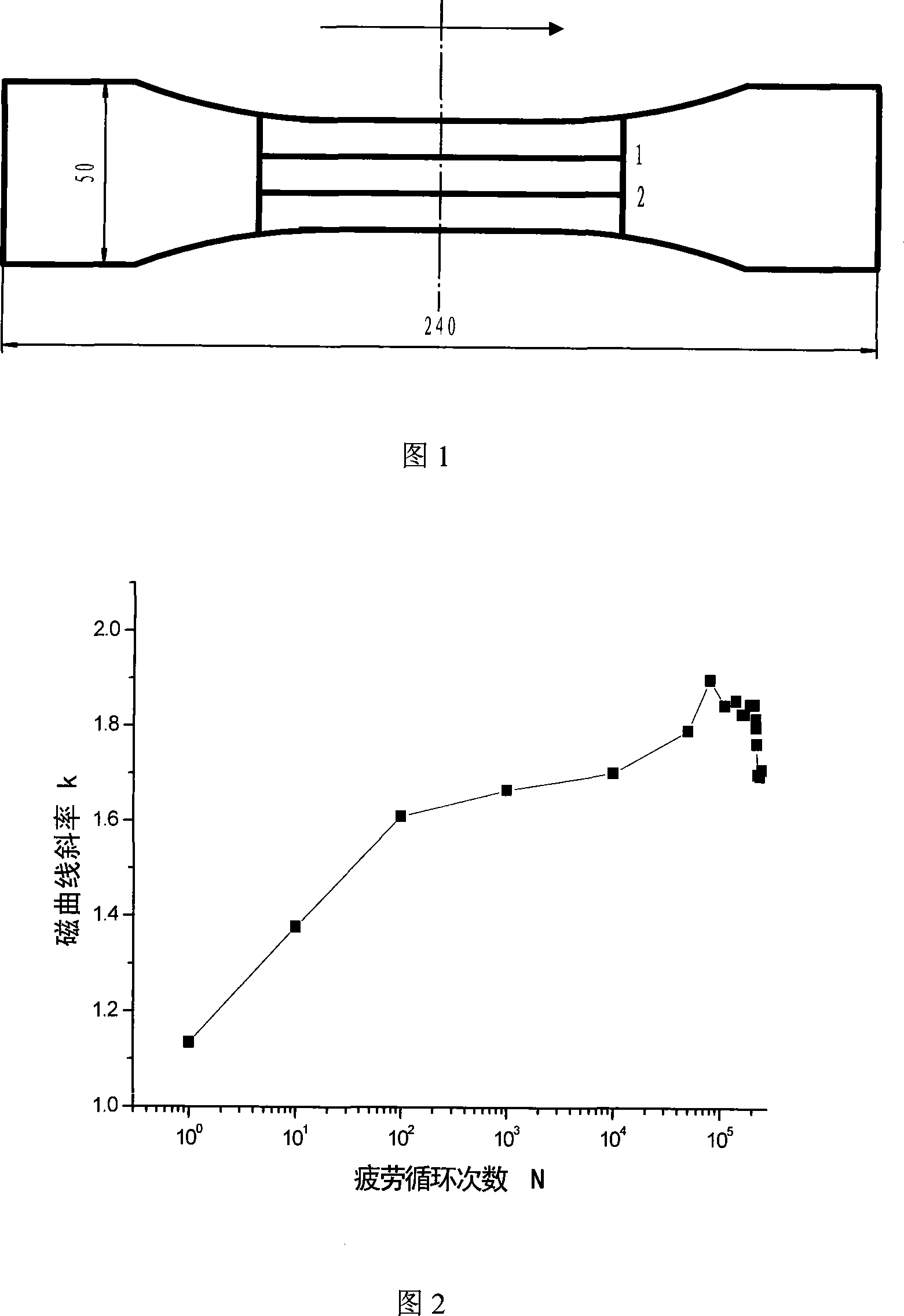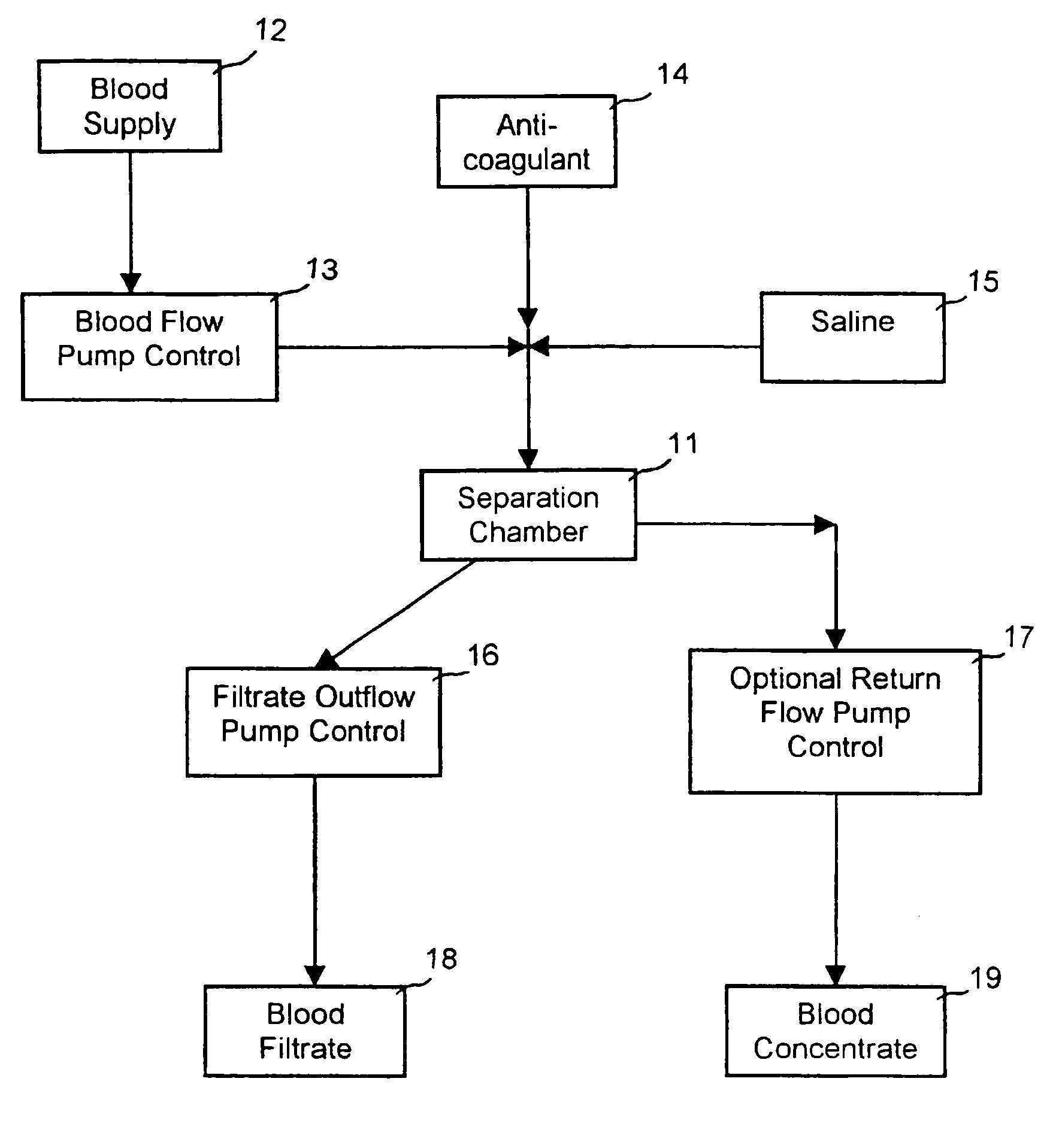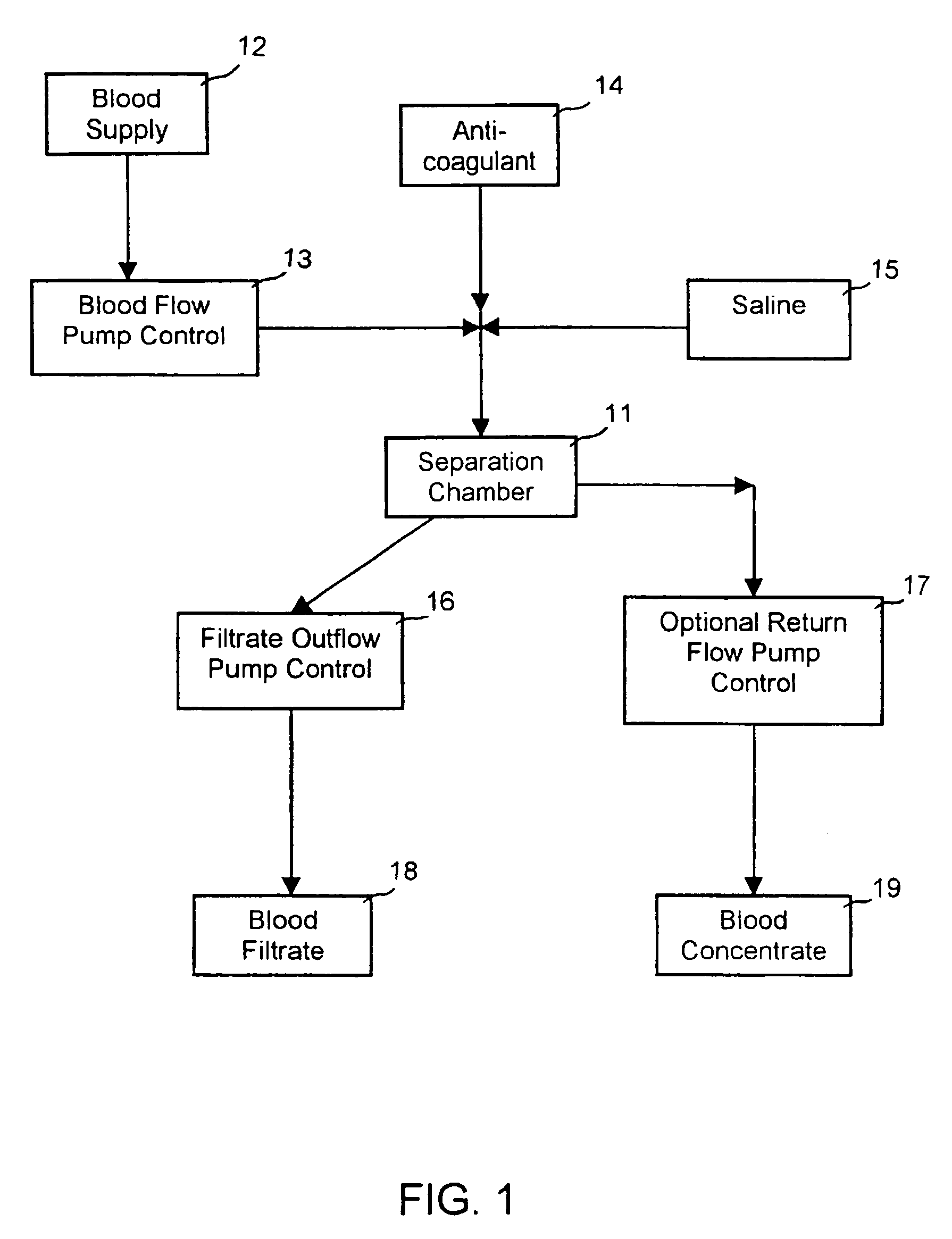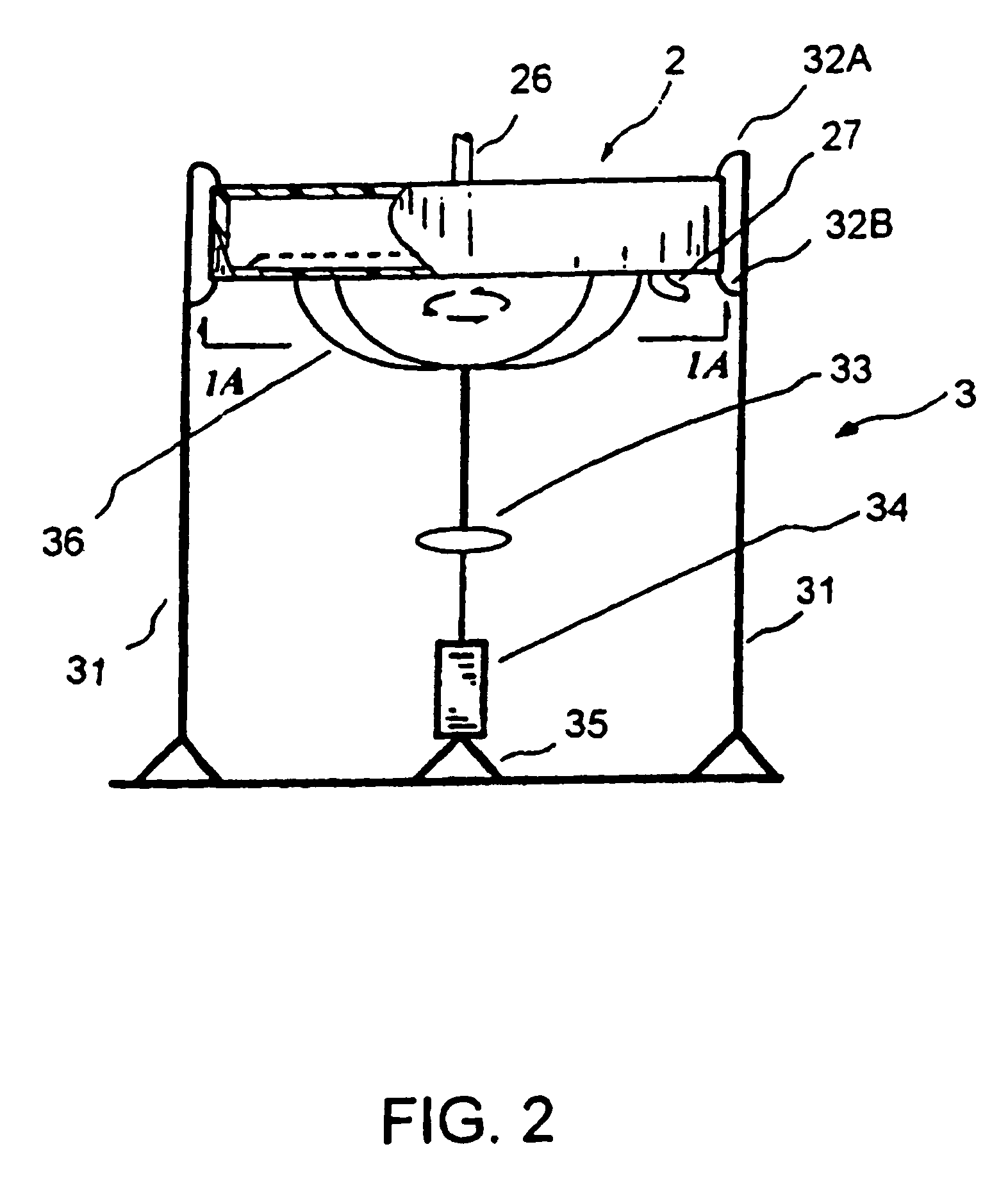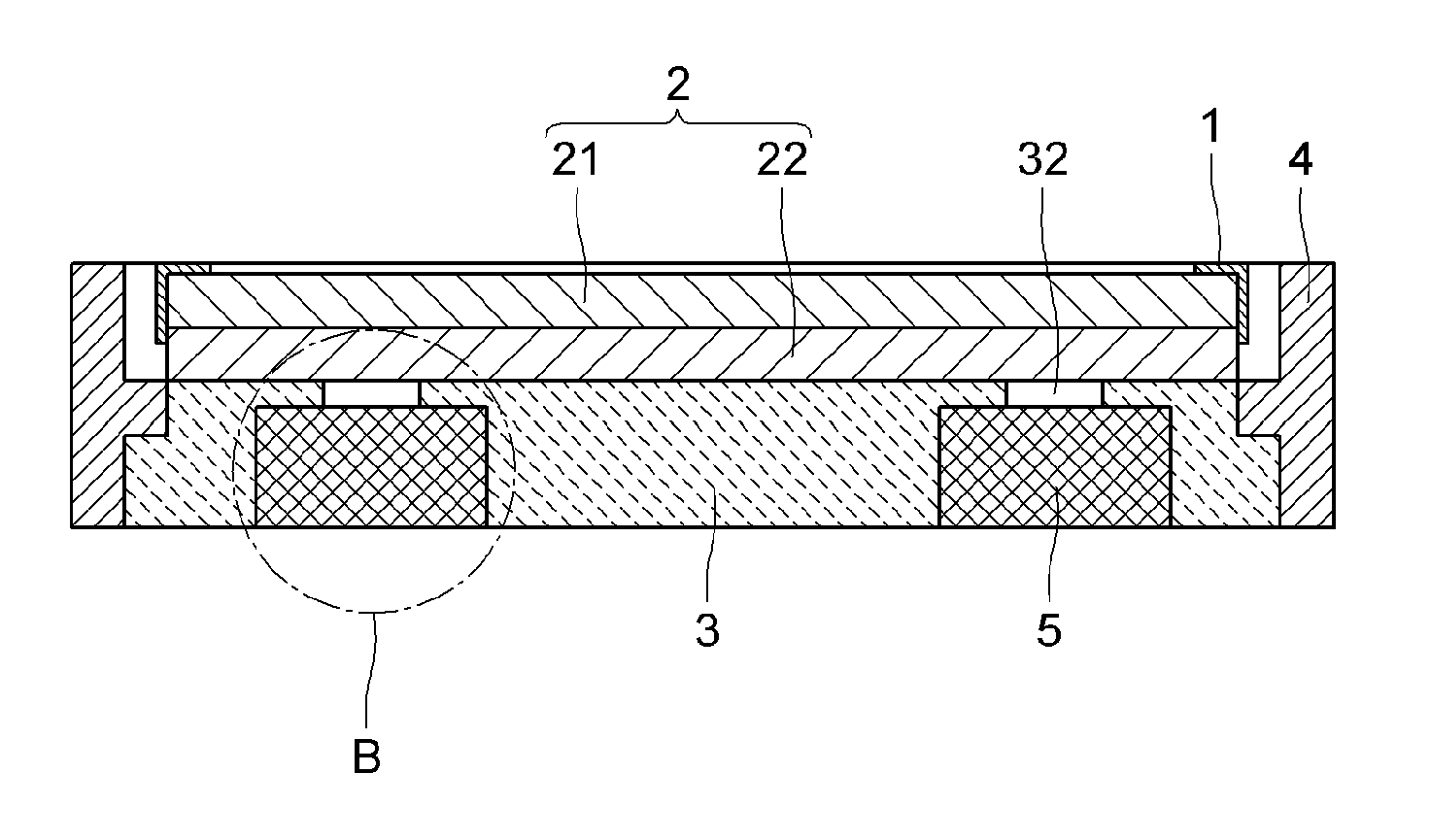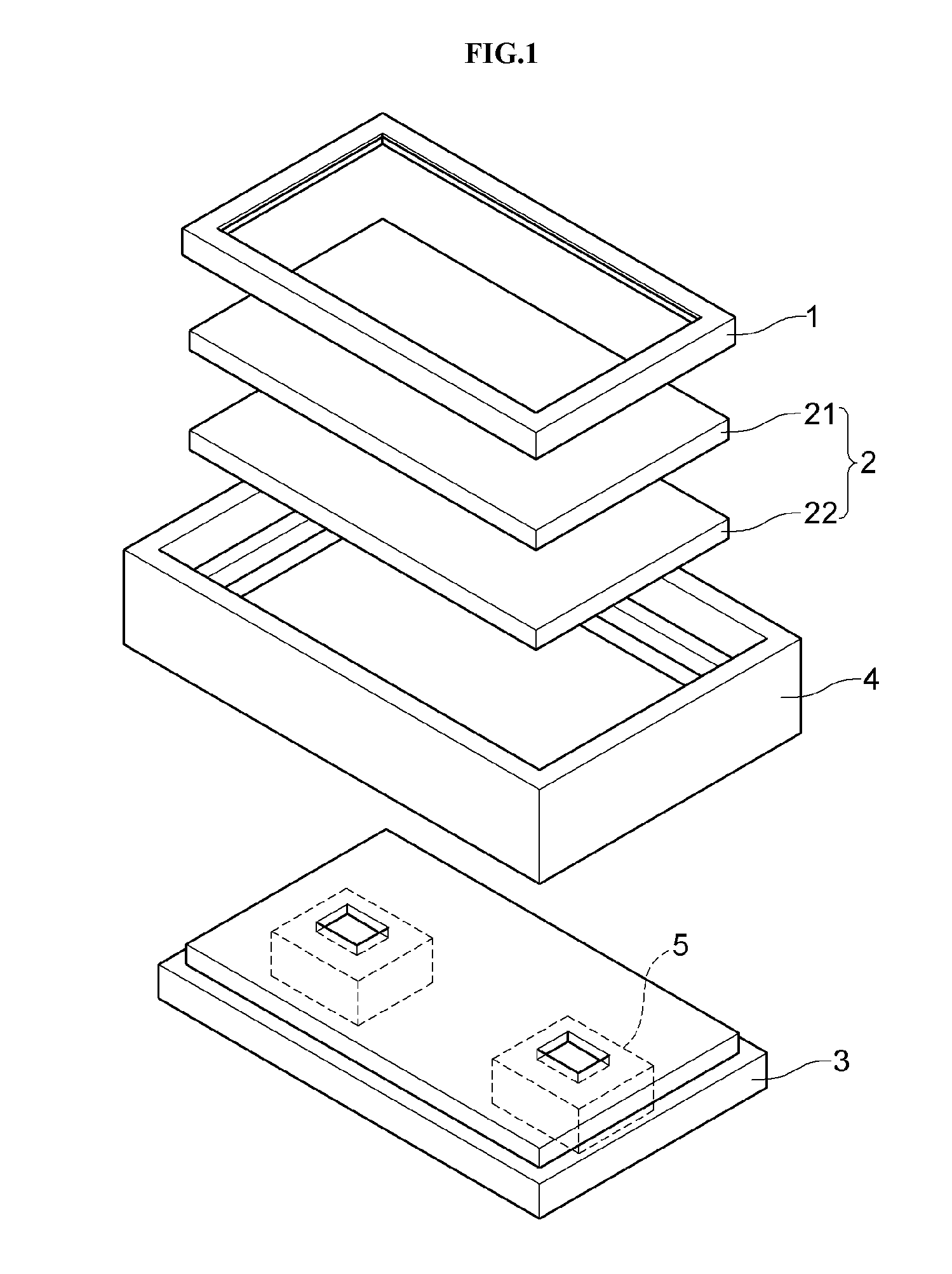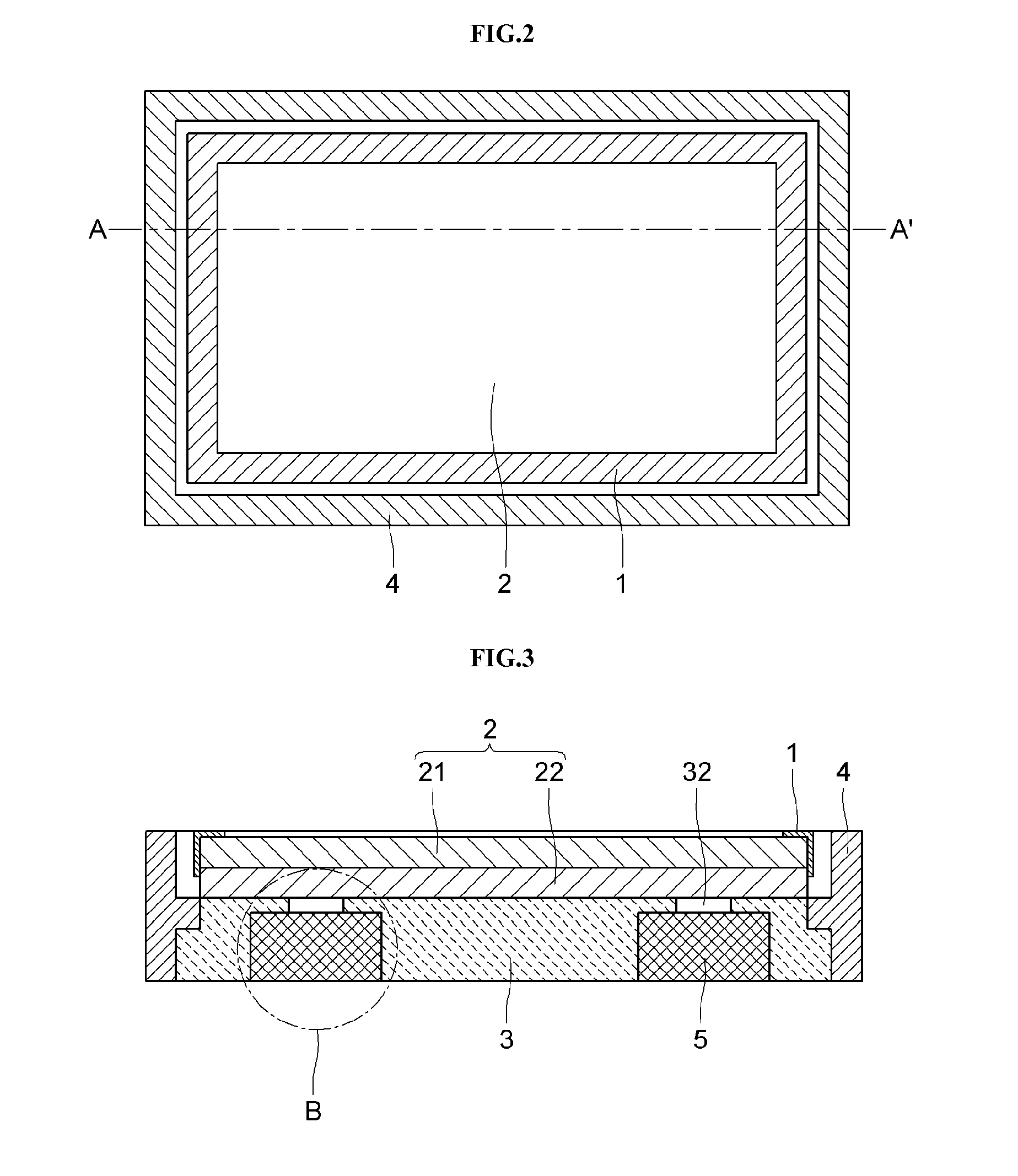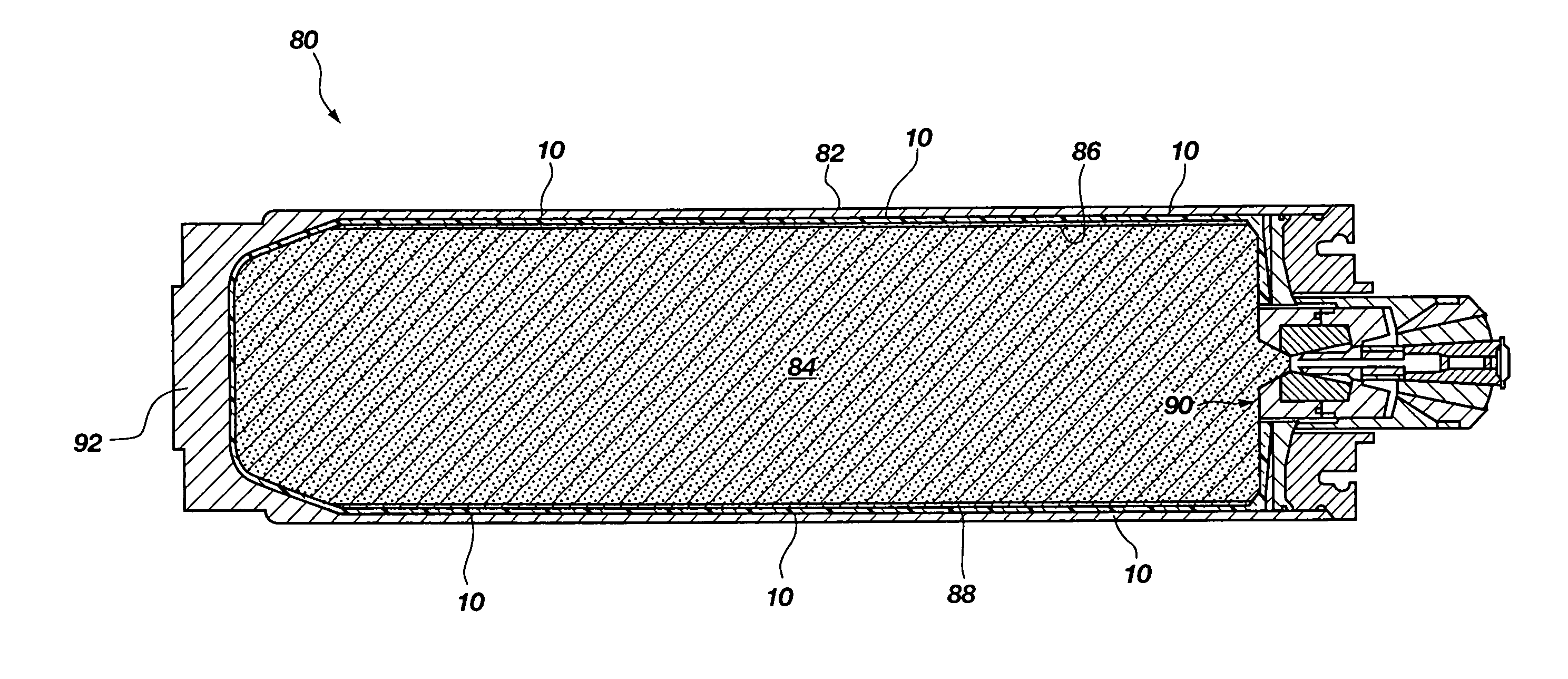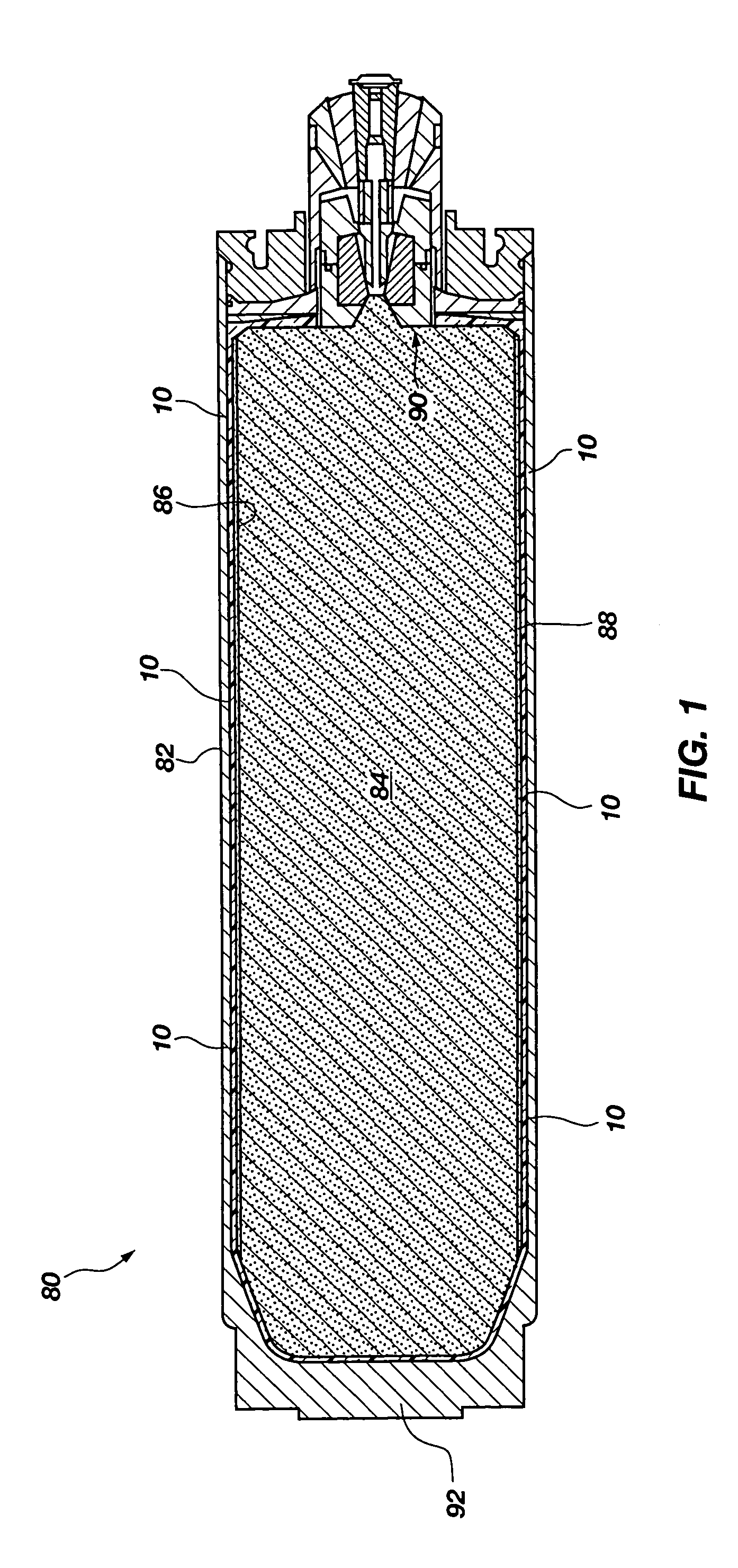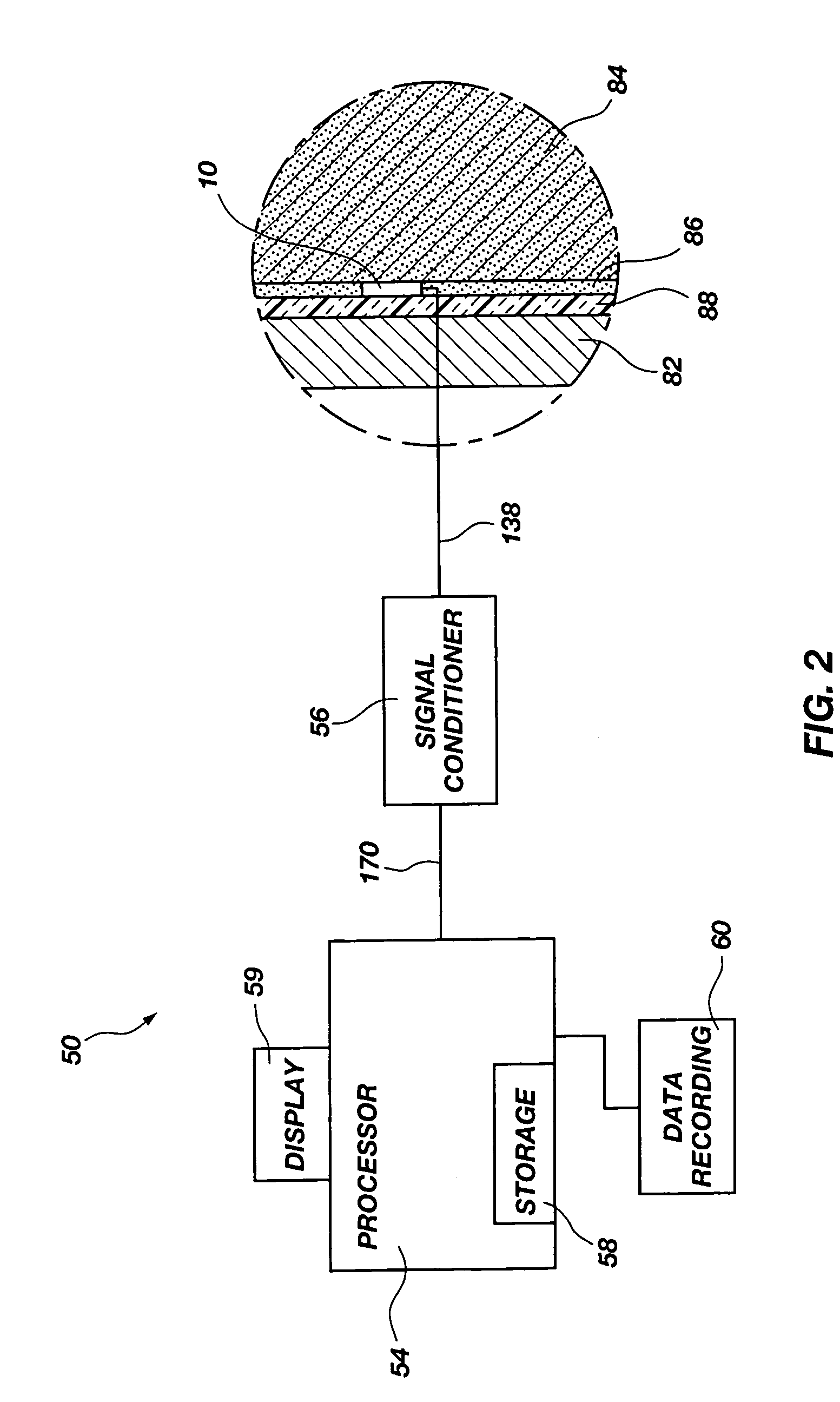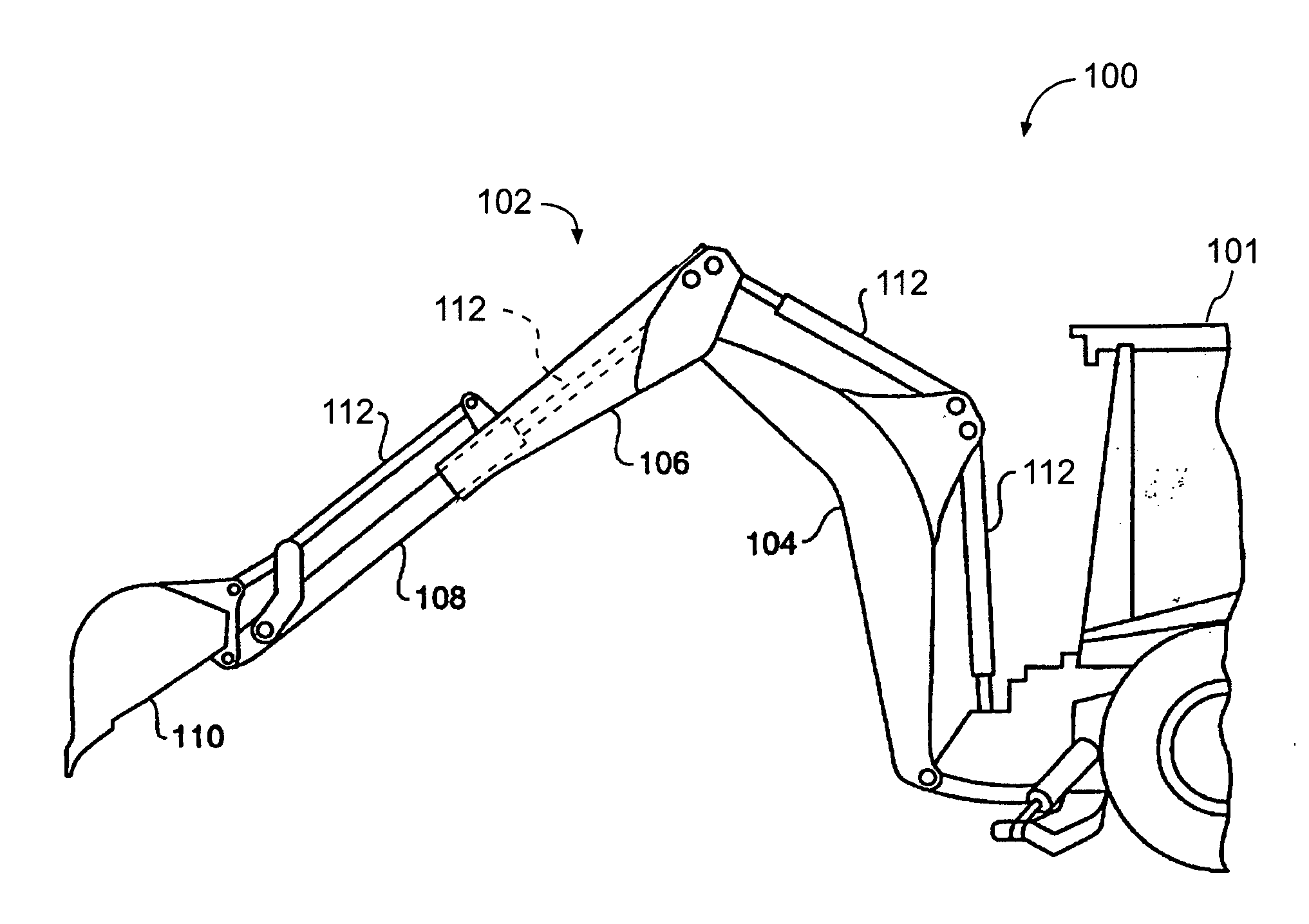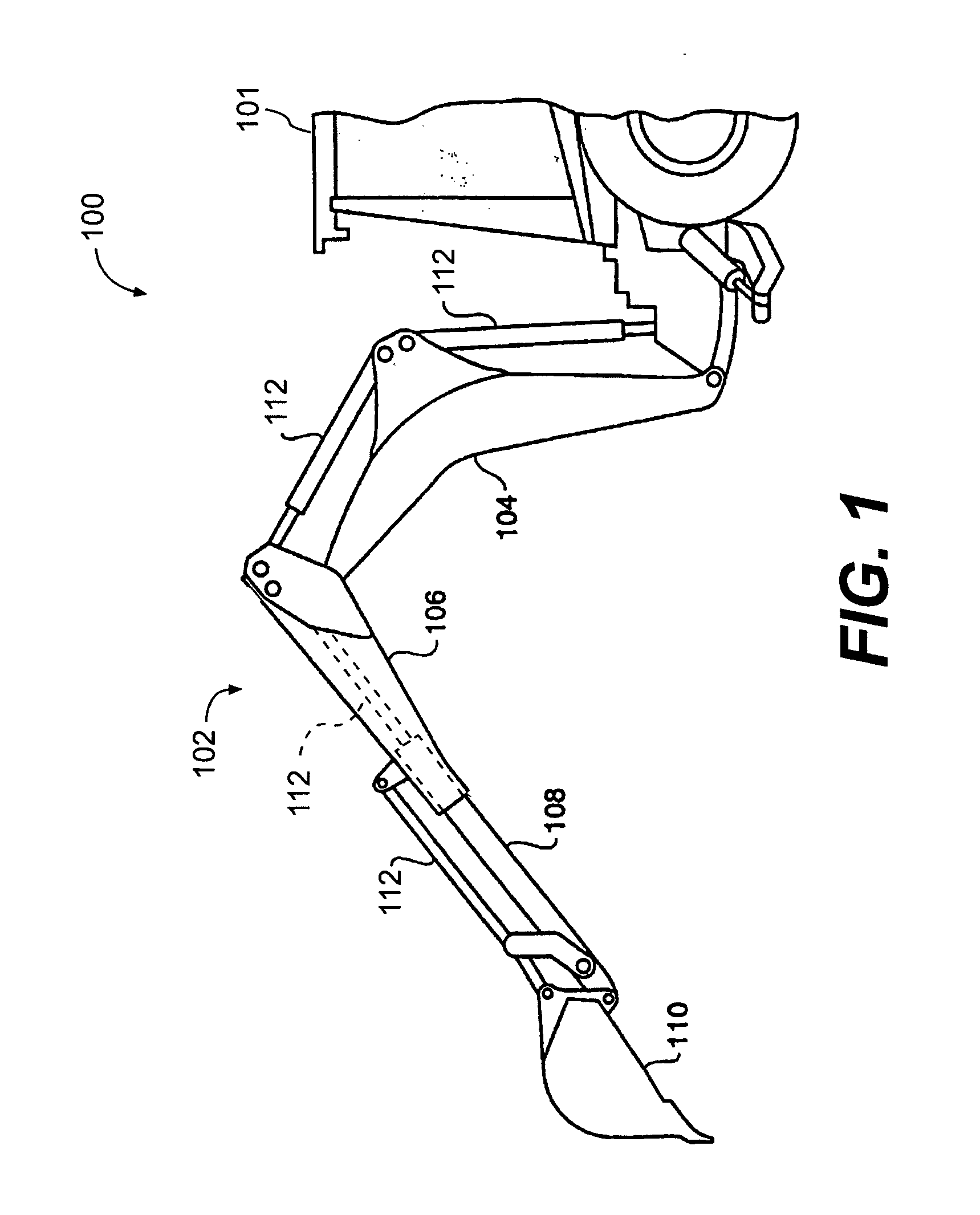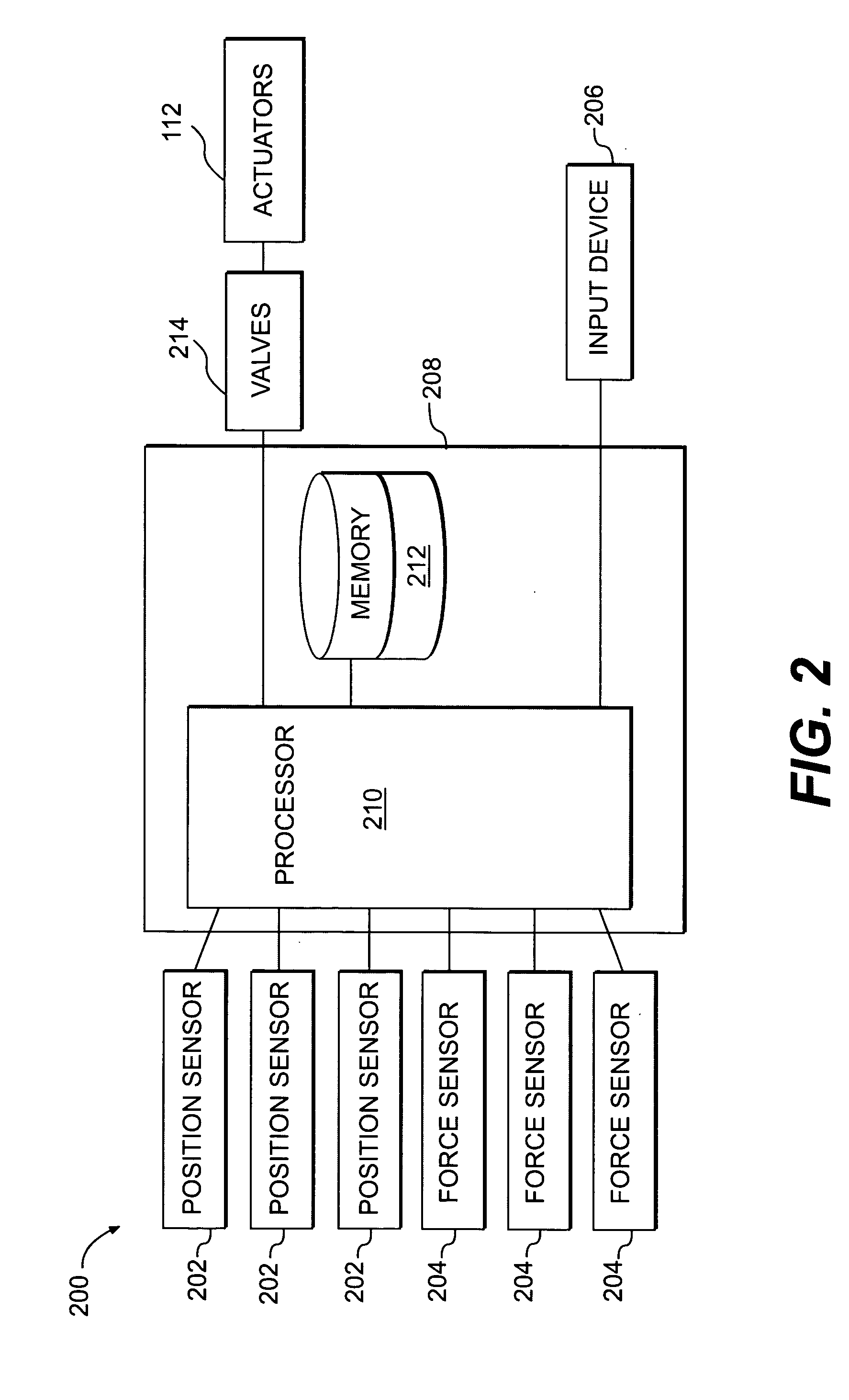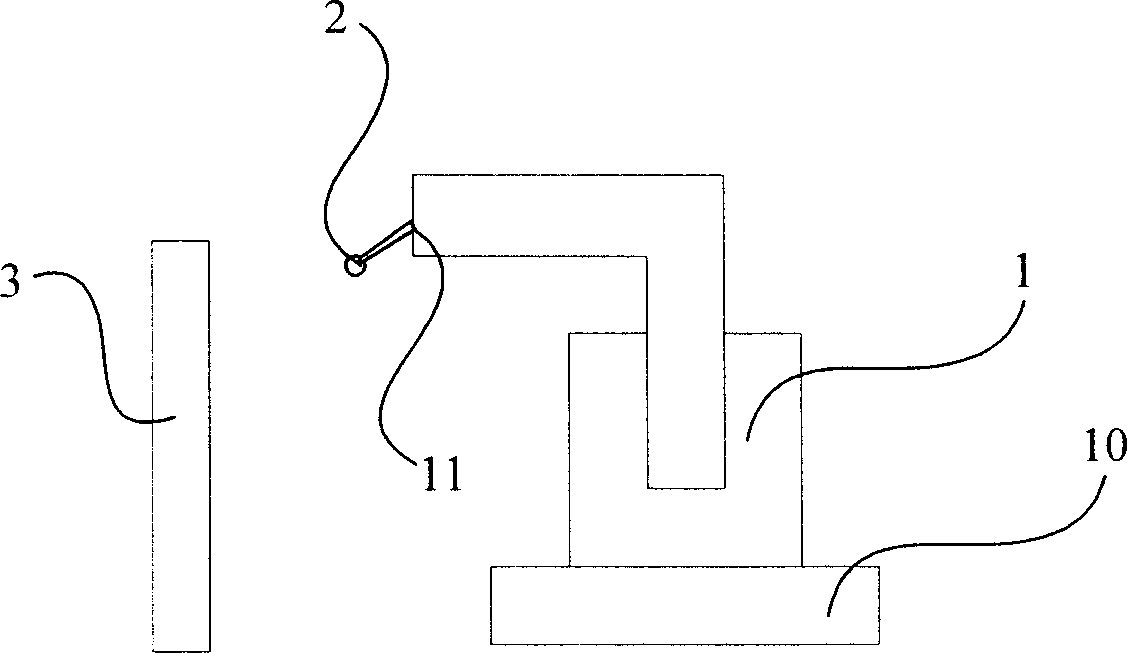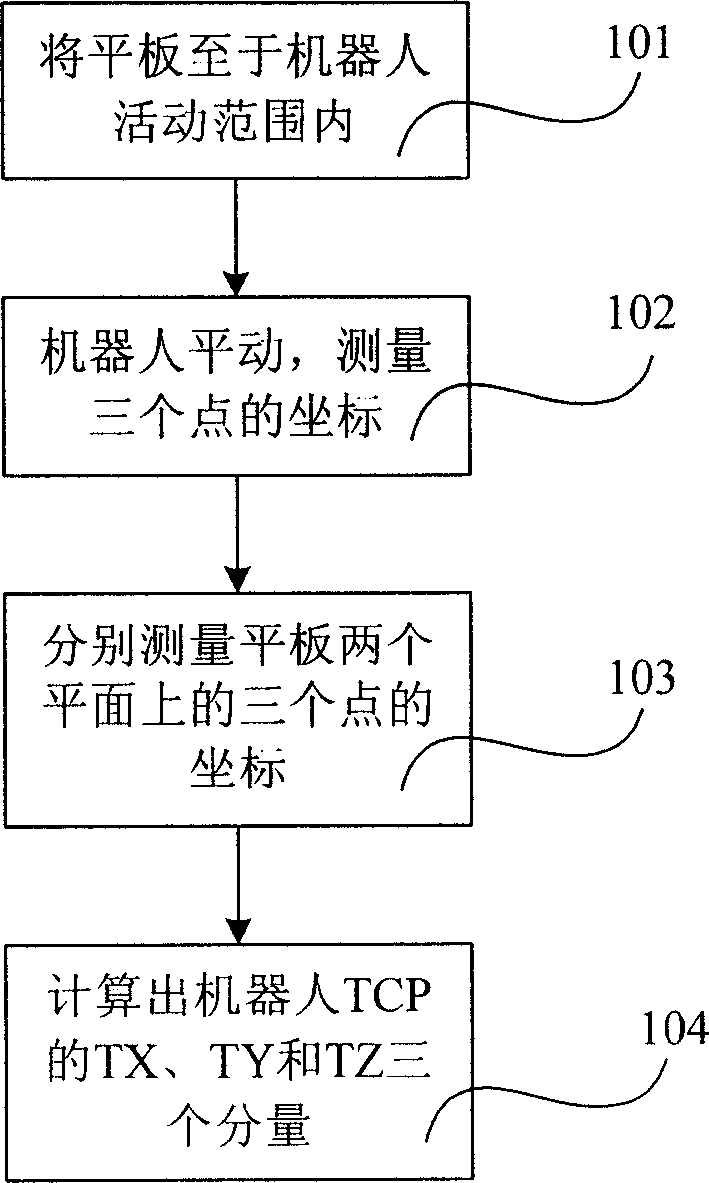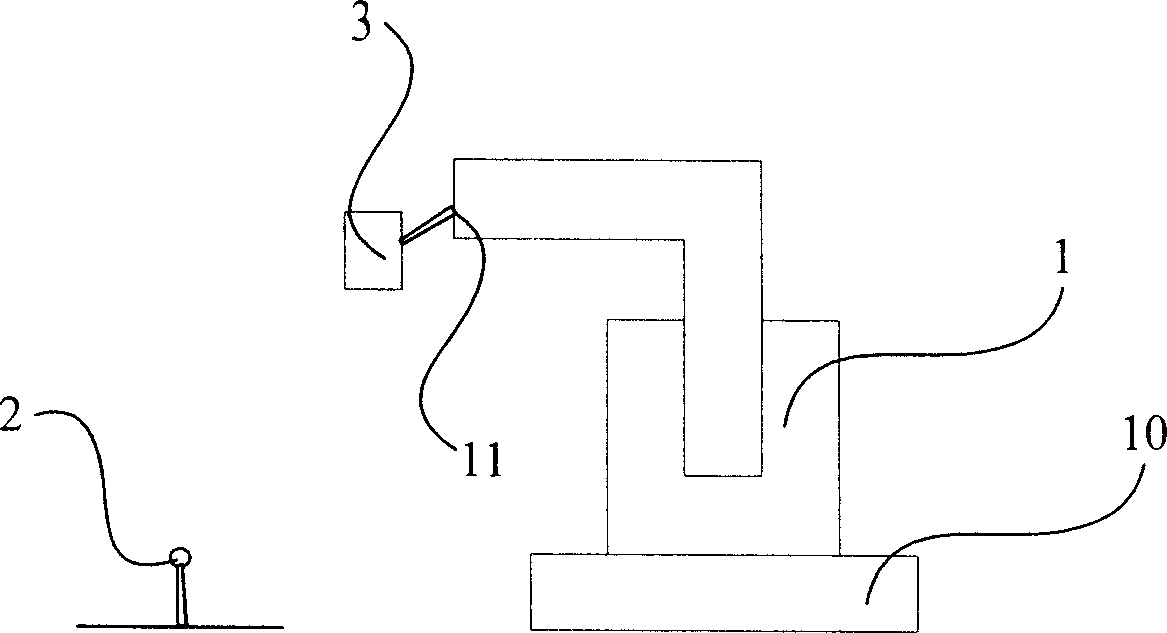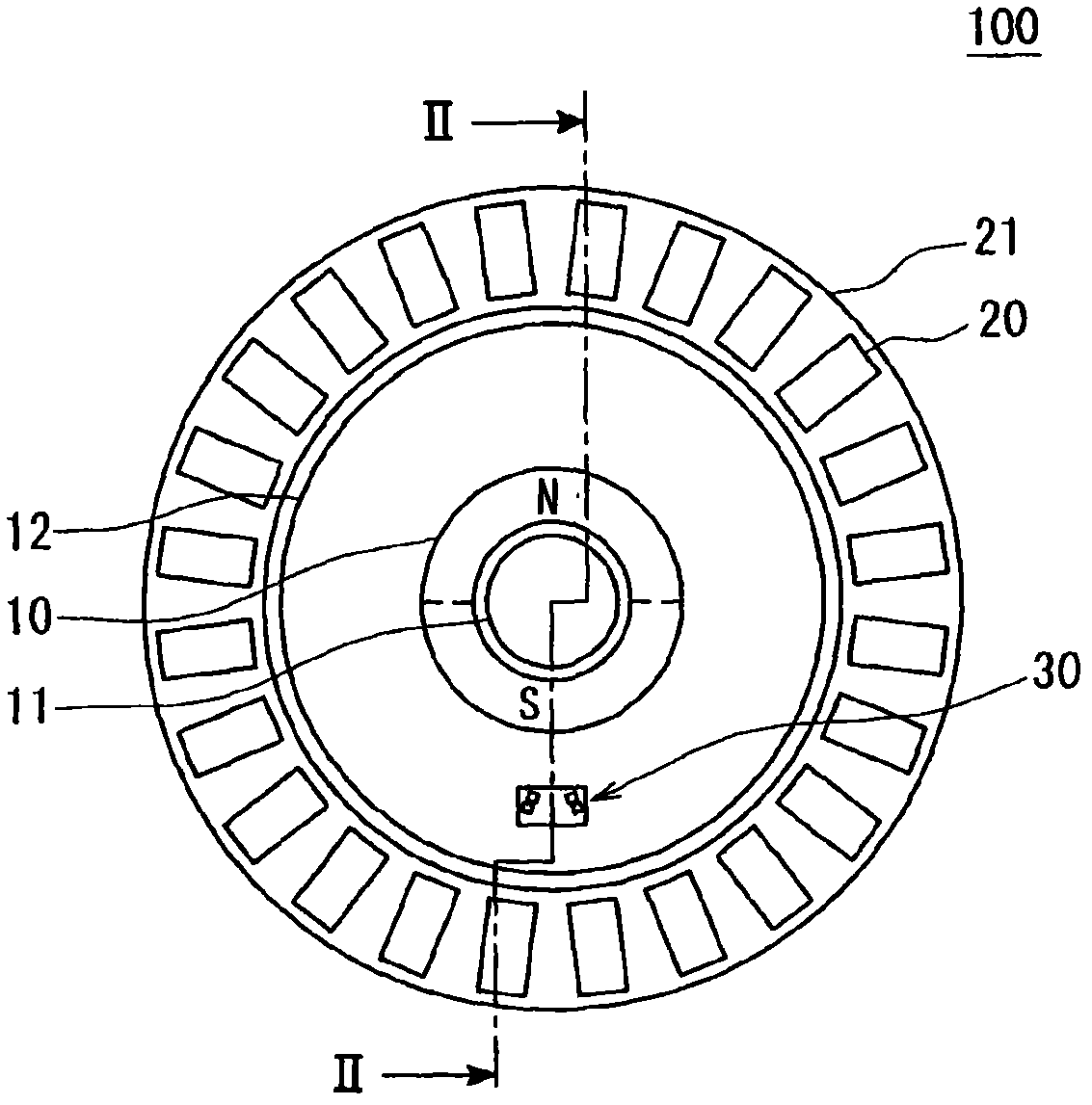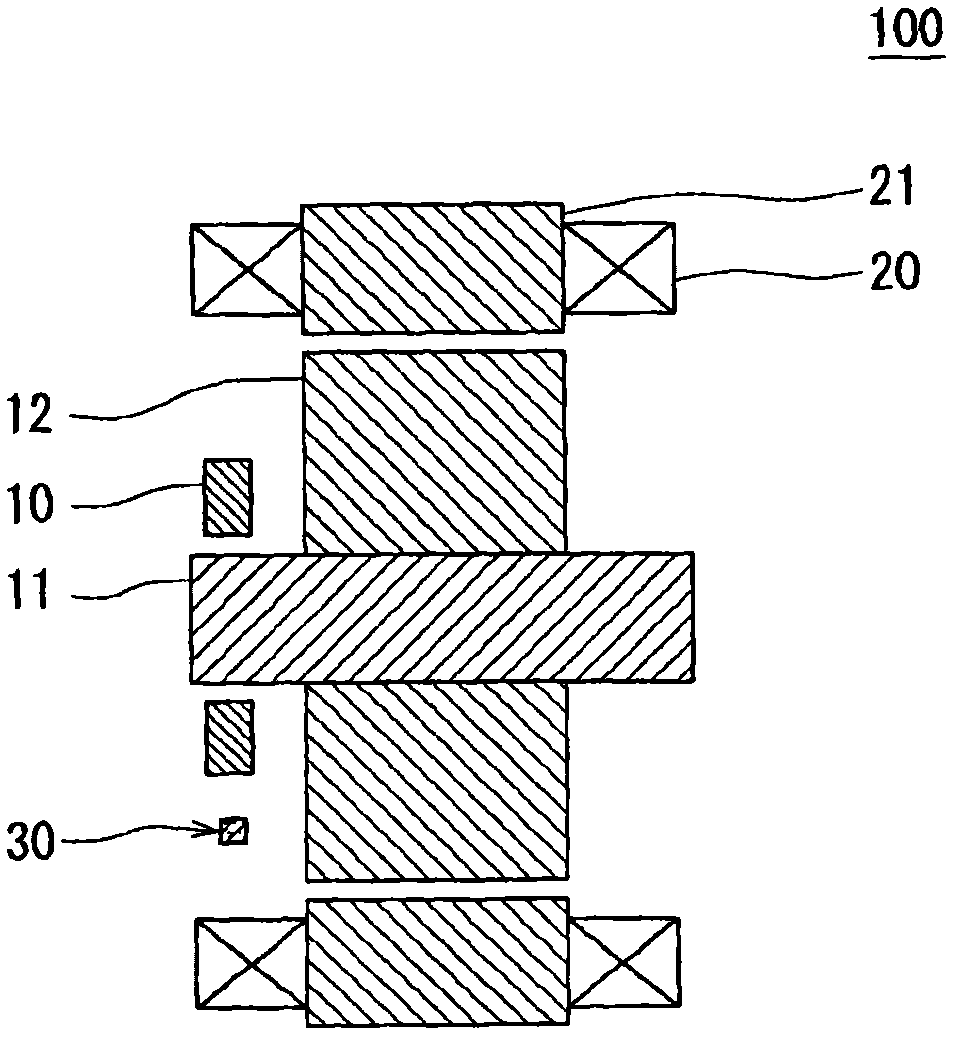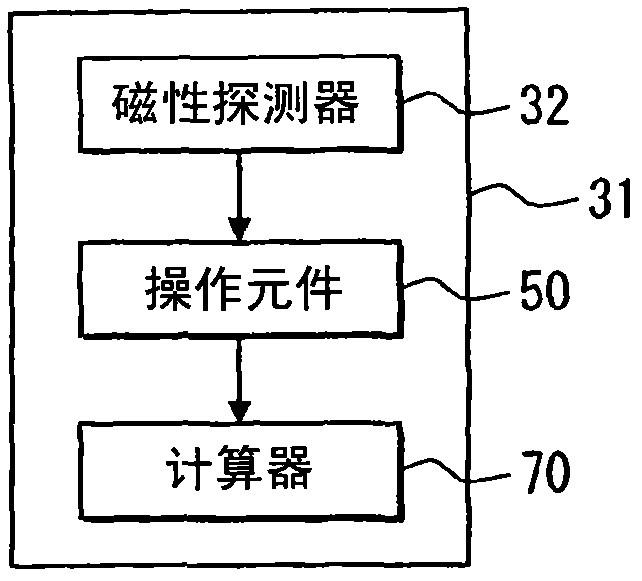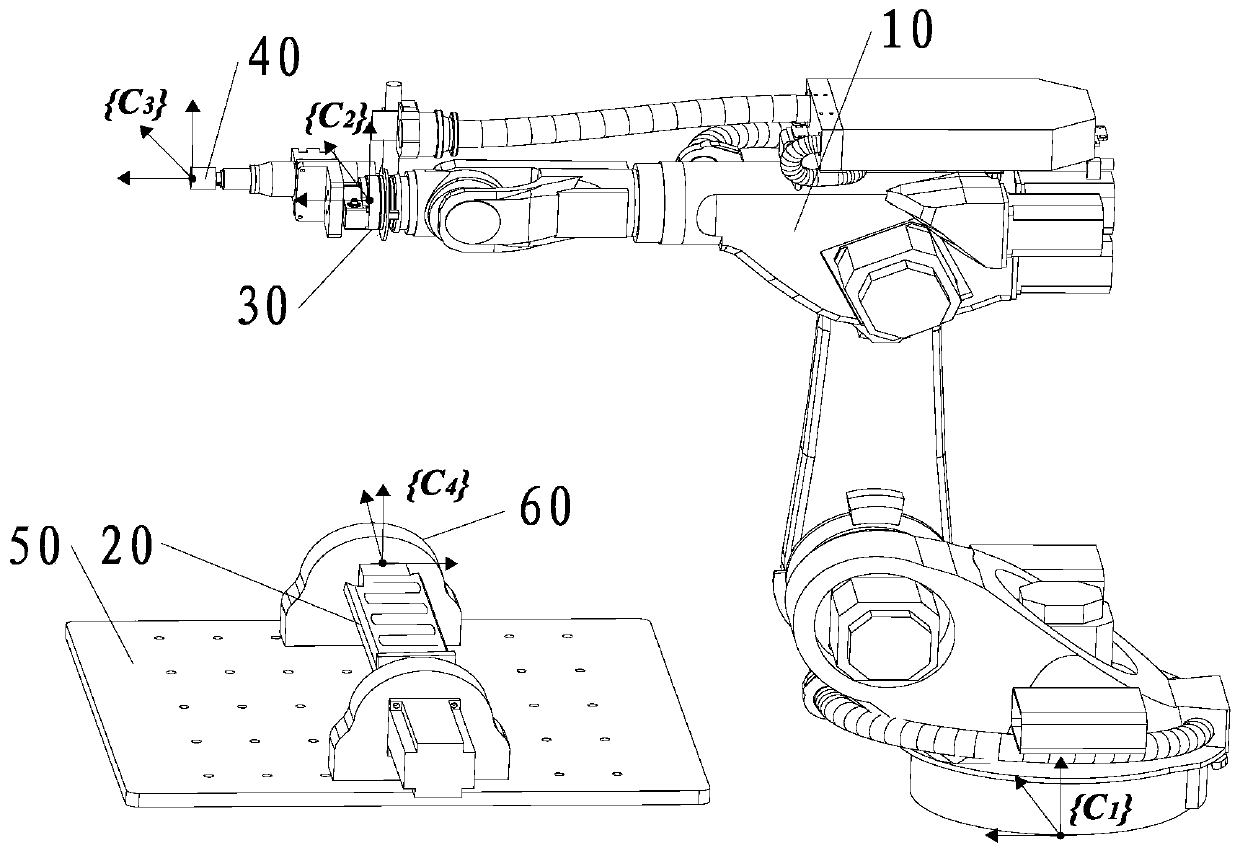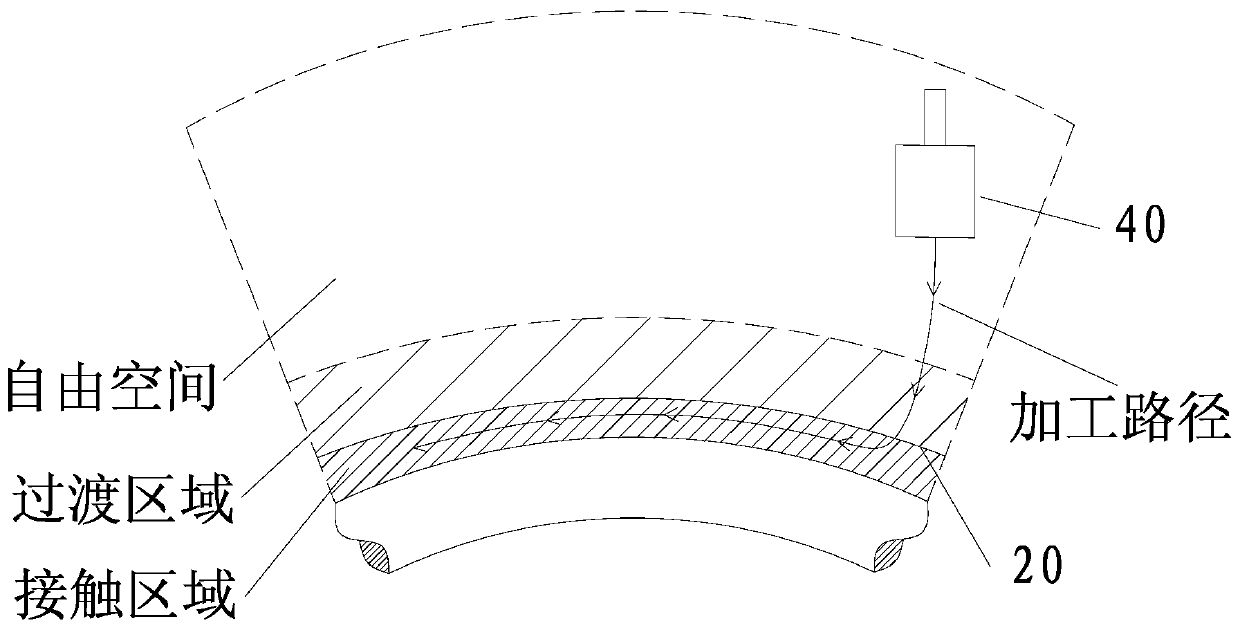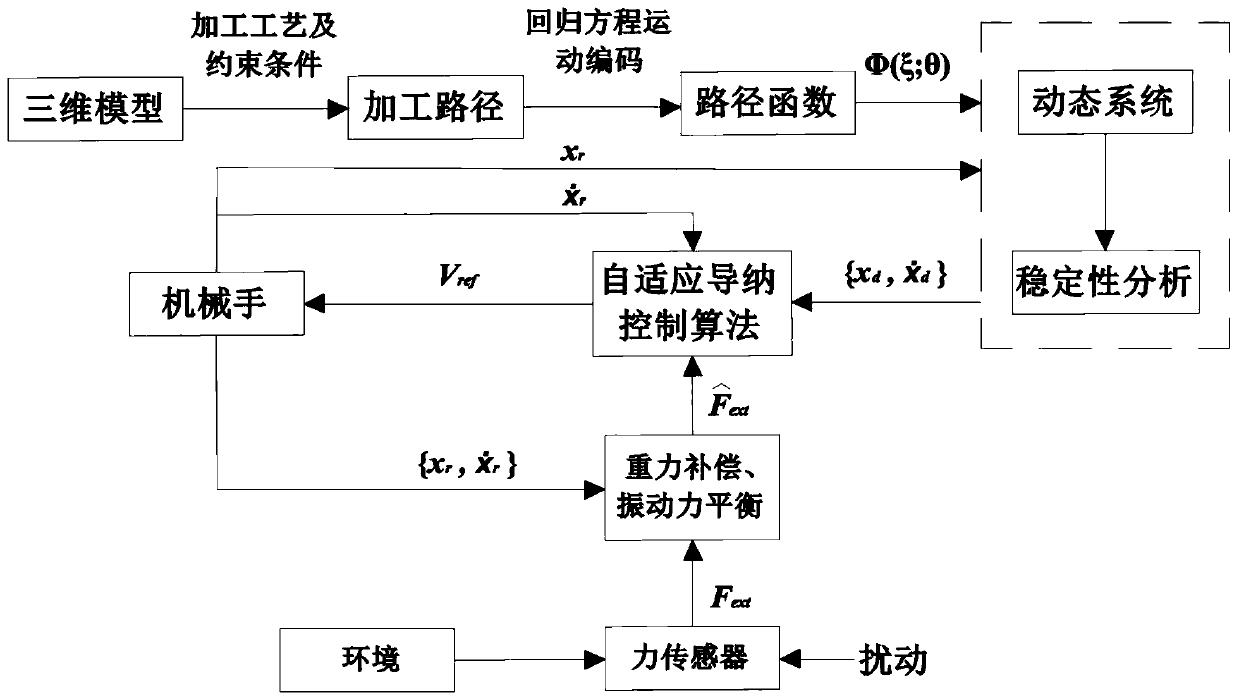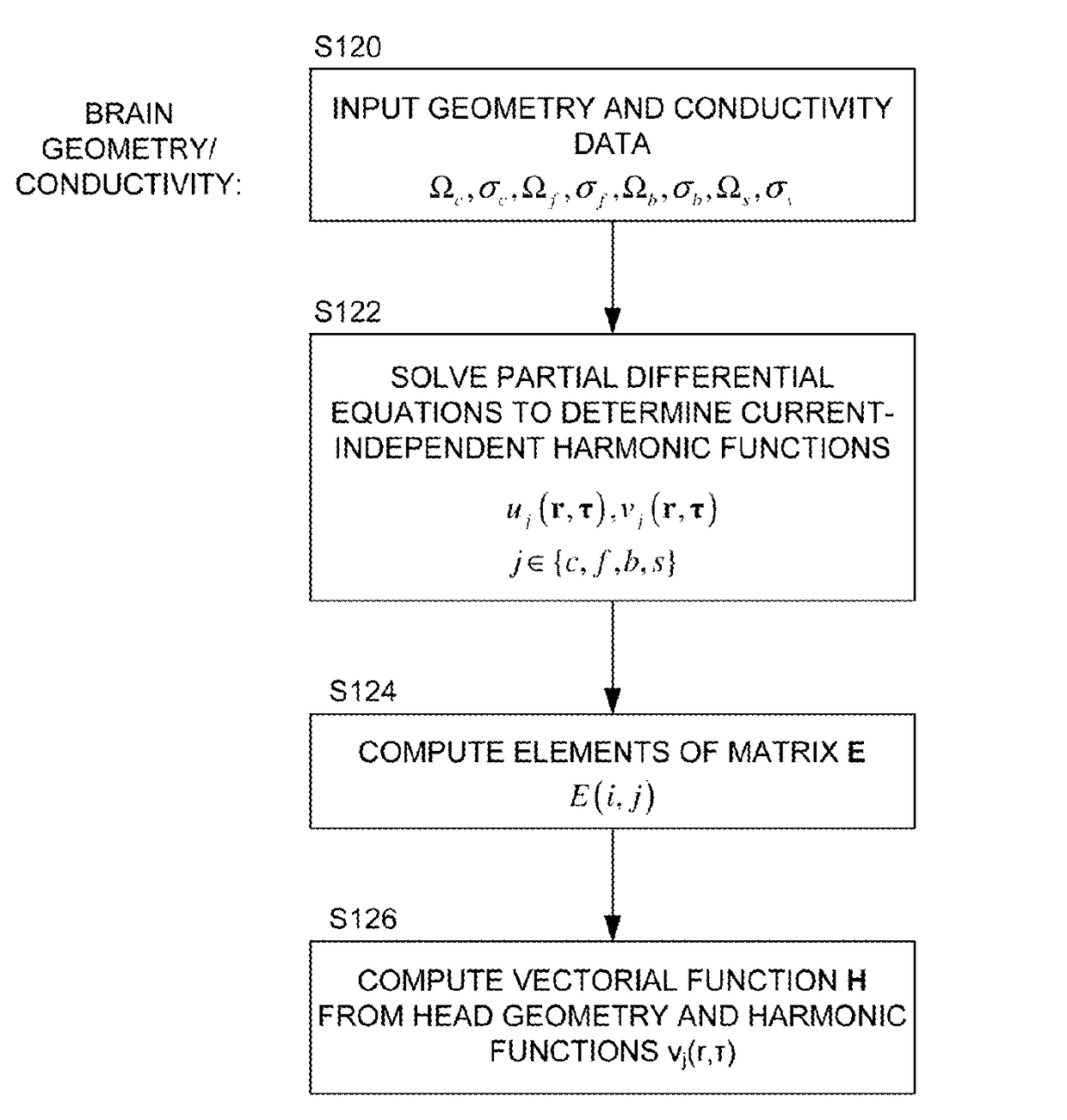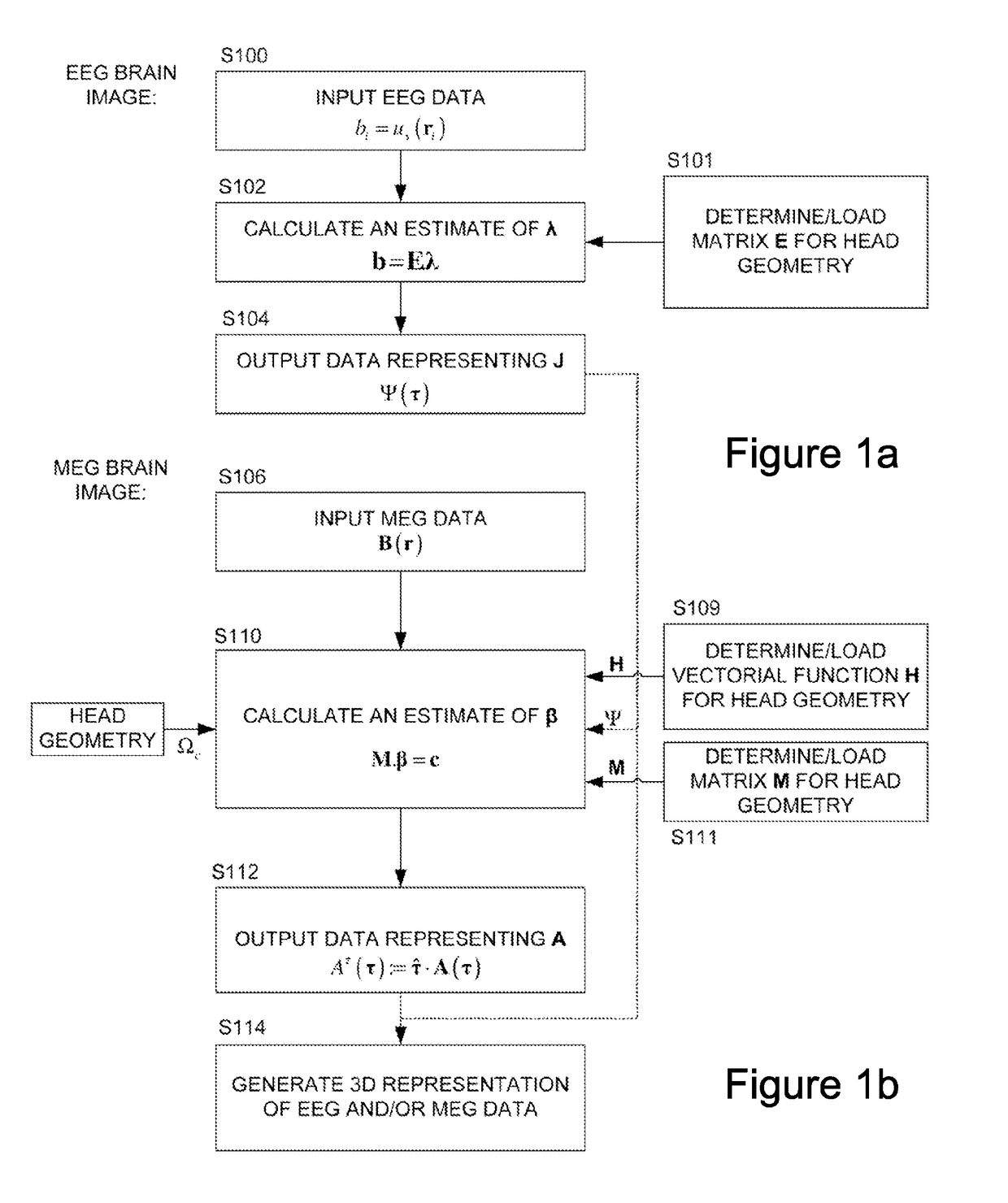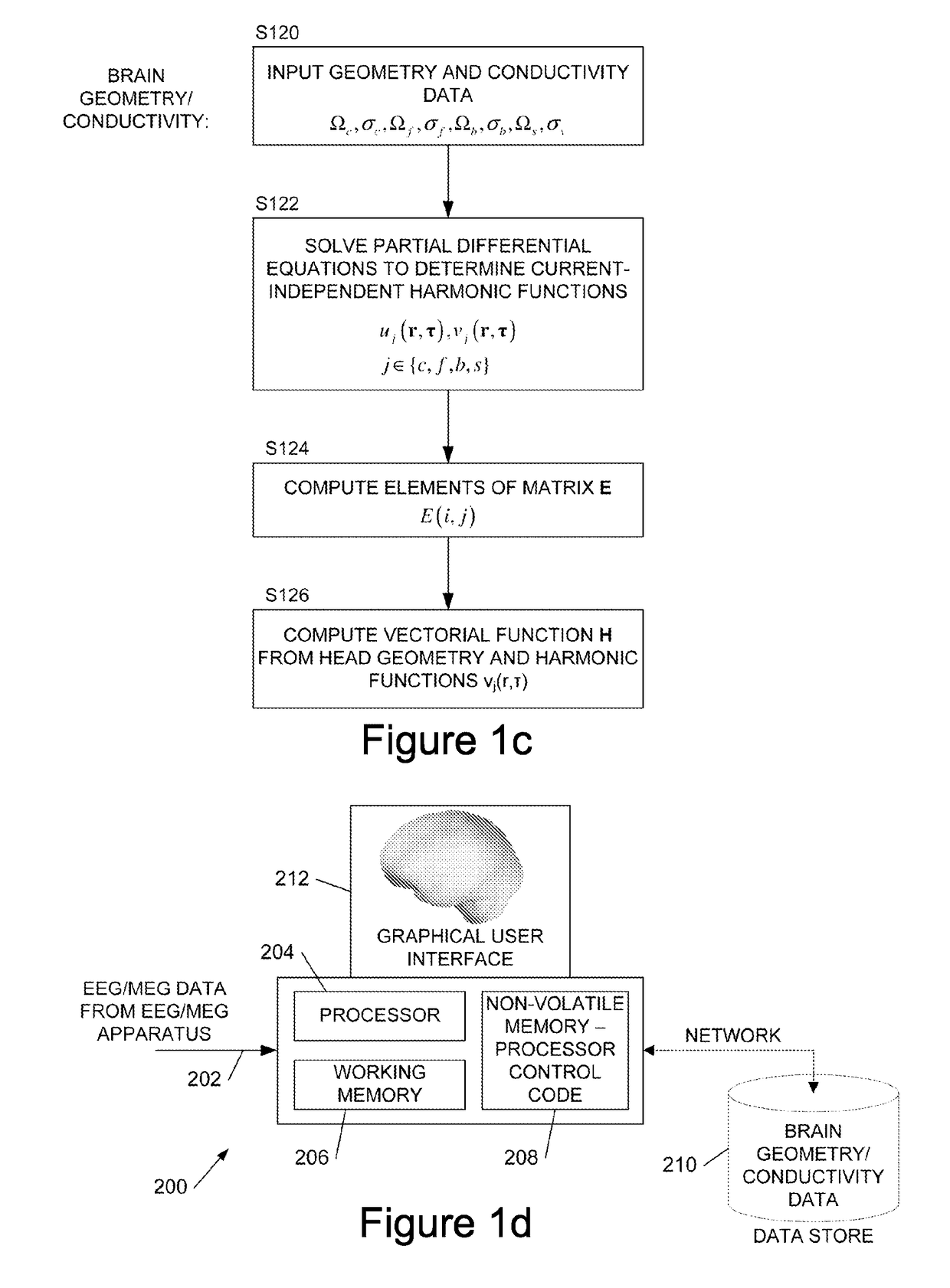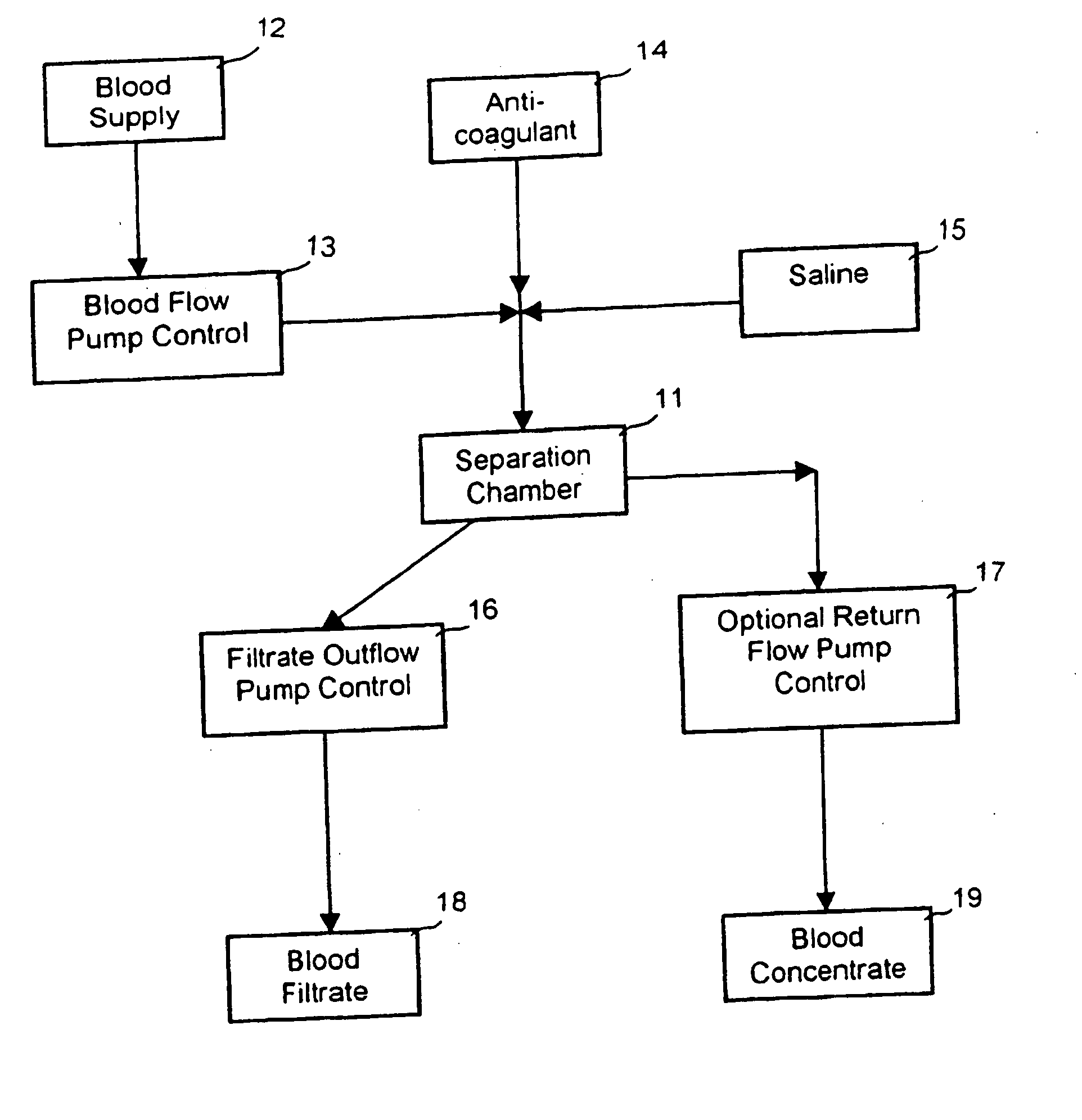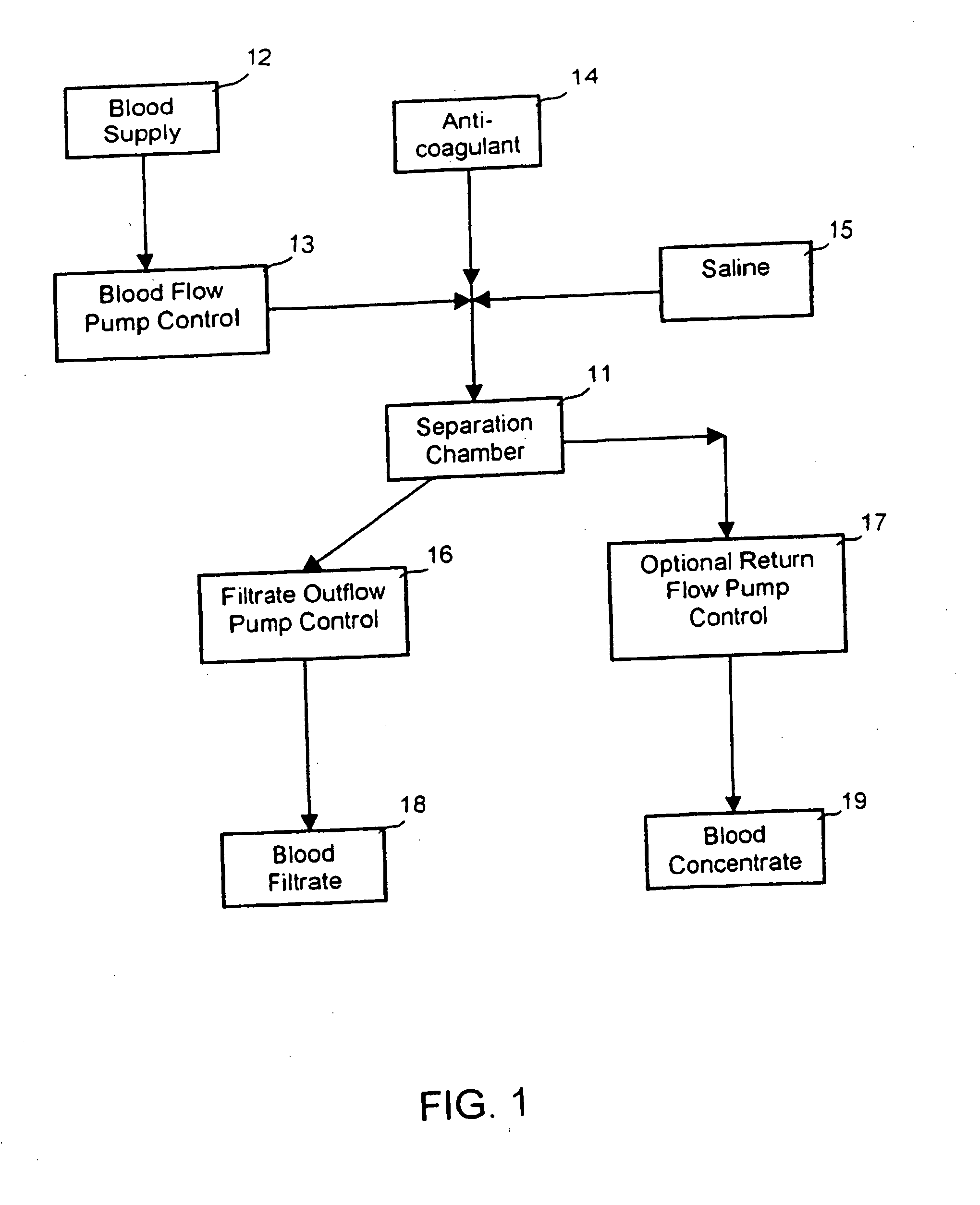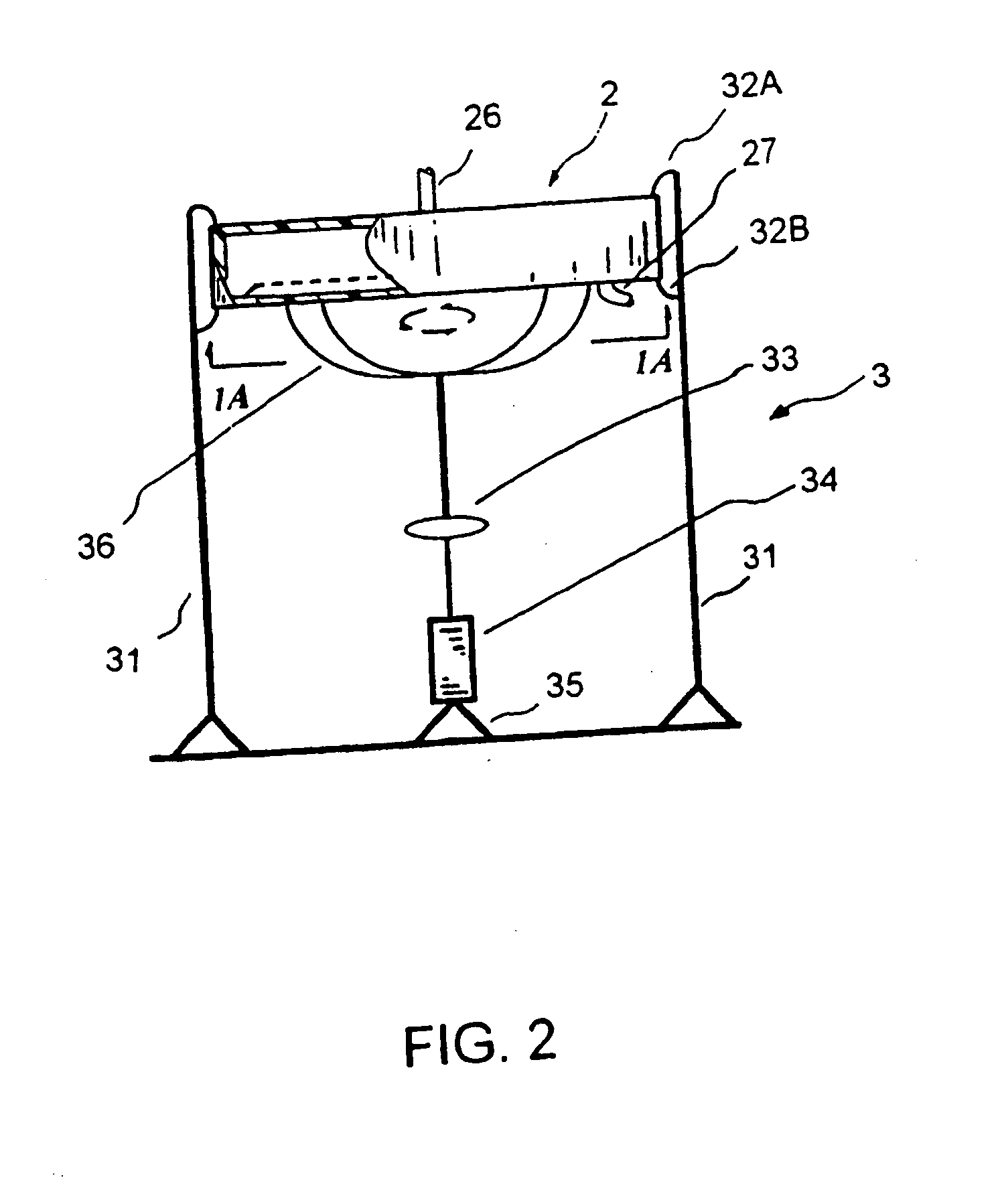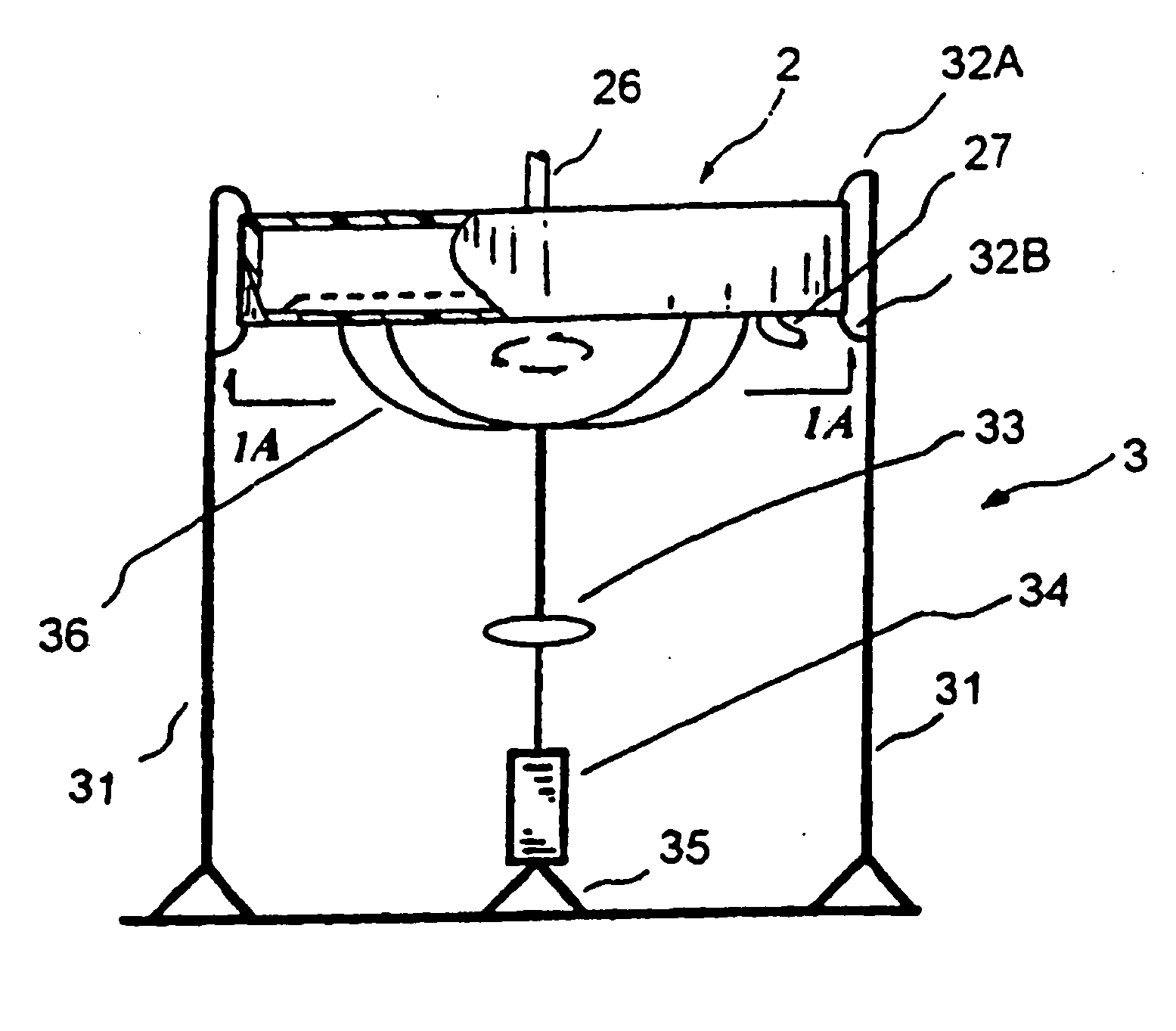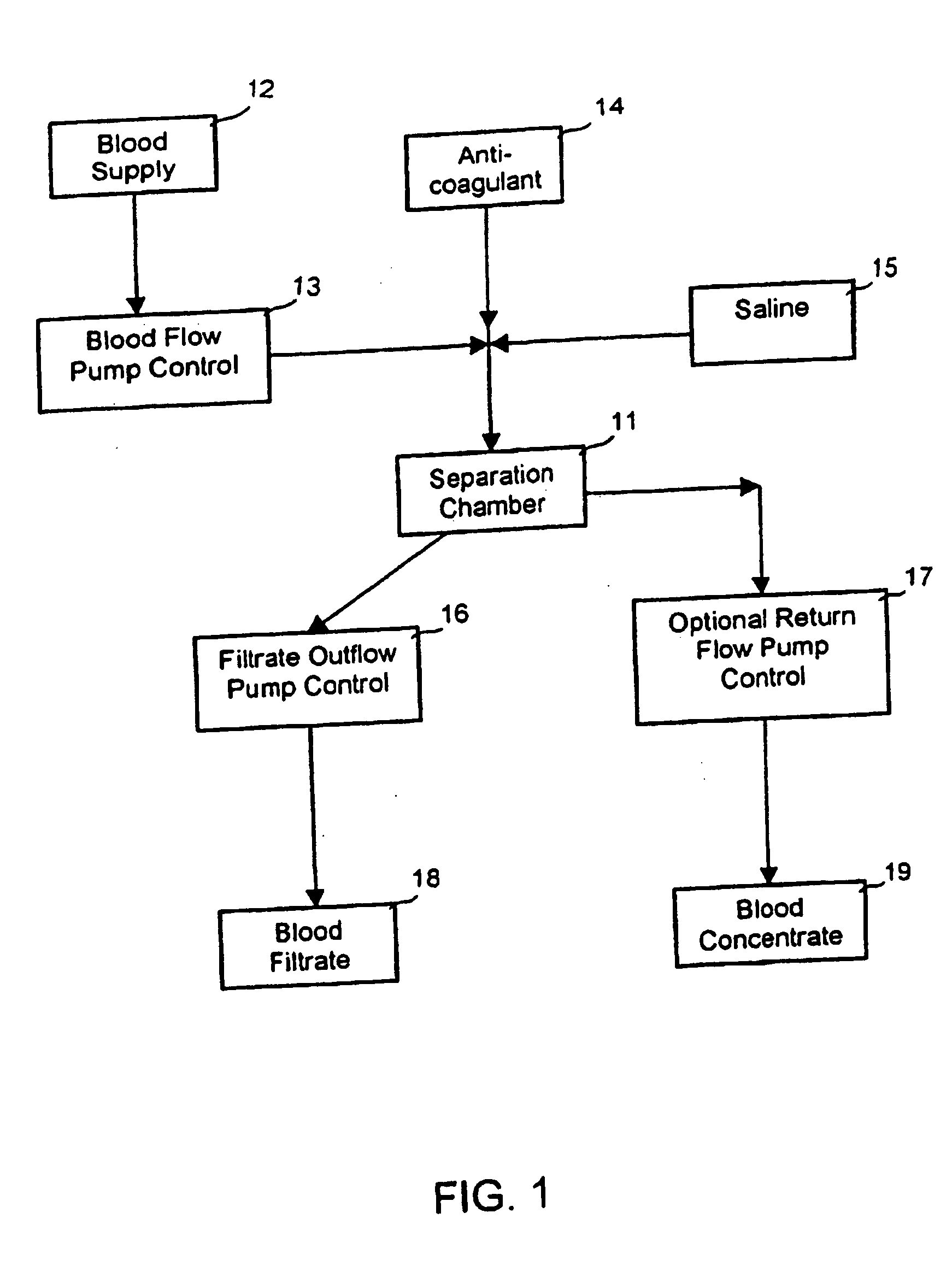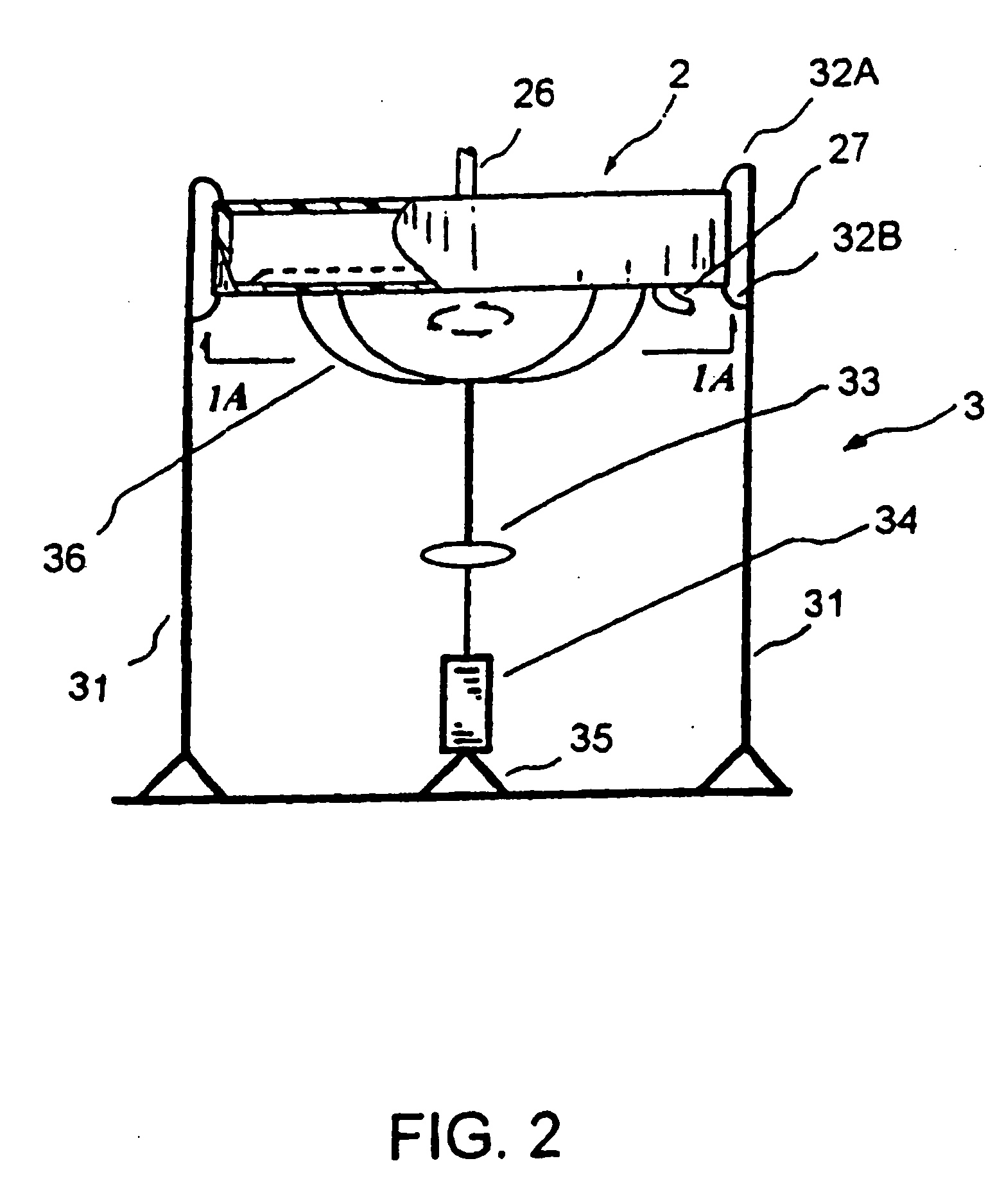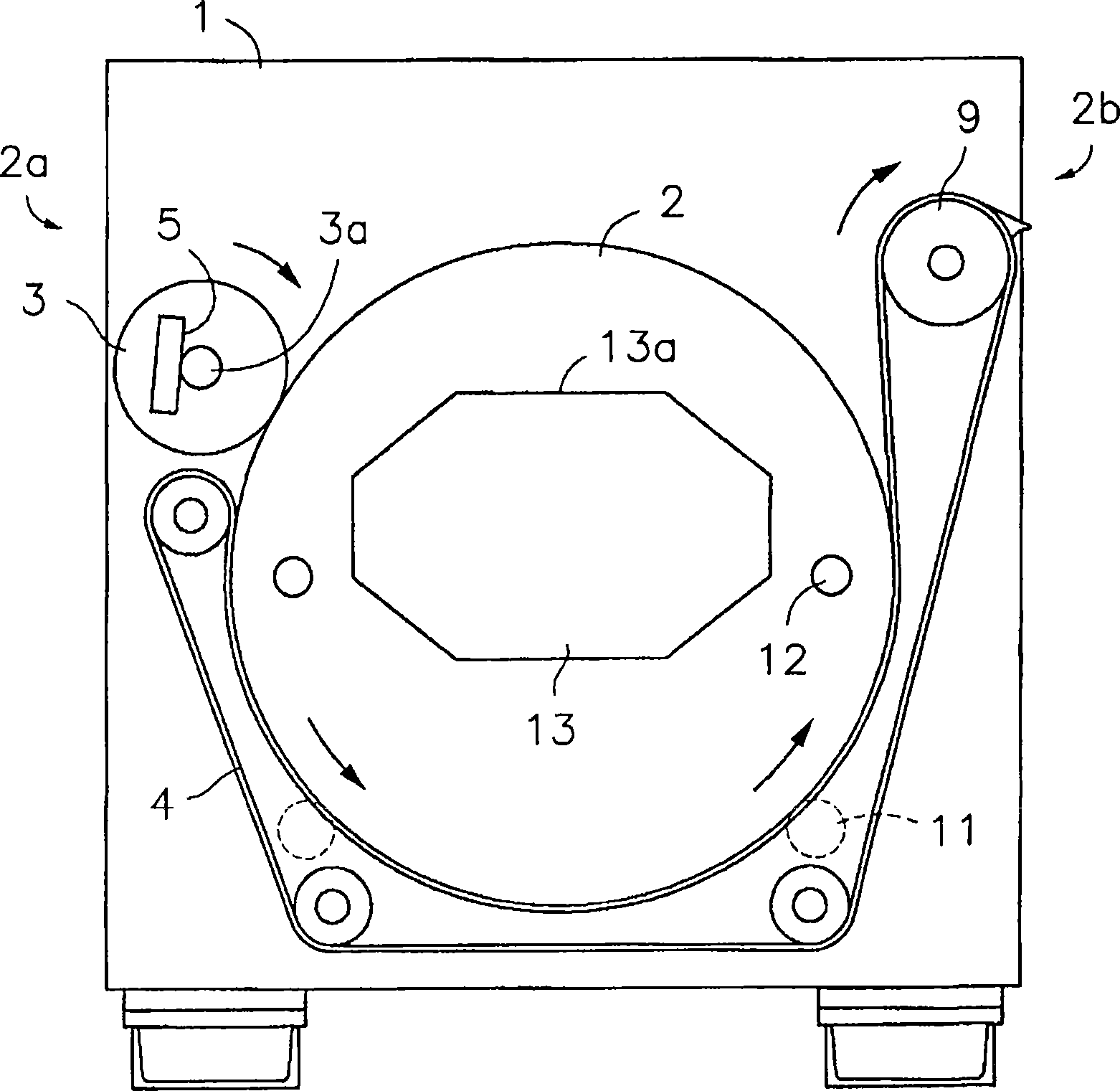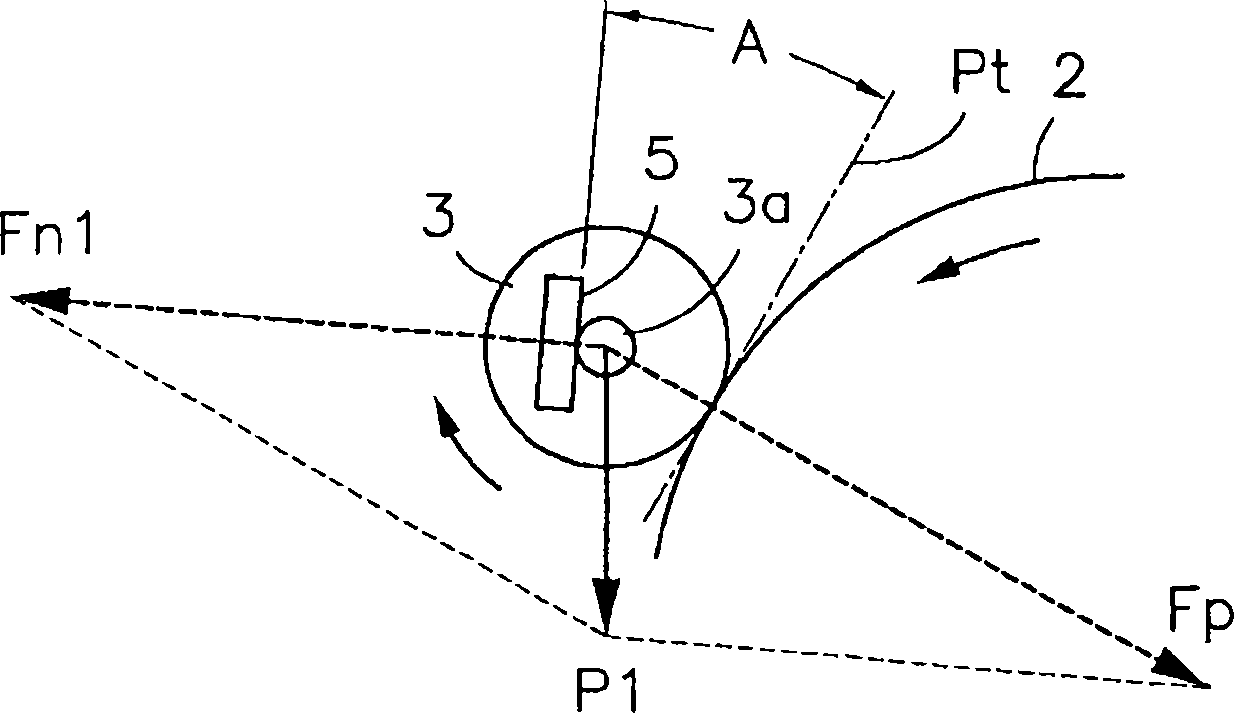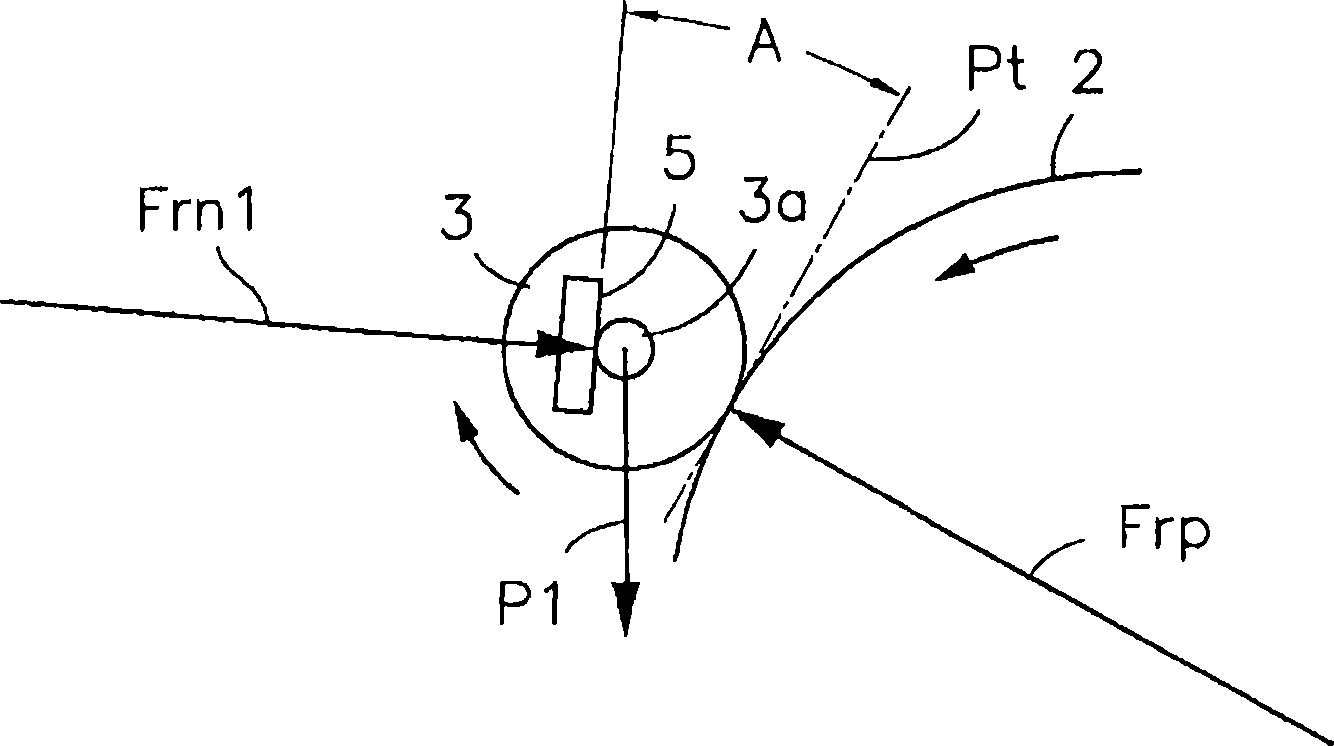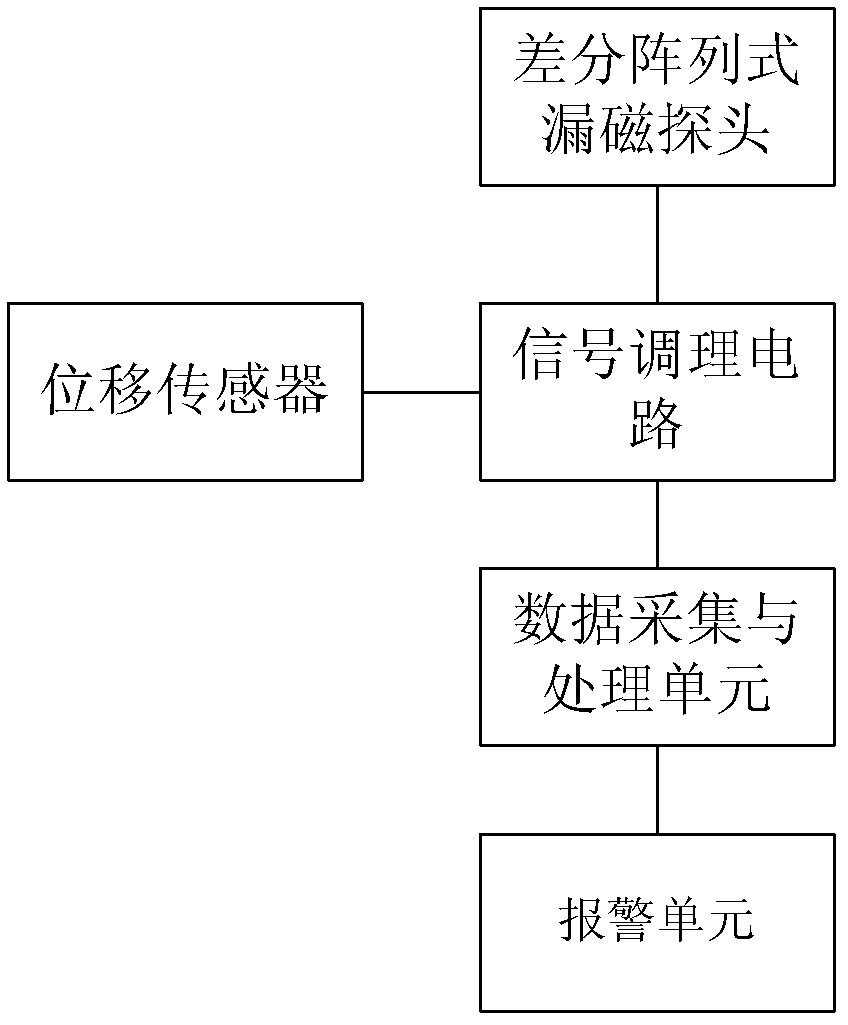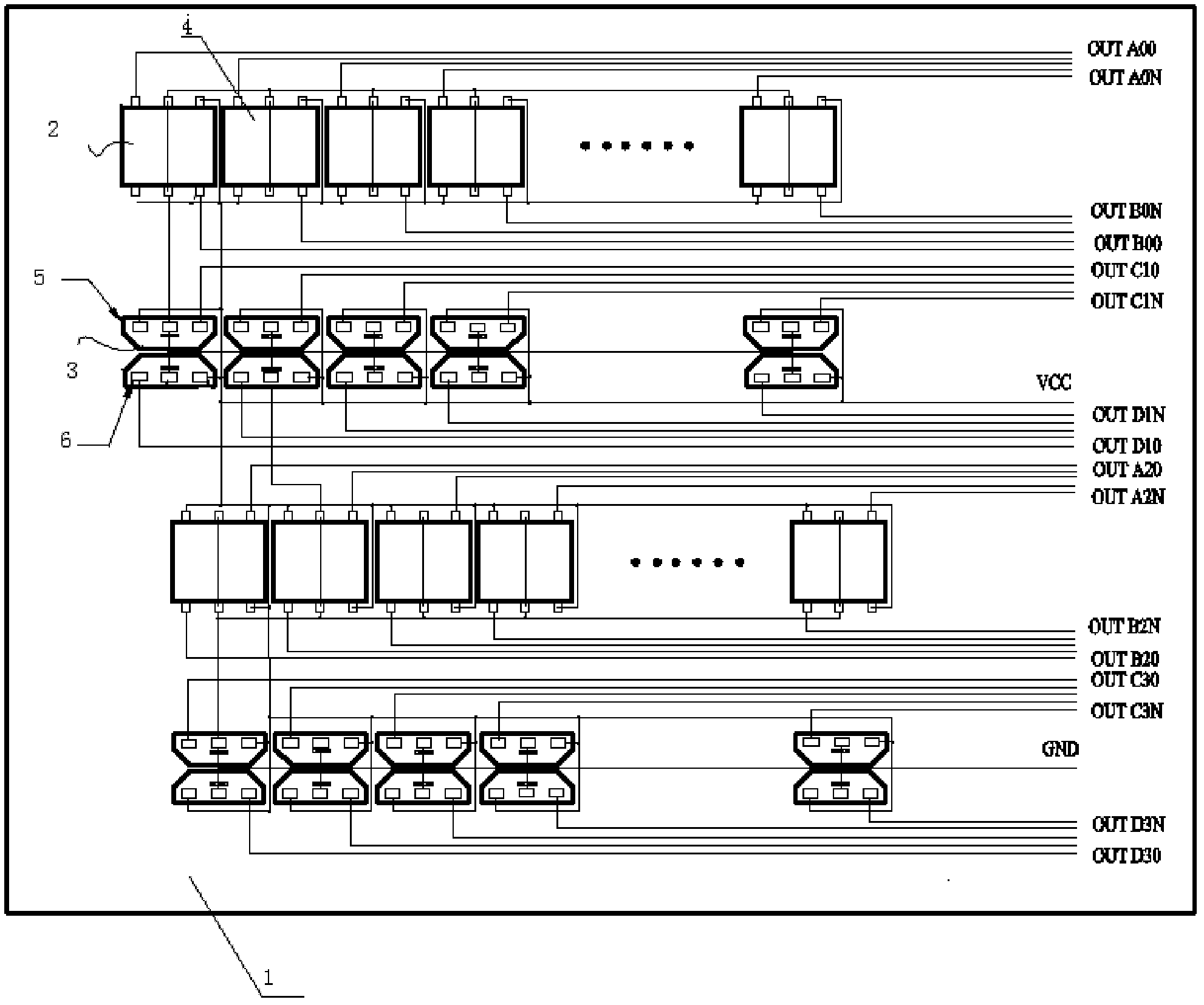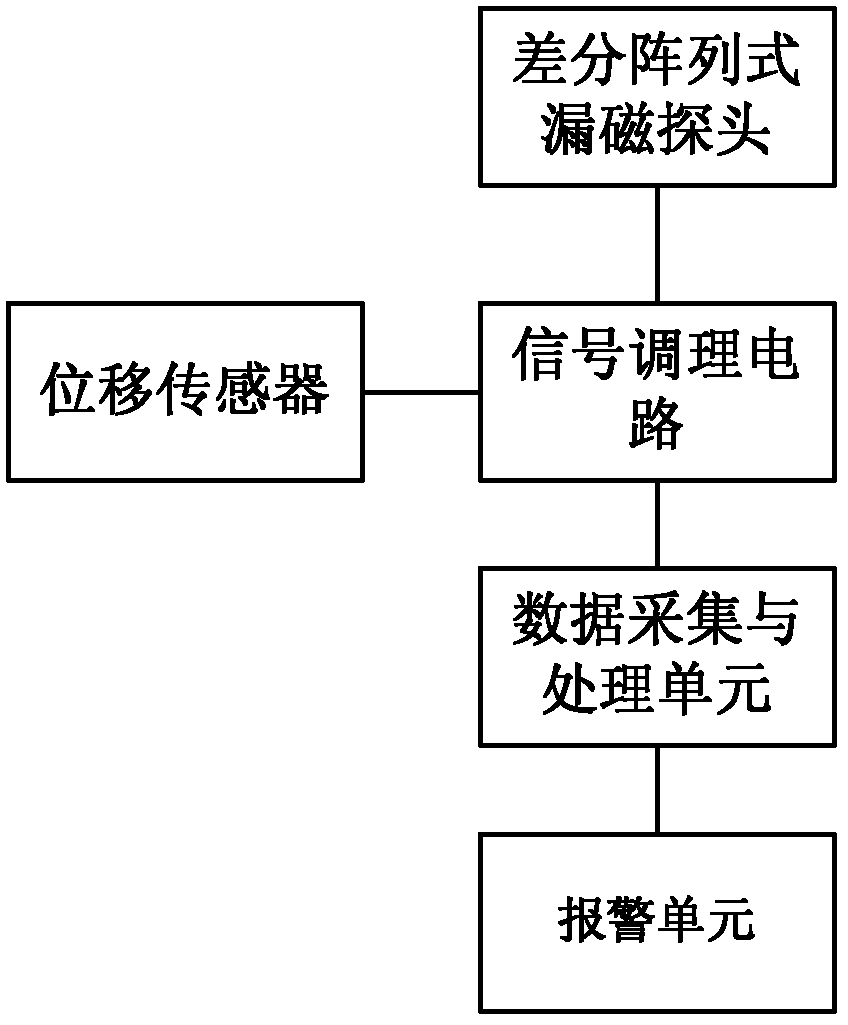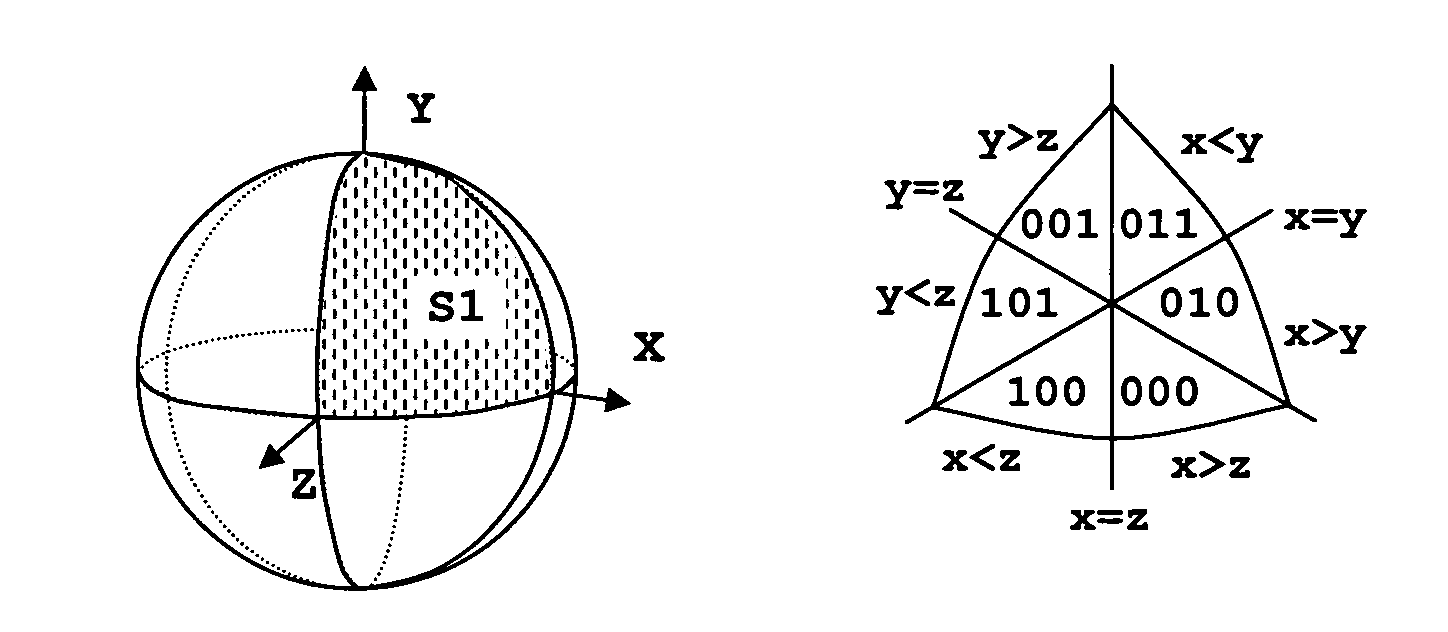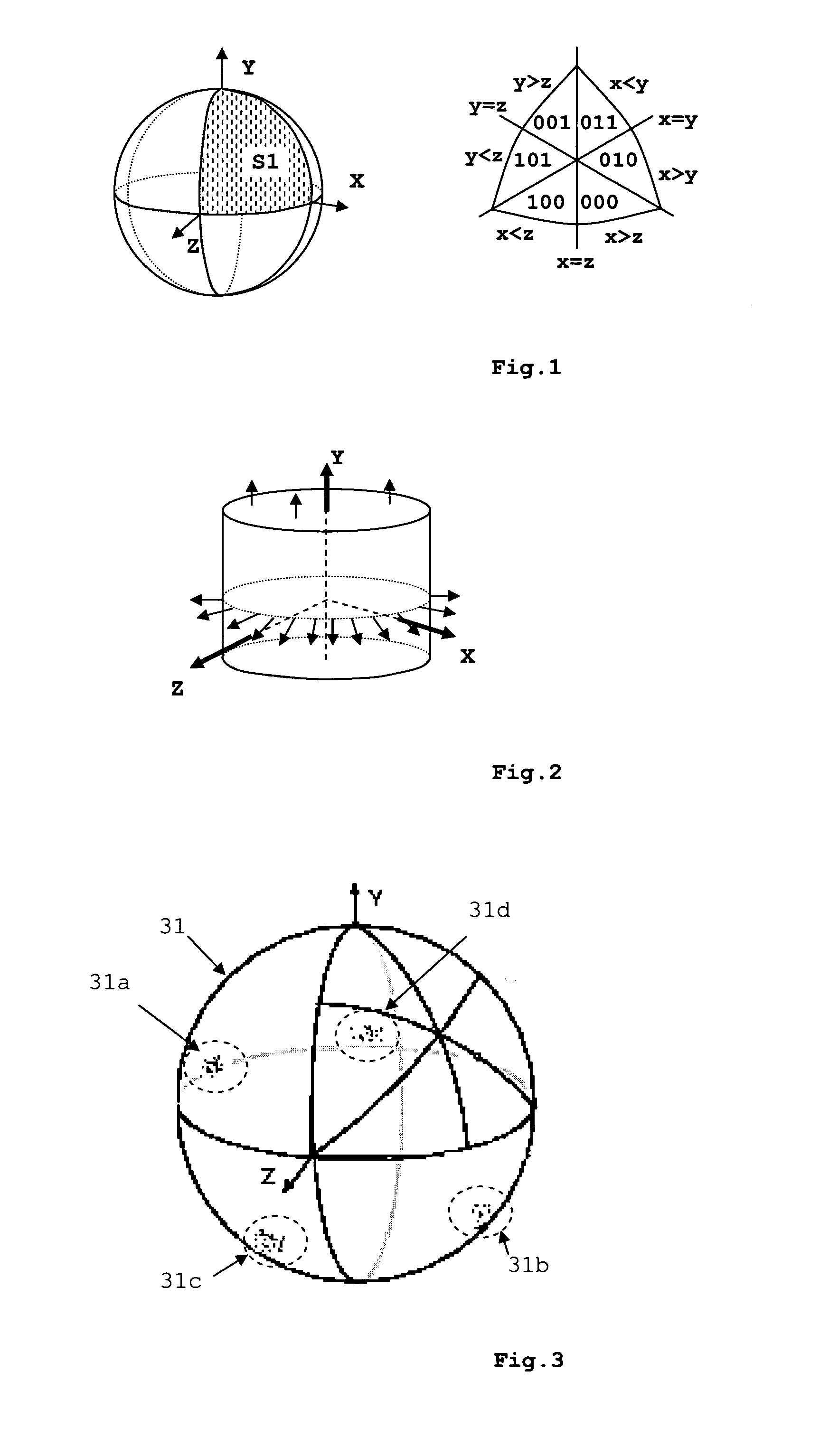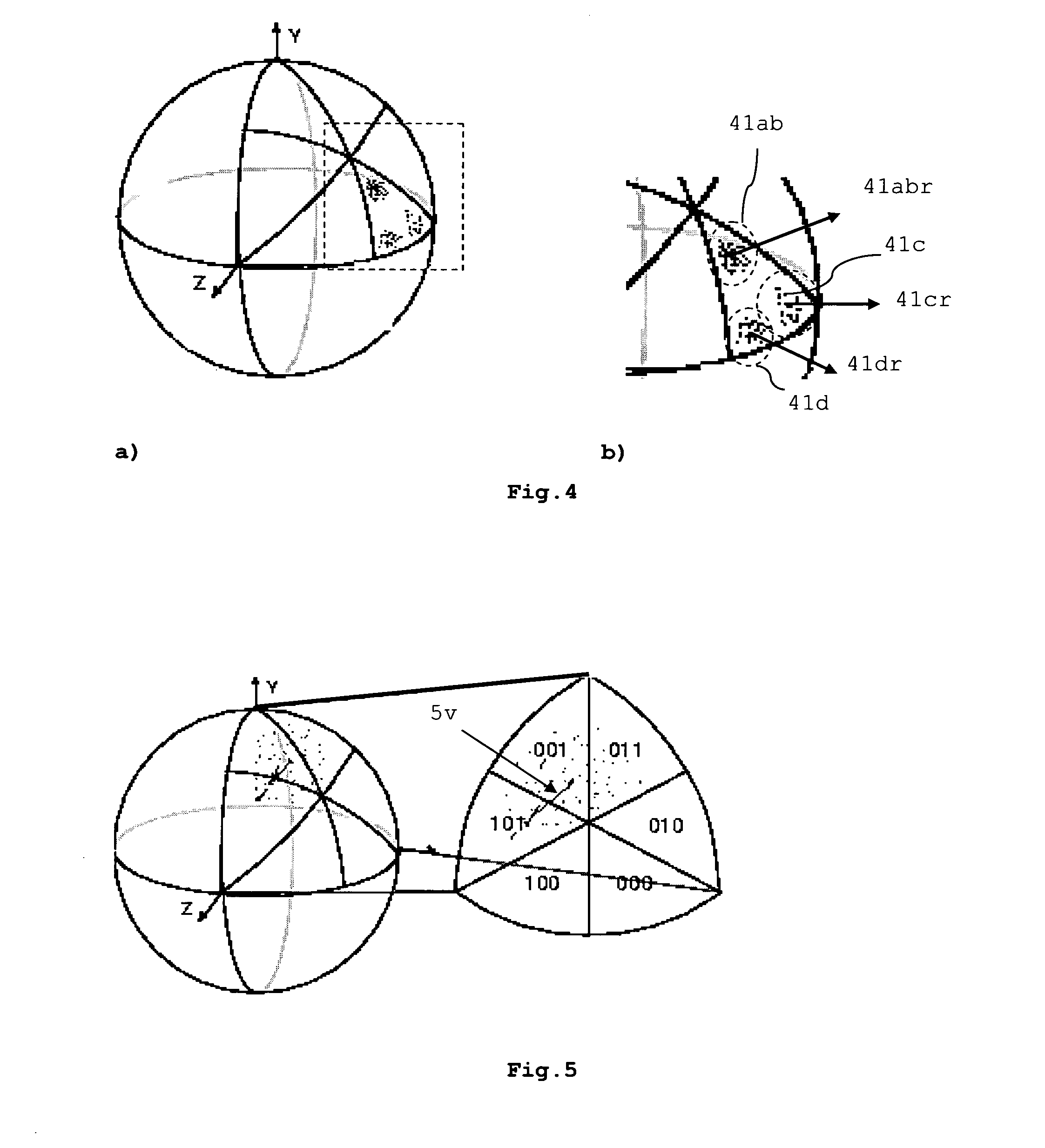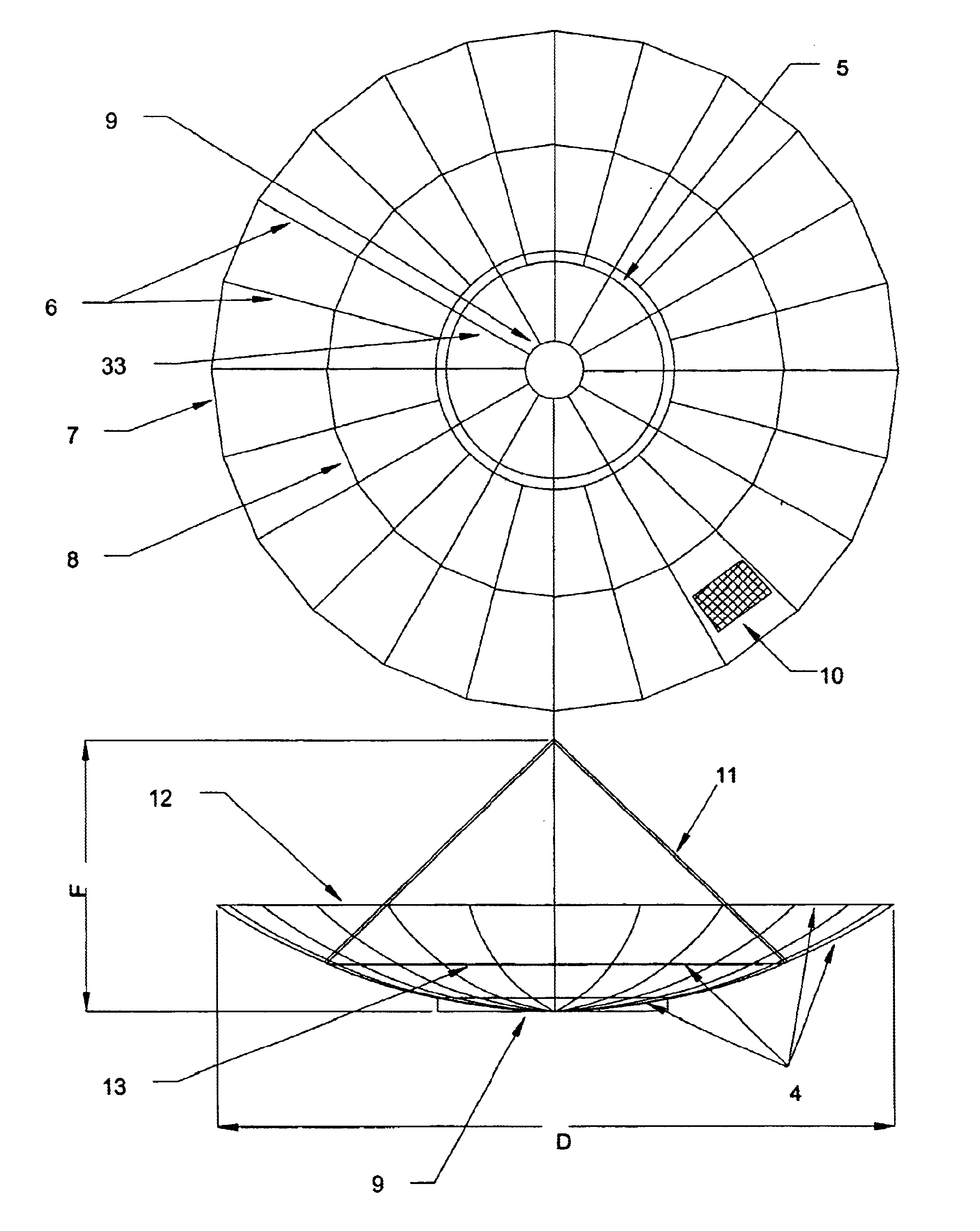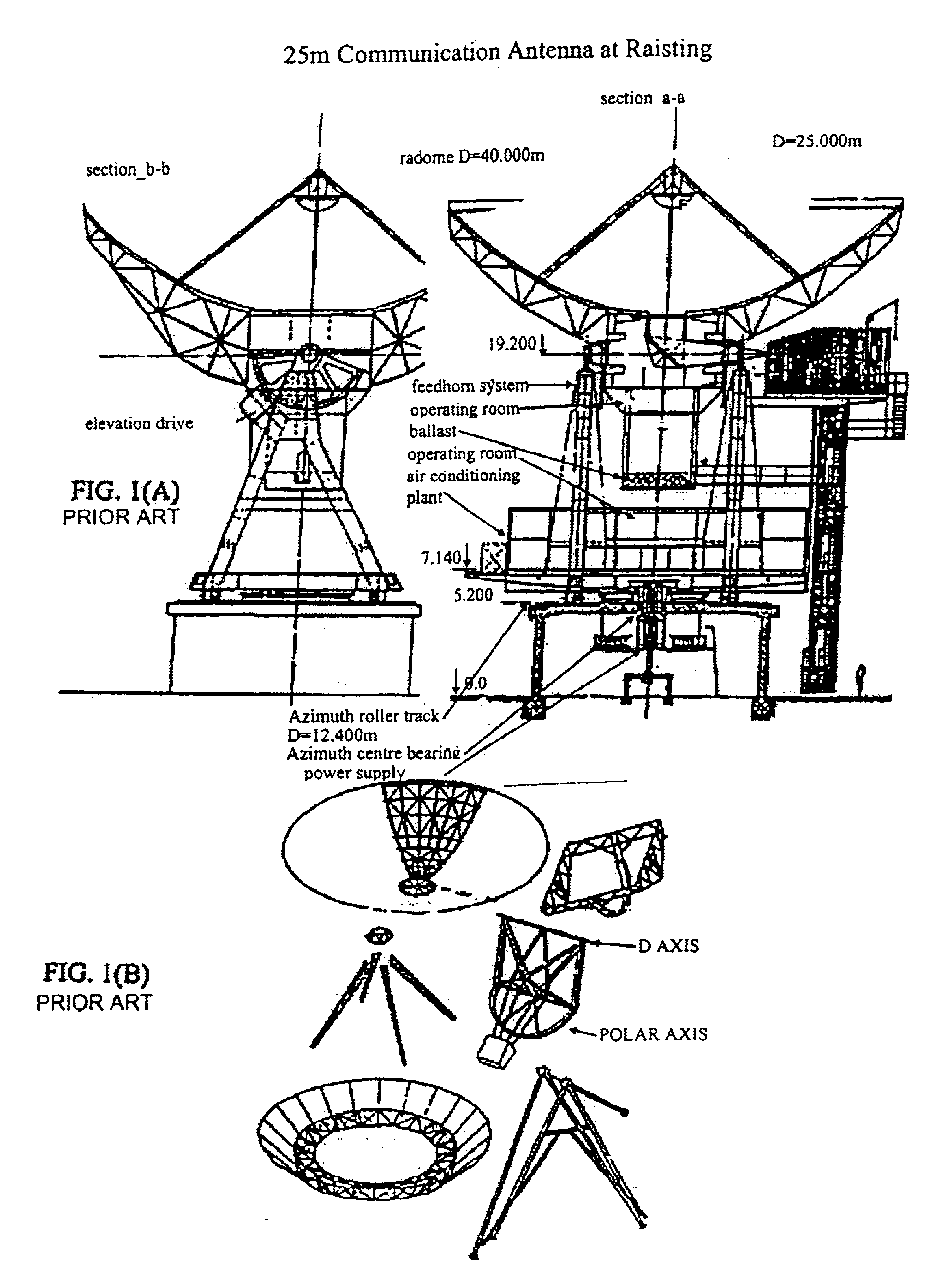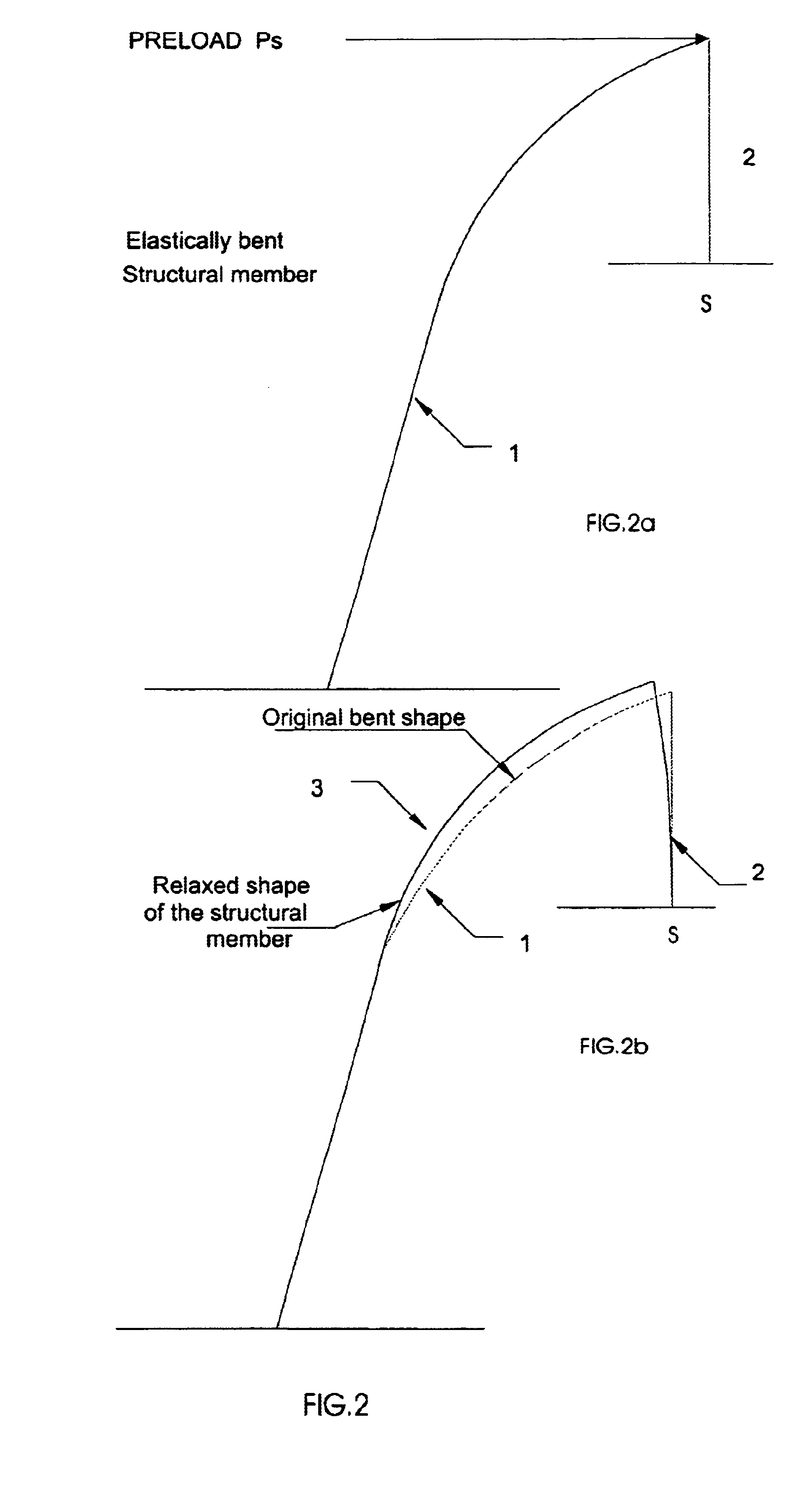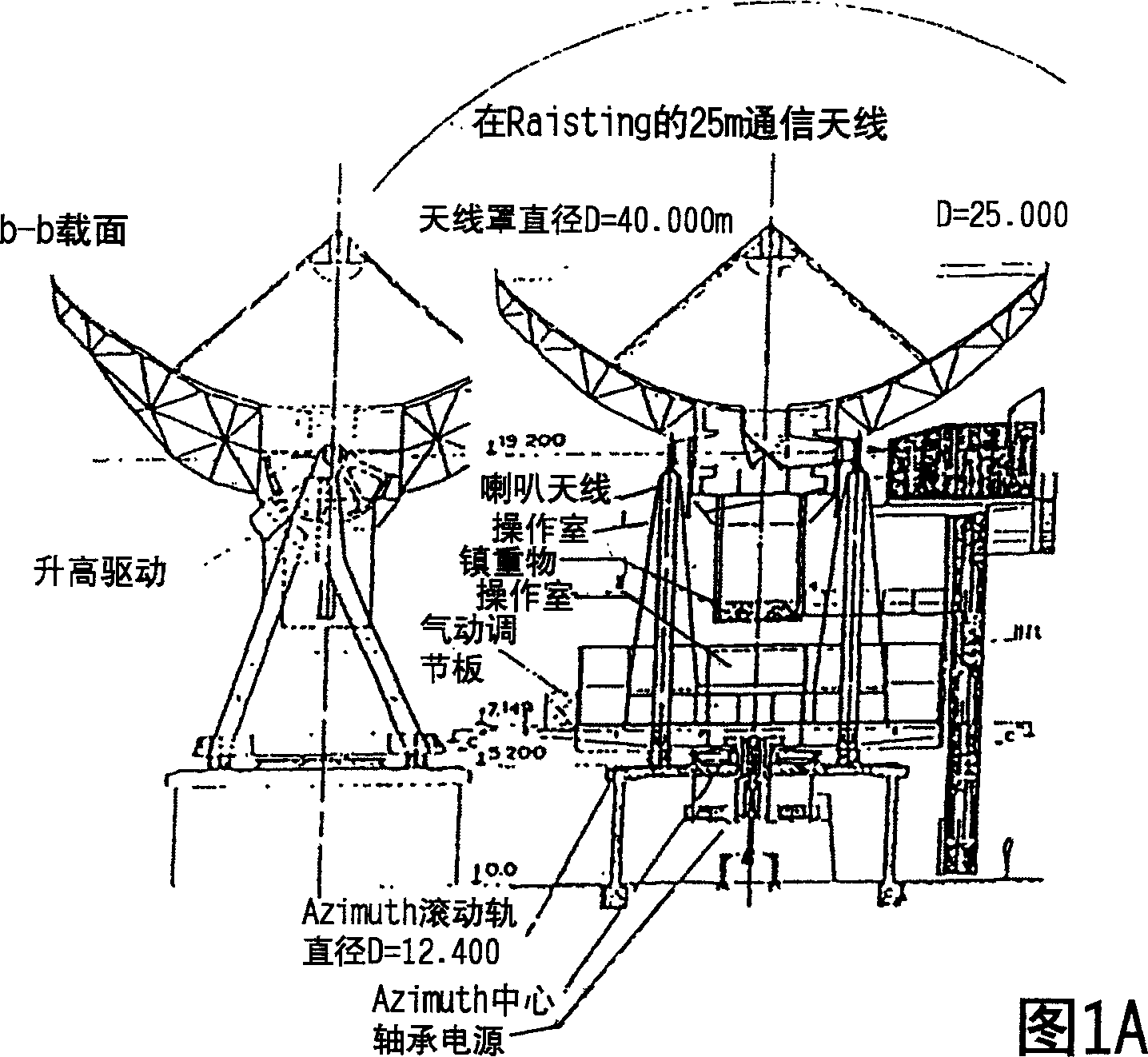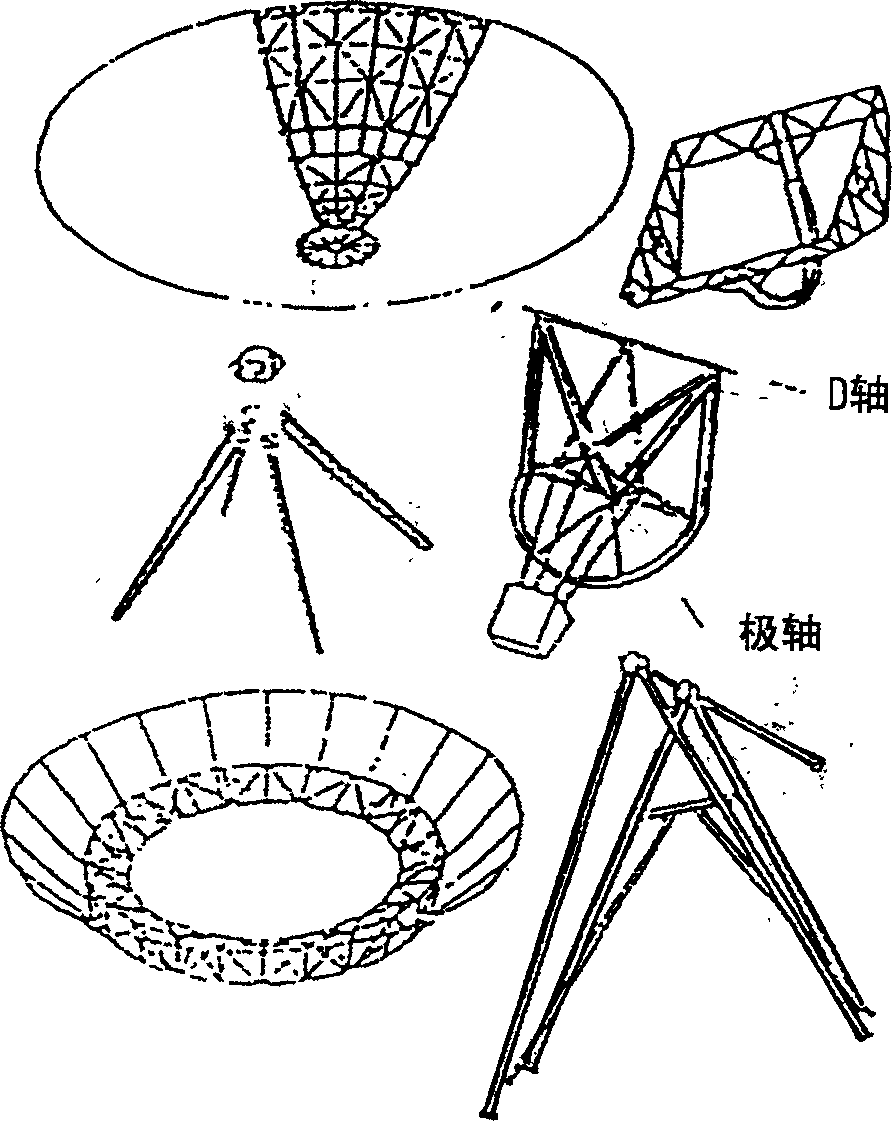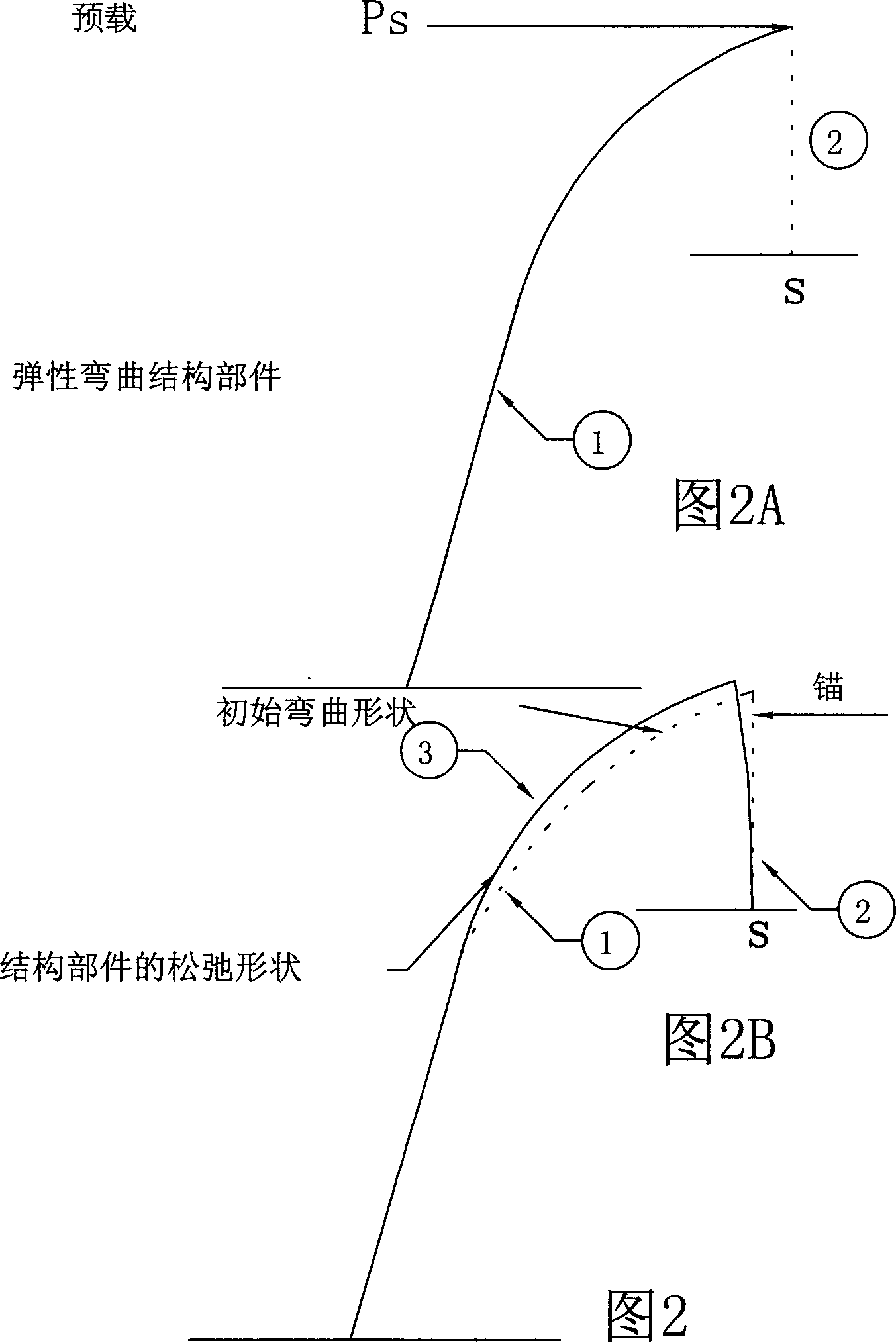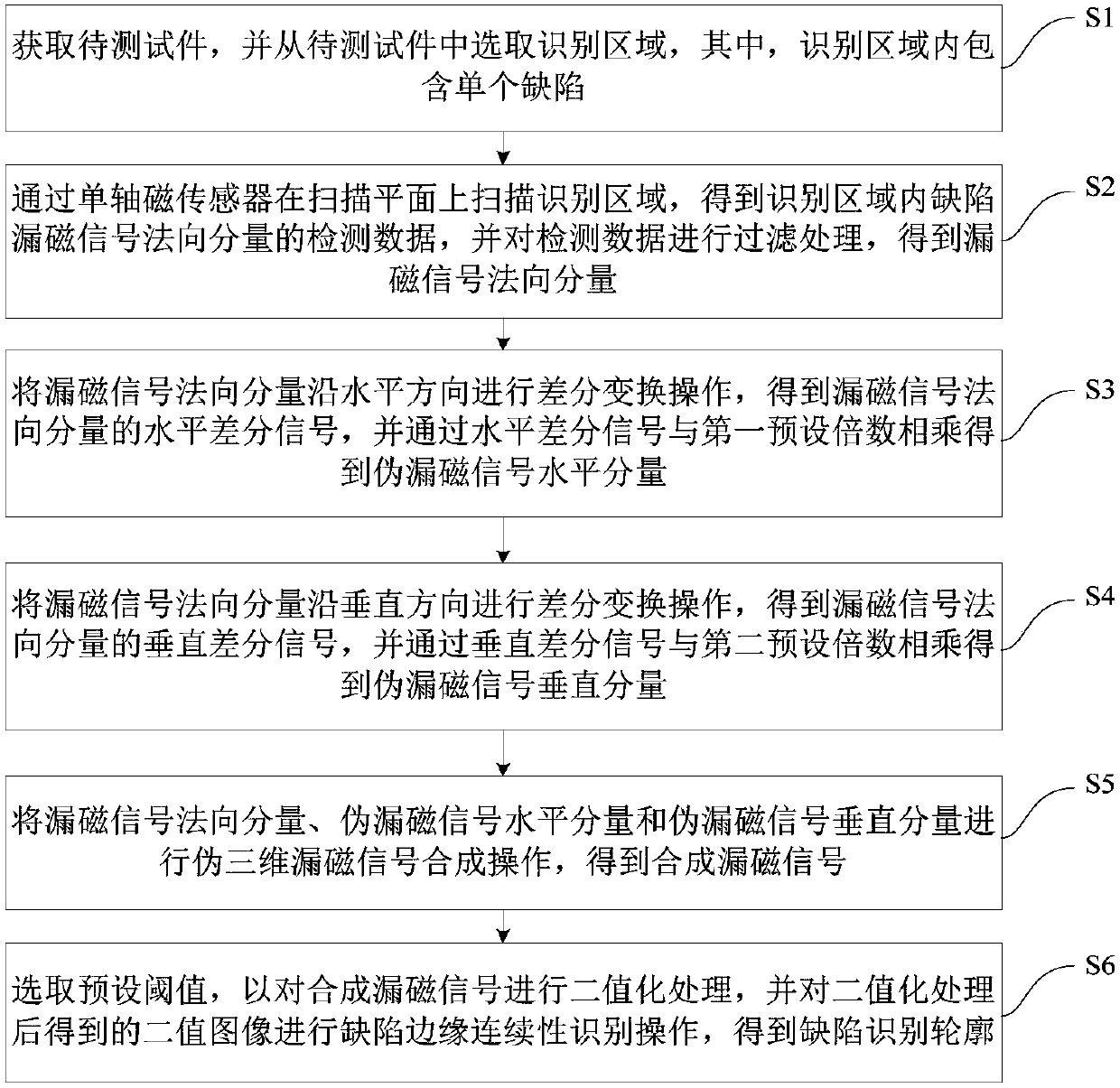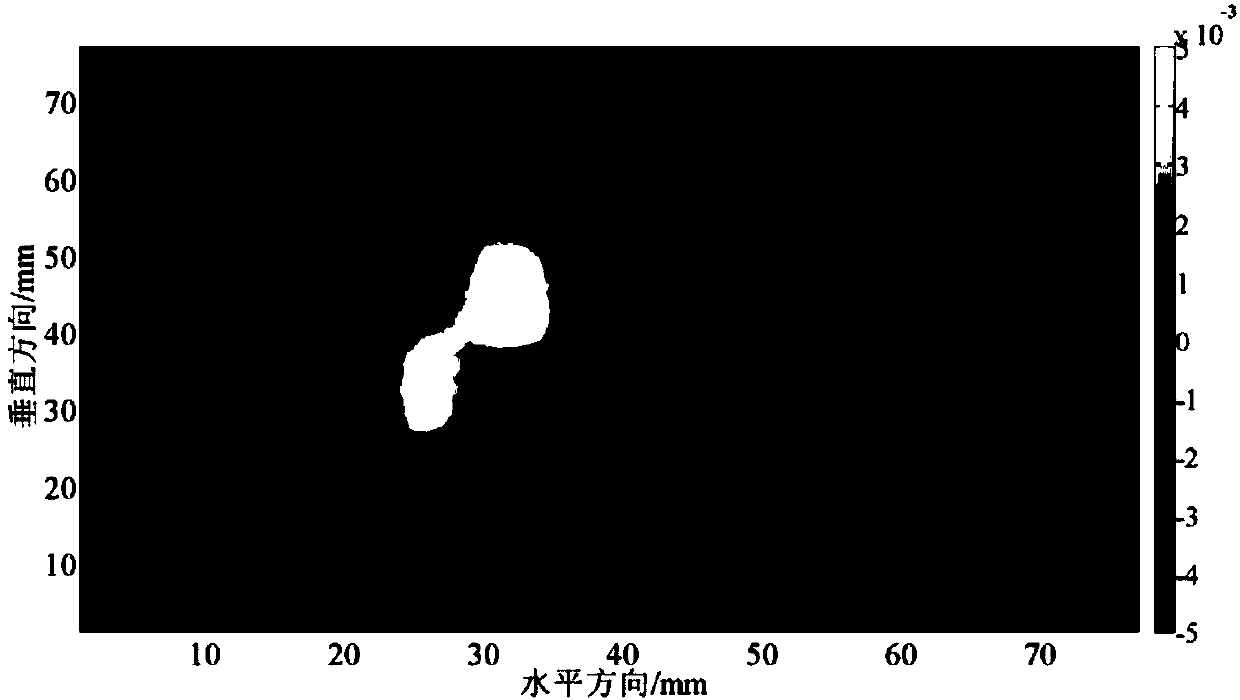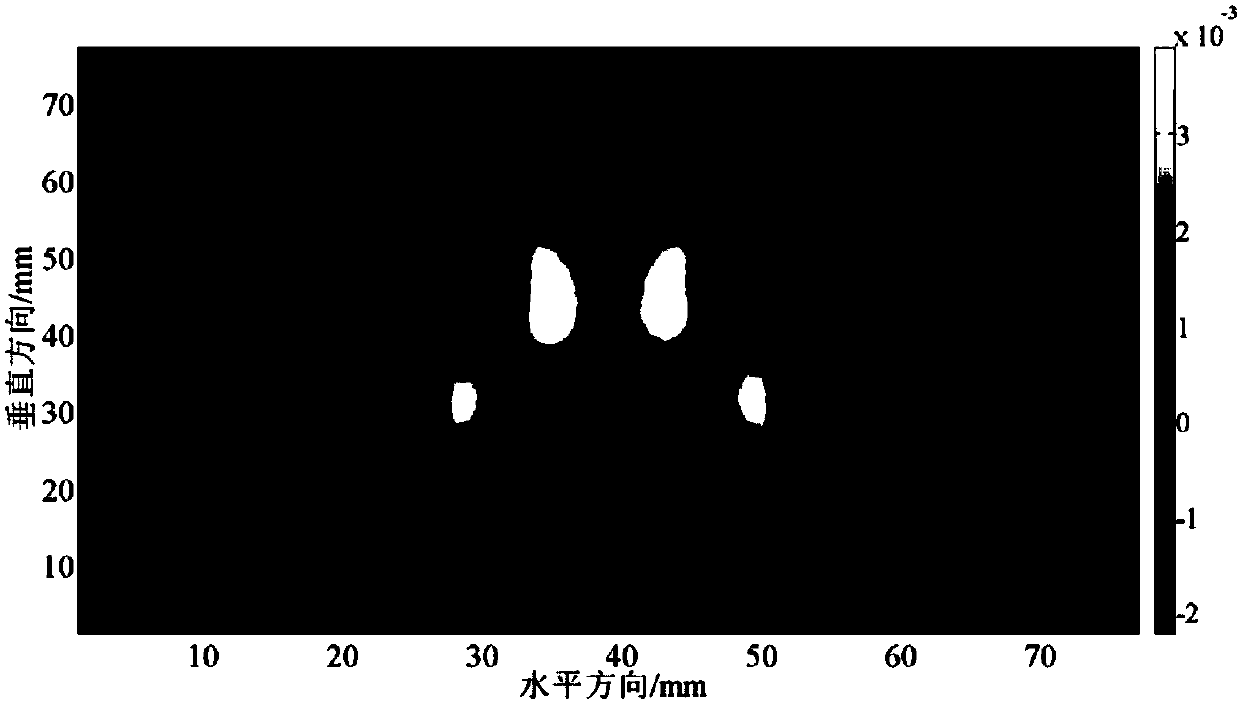Patents
Literature
110 results about "Normal component" patented technology
Efficacy Topic
Property
Owner
Technical Advancement
Application Domain
Technology Topic
Technology Field Word
Patent Country/Region
Patent Type
Patent Status
Application Year
Inventor
In mathematics, given a vector at a point on a curve, that vector can be decomposed uniquely as a sum of two vectors, one tangent to the curve, called the tangential component of the vector, and another one perpendicular to the curve, called the normal component of the vector.
Composition for stabilizing corneal tissue during or after orthokeratology lens wear
Two types of compositions having an eye-drop delivery system are used during or after an orthokeratology procedure to prevent or retard relaxation of corneal tissue back to the original anterior curvature of the cornea. Each composition functions independently from the others and is a different approach of preparing a stabilizing agent. The first composition is directed to a biologically compatible composition comprising fibril associated collagens with interrupted triple helices (FACITs) and / or small leucine-rich repeat proteoglycans (SLRPs). The fibril associated collagen family includes various types of collagens, such as type VI, type XX, type XII, and type XIV. The small leucine-rich repeat proteoglycans family includes decorin, keratocan, biglycan, epiphycan, lumican, mimecan, and fibromodulin. The second composition includes the enzyme found as a normal component of tissues, plasma, or epidermis, such as transglutaminase.
Owner:EUCLID SYST CORP +2
System for and method of monitoring and diagnosing the performance of photovoltaic or other renewable power plants
InactiveUS20110066401A1Improve performanceNuclear monitoringDigital computer detailsPower stationSimulation
Energy converters are monitored to ensure that they are operating at acceptable levels. An expected output is predicted using mathematical modeling and compared to the actual output generated by the energy converter. When the difference is above a predetermined threshold, the level of underperformance, along with other parameters, are used to determine a possible cause of underperformance and actions that can be taken to increase the output to acceptable levels. The cause and actions are transmitted to personnel, who are dispatched to service the underperforming energy converter. By centrally locating the mathematical modeling, monitoring, and dispatching, multiple PV modules can be managed from a remote location. When monitoring photovoltaic modules, an irradiation sensor employs multiple photosensors oriented to detect not only the normal components of sunlight but also directional, diffused components of sunlight, thereby increasing the accuracy of the mathematical modeling.
Owner:WATTMINDER
Method for encoding normals of a 3D mesh model, method for decoding normals of a 3D mesh model, encoder and decoder
InactiveUS9214042B2Increase the compression ratioImage coding3D-image renderingAlgorithmNormal component
A method for encoding vertex orientations, also known as normal components, of a 3D mesh model comprises a first clustering of the normal components, determining for each of the first clusters a sphere sector to which most of its elements belong, mapping normal components to a predefined sector, re-clustering the normal components in the predefined sector into second clusters, determining predictors for the second clusters and encoding a normal component by its residual, a reference to its predictor and data indicating which of said mirror mapping operations were performed. A sphere sector is obtained by dividing a sphere into m equal spherical segments and dividing each of said spherical segments into n equal sectors. The first clustering for the sector mapping and the second clustering for predictive coding result in an improved compression ratio.
Owner:THOMSON LICENSING SA
Method for prediction of oil well annular tube damage and detecting instrument for implementing the method
ActiveCN101012746AAvoid casing damage and economic lossBorehole/well accessoriesMaterial magnetic variablesWavelet denoisingMagnetic memory
The invention relates to a method of forecasting casing pipe damage by exploring casing pipe inner stress and the metal magnetic memory testing instrument designed specially for the method, which mainly solves the problem that prior casing damage testing technology only estimates the existed casing damage and can not forecast the possible casing damage. It is characterized in that the metal magnetic memory testing instrument is set to the objective measuring well segment; it moving along the underground casing pipe takes the normal component of leakage magnetic field Hy; The ground treatment system makes sampling data sequence x(n) is filtered in data by hanning filter; index wavelet denoising is carried out by Db4 wavelet function and four decomposed layers; denoising signal f(ti) is used to draw the magnetic memory data and grads curve; according to the curve the peak value of magnetic memory signal is taken out; the value is controlled with the four-grade semi-quantity evaluation underground casing stress distribution state table to forecast the criticality of casing damage. It has the early forecasting casing damage and can avoid huge economical loss of casing damage in oil field.
Owner:DAQING OILFIELD CO LTD +1
Body-worn personal communications apparatus
ActiveUS7424316B1Provide top loadingEnhanced Cordless TelecommunicationsTime indicationInterconnection arrangementsTransceiverCoaxial cable
In a body-worn personal communications apparatus, for example a wrist-carried wireless telephone, an antenna (102) is a helical or other physically-shortened electric antenna that makes use of the enhanced normal component of electric field close to the body. A microphone (114) can act as a top load to the antenna, thereby enabling the use of a shorter antenna. The antenna (102) may be formed from coaxial cable, enabling it to provide electrical connections between the microphone (114) and transceiver circuitry in the body of the apparatus. By arranging for the microphone (114) to have low impedance at radio frequencies, the coaxial cable acts as an inductive stub and enables the antenna (102) to be further shortened.
Owner:CALLAHAN CELLULAR L L C
Extracorporeal pathogen reduction system
InactiveUS6969367B2Enhanced continuous plasmapheresisReduce hemolysisSolvent extractionHaemofiltrationPathogen reductionBody fluid
The invention relates to an apparatus system and methods for treatment of virus-infected or pathogen-loaded human blood components separated from normal components comprising a separation apparatus and treatment apparatus system that inactivate pathogens in an extracorporeal body fluid system.
Owner:XEPMED INC (US)
Extracorporeal pathogen reduction system
InactiveUS20050274672A1Reducing pathogen burdenEnhanced continuous plasmapheresisOther blood circulation devicesSolvent extractionPathogen reductionVirus
The invention relates to an apparatus system and methods for treatment of virus-infected or pathogen-loaded human blood components separated from normal components comprising a separation apparatus and treatment apparatus system that inactivate pathogens in an extracorporeal blood system.
Owner:XEPMED INC (US)
Method and tool for simulation of the aerodynamic behaviour of an aircraft in flight close to the ground
The invention relates to a method of computer simulation of the aerodynamic behaviour of an aircraft (10) in flight close to the ground. This method is used to identify the slope effect relative to the ground effect.To achieve this, a uniform boundary condition comprising a predetermined speed (UP) with a non-zero tangential component and a non-zero normal component is imposed on a plane (21) modelling the ground; and a discrete numerical model of the Navier-Stokes equations is solved by computer on a volume mesh with said boundary condition imposed on said plane (21), so as to obtain a numerical solution for a fluid flow inside a computational domain defined by said mesh.
Owner:AIRBUS OPERATIONS (SAS)
Method and system of controlling a work tool
InactiveUS7007415B2Analogue computers for trafficMechanical machines/dredgersMotion vectorControl system
A method for controlling movement of a work tool includes the step of identifying a predefined digging boundary and determining the current position of the work tool. A control signal is generated to change the position of the work tool. A requested motion vector is determined for the work tool based on the control signal. A determined force is generated to apply to the work tool. It is based on the requested motion vector and has a normal component that is scaled to prevent the work tool from crossing the predefined digging boundary. One aspect is directed to a control system for a work tool on a work implement assembly.
Owner:CATERPILLAR INC
Storage system and control method of storage system
InactiveUS20090006890A1Improve reliabilityPreventing of user dataNon-redundant fault processingFault toleranceComputer science
Provided is a storage system superior in fault tolerance. This storage system is composed of a controller having a plurality of processors and other units. When an error occurs in any one of the components in the controller, the storage system cuts off an I / O path of the controller, specifies the failed component in the cutoff status, and invalidates such failed component. Further, after invalidating the failed component, the storage system determines whether it is operable only with the normal components, cancels (releases) the cutoff of the I / O path when it determines that it is operable, and resumes operation by rebooting itself.
Owner:HITACHI LTD
Navigation satellite orbit rapid recovery method based on short arc orbit determination and forecast
ActiveCN108761507AFast track back to normal useConvenient and seamless dockingSatellite radio beaconingRecovery methodRight-hand rule
The invention belongs to the technical field of navigation satellite precision orbit determination, and specifically relates to a navigation satellite orbit rapid recovery method based on short arc orbit determination and forecast. The navigation satellite orbit rapid recovery method based on short arc orbit determination and forecast includes the steps: through short arc orbit determination and short arc forecast, taking the distance from of the satellite at a reference epoch to the geocenter as the radial component, taking the distance from the satellite to the initial orbit plane as the secondary normal component, taking the third component defined according to the right hand rule of the coordinate system as the tangential component, taking the time rate of change of the radial component, the secondary normal component and the tangential component, and performing rapid recovery of the navigation satellite orbit through compatible user ephemeris calculation with an additional component correction value. The navigation satellite orbit rapid recovery method based on short arc orbit determination and forecast can realize seamless docking of the ephemeris solution method of the userbefore and after orbit control, can improve the accuracy of satellite orbit determination and forecast, can obtain the satellite precise orbit of the user application demand in a relatively short timeafter orbit control, and can make accurate forecast so as to enable the satellite to resume normal use and guarantee normal operation of the satellite system, and has important guiding significance for the technical field of navigation satellite orbit determination.
Owner:PLA STRATEGIC SUPPORT FORCE INFORMATION ENG UNIV PLA SSF IEU
Noise diagnosis algorithm for rolling bearing faults of rotary equipment
ActiveCN110132598AEffective diagnosisEfficient detectionMachine part testingCharacter and pattern recognitionPrincipal component analysisEngineering
The invention discloses a noise diagnosis algorithm for rolling bearing faults of rotary equipment. Firstly, a sound pick-up device collects running noise signals of a rolling bearing, and the signalsare subjected to preliminary fault judgment through a bearing normality and anomaly pre-classification model based on an anomaly detection algorithm; secondly, according to a fault pre-judgment result, the abnormal signals (the faults occur) pass through a neural network filter to filter normal components in the signals of the bearing, the output net abnormal signals are connected to a subsequentfeature extraction module, and the normal signals (no faults occur) are directly connected to the feature extraction module; the feature extraction module extracts Mel-cepstrum coefficients (MFCC) ofthe signals to serve as eigenvectors, feature reconstruction is carried out by utilizing a gradient boosted decision tree (GBDT) to form composite eigenvectors, and principal component analysis (PCA)is used for carrying out dimensionality reduction on features; and finally, feature signals are input into an improved two-stage support vector machine (SVM) ensemble classifier for training and testing, and at last, high-accuracy fault type diagnosis is achieved. According to the algorithm, the bearing faults can be effectively detected and relatively high fault identification accuracy is kept;and the algorithm has relatively high effectiveness and robustness for detection and classification of the bearing faults.
Owner:CHINA UNIV OF MINING & TECH
Steel wire rope magnetic memory on-line detection device
ActiveCN103995048AAvoid jitterImprove defect accuracyMaterial magnetic variablesNon destructiveMagnetic memory
The invention discloses a steel wire rope magnetic memory on-line detection device, and belongs to the technical field of non-destructive detection. The steel wire rope magnetic memory on-line detection device includes two groups of three-dimensional magnetoresistive sensors, adders, multipliers and subtracters, the two groups of three-dimensional magnetoresistive sensors are mounted on a steel wire rope and have the same mounting direction, and each group of three-dimensional magnetoresistive sensors comprises 8-12 three-dimensional magnetoresistive sensors uniformly distributed at a same circumference. An equilibrium and differential detection method is adopted to mainly aim to overcome steel wire rope shaking and outside interference, secondary output of signal characters is carried out, and the accuracy for judging metal member defects is improved; secondly, with adopting of a component signal single output method, whether a point is a steel wire rope defect is judged according to characteristic signals singly outputted by a normal component and a tangential component; and then, the two groups of annular uniformly-arranged three-dimensional magnetoresistive sensors HMC1053 are adopted to achieve all-dimensional inspection of the normal component and the tangential component of the steel wire rope, so as to eliminate the measured blind area problem.
Owner:TAIYUAN UNIV OF TECH
Method for monitoring fatigue damage using ferromagnetic materials surface stray magnetic field signal
InactiveCN101126799ADynamic monitoring of fatigue damageEasy to detectHysteresis curve measurementsMagnitude/direction of magnetic fieldsFatigue damageFatigue loading
The utility model discloses a method utilizing a stray magnetic field signal monitoring the damage of ferromagnetic, which belongs to the magnetic nondestructive inspection field. Ferromagnetic components do not have measurable strain in early stages of service, with difficulty to evaluate damage. The utility model, inspected material and smooth plantlike standard fatigue specimens have the same heat treatment state, and are demagnetized through high temperature, so as to get the pure initial magnetic state. And then a constant rate is imposed to pull the tension fatigue load, every stray magnetic field normal component of the surface inspecting components is unloaded corresponding to scheduled cycles, the slope Ks of different magnetic cycle curves is extracted, the critical value of the slope Ksc is determined, and the mapping relationship between the slope Ks before fatigue crack and fatigue cycles N is established. The measured components by the same value are inspected, and the measured slope Ks of the magnetic curve is compared with the critical value of the slope Ksc, and then the fatigue damage can be determined. The utility model has the advantages that the utility model has simple operation and accurate inspecting results, and dynamic monitoring the early fatigue damage of the ferromagnetic components in the unloaded state can be achieved.
Owner:ACADEMY OF ARMORED FORCES ENG PLA
Extracorporeal pathogen reduction system
InactiveUS7470245B2Enhanced continuous plasmapheresisReduce hemolysisSolvent extractionOther blood circulation devicesMedicinePathogen reduction
Owner:XEPMED INC (US)
Organic light emitting display device
ActiveUS20140085907A1Easy to combineEasy to separateStatic indicating devicesVehicle interior lightingDisplay deviceOptoelectronics
An organic light emitting display device is disclosed which includes a magnet inserted into a bottom cover. The magnet is used to combine an organic light emitting display panel with a support means which is used to support the organic light emitting display panel and includes an upper cover, the bottom cover and a side cover. A sealing member included in the organic light emitting display panel is fastened to the bottom cover by a magnetic force of the magnet. As such, it is easy to separate the organic light emitting display panel and the support means from each other when a fault is generated in any component. In accordance therewith, the manufacturing process can be simplified and the faulty component can be easily replaced with a normal component. As a result, the manufacturing costs of the organic light emitting display device can be reduced.
Owner:LG DISPLAY CO LTD
Apparatus and method for measuring stress at an interface
InactiveUS7077011B2Effectively stress and stress componentEffective stressWeighing apparatus using elastically-deformable membersForce measurement by measuring optical property variationAcousticsNormal component
An apparatus for measuring stress is provided that includes a stress sensor including, in part, a sensing device configured for generating and outputting sensor measurement signals representative of a stress or a component of a stress. In one embodiment, the stress sensor permits sensing and measurement of a shear component of a stress substantially exclusive of a normal component thereof. The stress sensor may be suited for measuring stress between mated bodies, such as at an interface between the mated bodies. A method of measuring stress using the stress sensor and a rocket motor including at least one stress sensor are also provided.
Owner:NORTHROP GRUMMAN INNOVATION SYST INC
Method and system of controlling a work tool
InactiveUS20050132618A1Analogue computers for trafficMechanical machines/dredgersControl systemControl signal
A method for controlling movement of a work tool is disclosed. The method includes the step of identifying a predefined digging boundary and determining the current position of the work tool. A control signal is generated to change the position of the work tool. A requested motion vector is determined for the work tool based on the control signal. A determined force is generated to apply to the work tool. It is based on the requested motion vector and has a normal component that is scaled to prevent the work tool from crossing the predefined digging boundary. In one aspect, the present disclosure is directed to a control system for a work tool on a work implement assembly.
Owner:CATERPILLAR INC
Robot tool centre point three-component calibration method based on plane measurement
InactiveCN1903525AEasy to control accuracyMeasurement devicesManipulatorMeasurement pointEngineering
A three-component calibration method based on plate measurement for the central point of robot tool includes such steps as fixing a measuring probe to the terminal of robot, positioning a smooth plate in the moving range of robot, making the robot to move in translation mode, using probe to contact with 3 or more points which are not on a same straight line to obtain their coordinates and positions, calculating the normal components of the plane where the surface is positioned, using probe to contact with one point on the plate when the directions of the X,Y and Z axes for the coordinate system of robot terminal is same as said normal components, measuring the coordinate of the point, and calculating the position of the central point of robot tool in the coordinate system of robot terminal.
Owner:天津智通信息系统集成有限公司
Rotation angle detector
InactiveCN102346045ALimit frequencyLimits the scaling up of the sensor chip sizeUsing electrical meansConverting sensor output electrically/magneticallyPhase differenceClassical mechanics
A rotation angle detector for detecting a rotation angle of a magnet rotator includes: the rotator with a magnet mounted on a rotation shaft; a sensor chip; and an operation element. The chip includes: first and second normal component detection elements for detecting a magnetic field along with a normal direction and first and second rotation component detection elements for detecting a magnetic field along with a rotation direction. A phase difference [Delta][theta], output signals S1, S2, C1, C2 of the detection elements, a value [Delta][theta]bR obtained by differentiating a component of the magnetic field along with the normal direction with respect to the rotation direction, and a value [Delta][theta]b[theta] obtained by differentiating a component of the magnetic field along with the rotation direction with respect to the rotation direction satisfies: S 1 - S 2 [Delta][theta] PRG = [Delta] [theta] b R and C 1 - C 2 [Delta][theta] PRG = [Delta] [theta] b [theta] The operation element calculates: C 1 + [alpha] S 1 - S 2 [Delta][theta] and S 1 - [beta] C 1 - C 2 [Delta][theta]
Owner:DENSO CORP
Self-adaptive machining method for manipulator
ActiveCN110497423AImprove processing stabilityImprove machining accuracyProgramme-controlled manipulatorTotal factory controlEngineeringContact force
The invention provides a self-adaptive machining method of a manipulator. A sensor for acquiring a contact force value of the manipulator and a workpiece is arranged at the tail end of the manipulator, and a machining tool is arranged on the sensor. The machining method comprises the steps of establishing a model, initially contacting, stably machining and the like, through generating an explicitpath function and compensating a path error according to a feedback value of the force value detected by the sensor, force and position hybrid control is achieved, the machining stability is relatively good, and the machining precision is relatively high. Moreover, as a machining tool contacts with a machining surface in the tangential direction of the surface of the workpiece, after the machiningtool contacts with the surface of the workpiece along a machining path to reach an expected contact force, the normal component speed of the contact surface is zero, stable contact between the machining tool and the workpiece is achieved, big collision cannot occur, and the machining stability is further improved.
Owner:QUANZHOU INST OF EQUIP MFG
Signal processing methods
ActiveUS20170095174A1Calculation can be costlyElectroencephalographyImage enhancementExact differential equationImaging data
We describe a method of processing an EEG and / or MEG signal to generate image data representing a 3D current distribution, J, within the brain, the method comprising: capturing a plurality of electric and / or magnetic measurements from the exterior of the head; solving an integral equation for a part of said current distribution to generate said image data representing said 3D current distribution, wherein said integral equation comprises an integral of a first function representing said part of said current distribution and of a second function (∇τvs (r, τ)) representing the geometry and conductivity of the head independent of said current distribution; wherein said solving comprises: modelling the head as at least two regions separated by at least one internal boundary, and solving a set of partial differential equations, one for each said internal region, each partial differential equation comprising a geometry-conductivity function (w(r, τ)) representing the geometry and conductivity of the respective region, wherein said solving is subject to a boundary condition that either i) the gradients of the functions across the or each said internal boundary are smooth when conductivity is taken into account, or ii) a normal component of the electric field of said part of said current distribution is continuous across the or each said internal boundary, and wherein said geometry-conductivity function for an outermost said region of said head defines said second function (∇Tvs (r, τ))
Owner:CAMBRIDGE ENTERPRISE LTD
Extracorporeal pathogen reduction system
InactiveUS20050059921A1Reducing pathogen burdenEnhanced continuous plasmapheresisHaemofiltrationUltrafiltrationPathogen reductionBody fluid
The invention relates to an apparatus system and methods for treatment of virus-infected or pathogen-loaded human blood components separated from normal components comprising a separation apparatus and treatment apparatus system that inactivate pathogens in an extracorporeal body fluid system.
Owner:XEPMED INC (US)
Extracorporeal pathogen reduction system
InactiveUS20050242033A1Enhanced continuous plasmapheresisReduce hemolysisSolvent extractionHaemofiltrationPathogen reductionBody fluid
The invention relates to an apparatus system and methods for treatment of virus-infected or pathogen-loaded human blood components separated from normal components comprising a separation apparatus and treatment apparatus system that inactivate pathogens in an extracorporeal body fluid system.
Owner:XEPMED INC (US)
Roller ironing machine for articles of clothing
InactiveCN1906352AEasy to useEffective ironing pressureIroning machinesTextiles and paperNormal componentMechanical engineering
The invention relates to a roller ironing machine for articles of clothing. The inventive machine comprises a heated ironing roller (2) which is supported, guided and rotated in a frame (1), a pressure roller (3) which is parallel to and in contact with the ironing roller (2) and endless belts (4) which are mounted to satellite rollers such as to cover part of said ironing roller (2). In addition, axial journals (3a) belonging to the pressure roller (3) rest against inclined planes (5) which are fixed to the frame (1) such as to form an angle in relation to a plane that is tangent to the ironing roller (2) and the pressure roller (3) on the line of mutual contact. The aforementioned journals (3a) rest against the planes (5) with a force that includes a normal component that is derived from the weight of the roller (3), thereby producing a greater ironing force than the weight of the roller (3) owing to the wedge effect provided by the opposing directions of rotation of the ironing roller (3a) and the pressure roller (3)
Owner:GIRBAU SA
Array ferromagnetic member surface defect detector based on leakage magnetic field double component
InactiveCN102435668ALarge detection areaThe detection process is fastMaterial magnetic variablesSignal conditioning circuitsStress concentration
The invention relates to the field of nondestructive testing, particularly to nondestructive detection equipment for defects, such as cracks, air holes, slag inclusions, stress concentrations, and the like, on the surface of a ferromagnetic member. The invention provides an array ferromagnetic member surface defect detector based on leakage magnetic field double component, which is capable of performing surface scanning to the surface of the member. The detector comprises a differential array leakage magnetic probe which is composed of a normal component detection hall sensor set and a tangential component detection hall sensor set that are used for detecting a normal component voltage signal and a tangential component voltage signal of the leakage magnetic field respectively, a signal conditioning circuit which is used for conditioning a voltage signal detected by the differential array leakage magnetic probe, and a data acquisition and processing unit which is used for analyzing the voltage signal output by the signal conditioning circuit and judging if the surface of the ferromagnetic member has a defect. The array ferromagnetic member surface defect detector based on the leakage magnetic field double component has large one-time detection area, quick detection speed, high detection accuracy and low omission ratio, and can provide the data required for quantitative analysis of the defects such as the crack and the like on the surface of the member.
Owner:CHONGQING UNIV
Method for encoding normals of a 3D mesh model, method for decoding normals of a 3D mesh model, encoder and decoder
InactiveUS20120306875A1Efficient compressionIncrease the compression ratioImage coding3D-image renderingAlgorithmNormal component
A method for encoding vertex orientations, also known as normal components, of a 3D mesh model comprises a first clustering of the normal components, determining for each of the first clusters a sphere sector to which most of its elements belong, mapping normal components to a predefined sector, re-clustering the normal components in the predefined sector into second clusters, determining predictors for the second clusters and encoding a normal component by its residual, a reference to its predictor and data indicating which of said mirror mapping operations were performed. A sphere sector is obtained by dividing a sphere into m equal spherical segments and dividing each of said spherical segments into n equal sectors. The first clustering for the sector mapping and the second clustering for predictive coding result in an improved compression ratio.
Owner:THOMSON LICENSING SA
Preloaded parabolic dish antenna and the method of making it
InactiveUS6911958B2Improved back-up structureLight weightAntenna supports/mountingsVibration dampingGear wheelRadio telescope
The back-up structure of a parabolic dish antenna, which supports its reflecting surface, is formed in this invention by preloading its radial and circumferentially placed straight structural members and hence it is termed as preloaded parabolic dish antenna. Such a preloading results in considerable reduction in its weight and also to the effort involved in its assembly. The back-up structure of the preloaded parabolic dish antenna is made of a central hub, an assembly of a suitable number of elastically bent radial structural members connected rigidly to the central hub and to the same number of straight structural members which are connected to the tips of the radial members at the outer rim of the dish and also to straight bracing members placed circumferentially at intermediate locations, which are all tensioned to specified prestress values in the absence of wind loading. The outermost rim members placed at the periphery of the dish form the aperture of the dish. The backup structure of the preloaded parabolic dish antenna is given the parabolic shape by fixing the radial members at a suitable inclination angle and location at the hub and by applying an appropriate force with a normal component at their tips so as to bend the radial members elastically such that their curvature becomes approximately the same as that of the parabolic curve between the hub and the peripheral rim point. The invention incorporates a suitable rigid connection of the elastically bent radial members and other structural members in order to store sufficient initial elastic energy in the back-up structure of the dish for resisting gravitational and static and dynamic wind forces on the parabolic dish antenna for the survival wind condition at the antenna site. This configuration also reduces moment of the wind forces and torques on the mounting tower and gear drive system of the dish antenna. This invention is also applicable to structures of geometries other than that of the parabolic dishes. The method of constructing the preloaded parabolic dish and attaching reflector panels of lightweight is also disclosed.The preloaded parabolic dish antennas are useful in microwave communication, satellite communication, radar, radio telescope and other similar applications for receiving and / or transmitting radio waves.
Owner:TATA INSTITUTE OF FUNDAMENTAL RESEARCH
Preloaded parabolic dish antenna and method of making it
InactiveCN1444781AAvoid bouncingReduce weightVibration dampingWind-induced force reductionEngineeringStraight pull
The parabolic reflector antenna, by preloading its radially circumferentially placed straight support members to support its reflective surface, makes it significantly lighter and also plays a role in its installation. The support structure for the preloaded parabolic reflector antenna consists of a central hub, an assembly of an appropriate number of resiliently curved radial structural members, an equal number of straight structural members connected to the tips of the radial members at the outer rim of the parabolic antenna, and circumferentially located The straight brace components in the middle position are all tensioned to the specified prestress value when there is no wind load. The outermost rim part located at the periphery of the parabolic antenna forms the opening of the parabolic antenna. Fixing the radial part at an appropriate inclination angle and position at the hub, applying a force with a normal component at its tip to elastically bend the radial part with a curvature approximately the same as the parabolic curvature between the hub and the peripheral rim point, so that the supporting member Has a parabolic shape.
Owner:塔塔基础研究院
Method for identifying defect profile of pseudo three-dimensional magnetic flux leakage signal based on normal component
ActiveCN107741454AHigh solution accuracyEasy to identifyMaterial magnetic variablesDifferential signalingNormal component
The invention discloses a method for identifying a defect profile of a pseudo three-dimensional magnetic flux leakage signal based on a normal component. The method comprises the following steps: selecting an identification area from a piece to be tested; filtering detected data to obtain a normal component of a magnetic flux leakage signal; multiplying a horizontal differential signal by a firstpreset multiple to obtain a horizontal component of a pseudo magnetic leakage signal; multiplying a vertical differential signal by a second preset multiple to obtain a vertical component of the pseudo magnetic leakage signal; performing pseudo three-dimensional magnetic flux leakage signal synthesis operation on the normal component of the magnetic flux leakage signal, and the horizontal component and the vertical component of the pseudo magnetic flux leakage signal to obtain a synthesized magnetic flux leakage signal; and selecting a preset threshold value to obtain a defect identification profile. According to the method, an approximate value of the horizontal component and the vertical component of the magnetic flux leakage signal can be derived from the normal component of the magnetic flux leakage signal to further construct a pseudo three-dimensional magnetic flux leakage signal so as to realize defect profile identification; and the method has higher solving precision and better identification effect compared with the traditional one-dimensional magnetic flux leakage signal defect profile recognition.
Owner:TSINGHUA UNIV
Features
- R&D
- Intellectual Property
- Life Sciences
- Materials
- Tech Scout
Why Patsnap Eureka
- Unparalleled Data Quality
- Higher Quality Content
- 60% Fewer Hallucinations
Social media
Patsnap Eureka Blog
Learn More Browse by: Latest US Patents, China's latest patents, Technical Efficacy Thesaurus, Application Domain, Technology Topic, Popular Technical Reports.
© 2025 PatSnap. All rights reserved.Legal|Privacy policy|Modern Slavery Act Transparency Statement|Sitemap|About US| Contact US: help@patsnap.com
